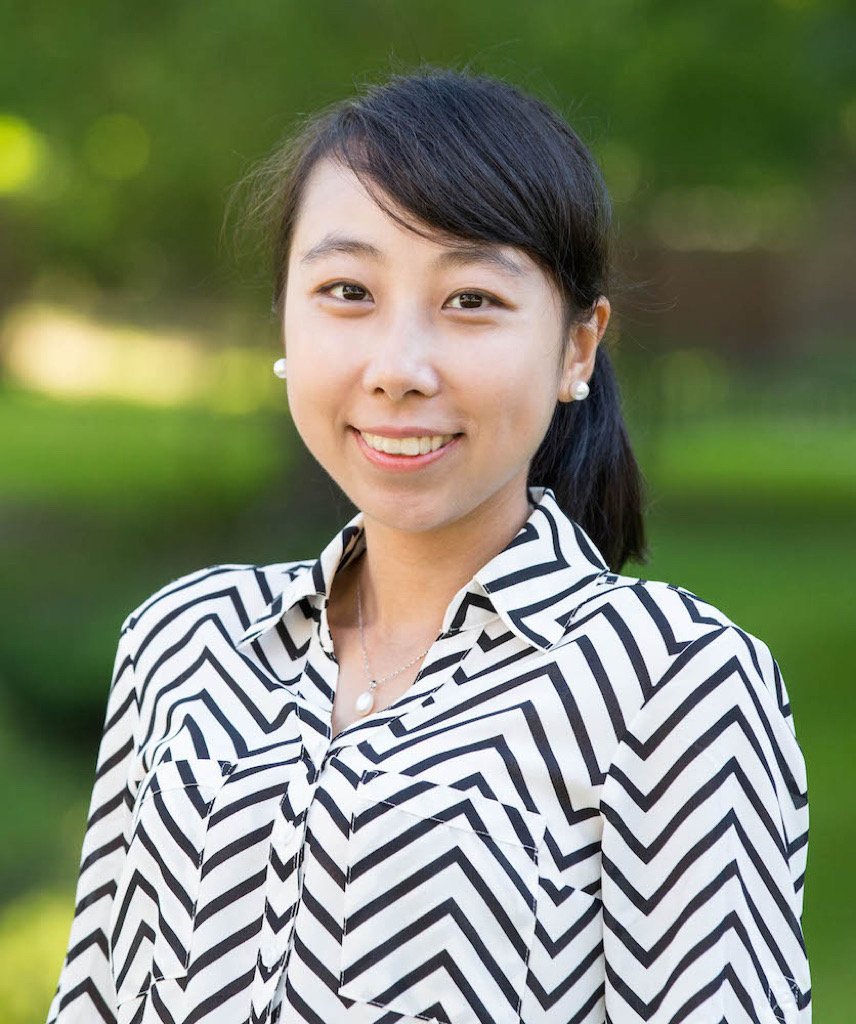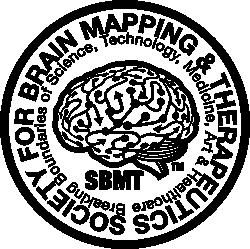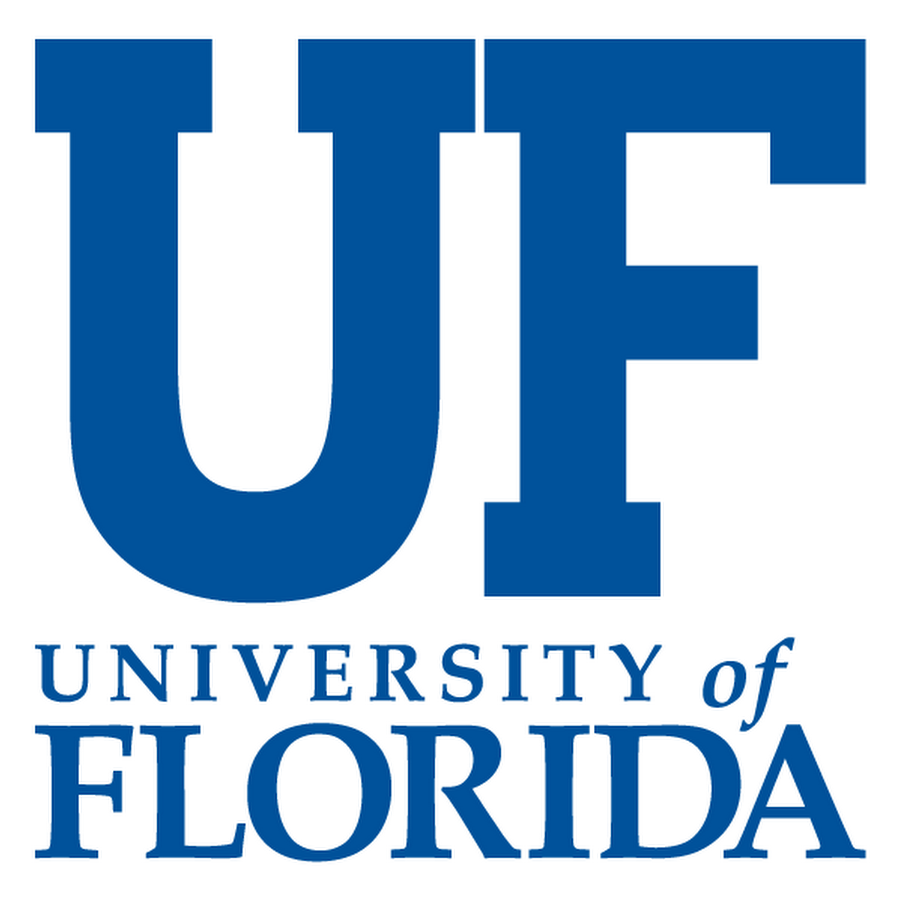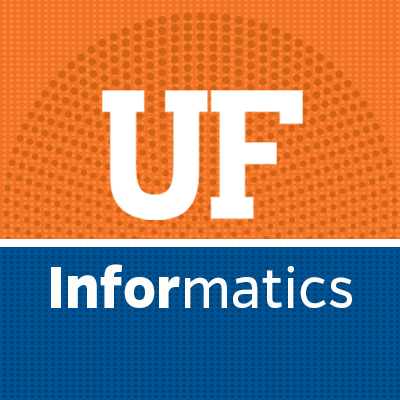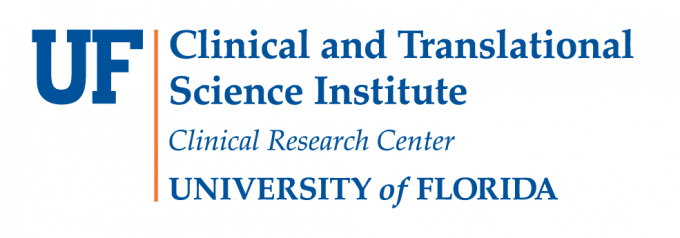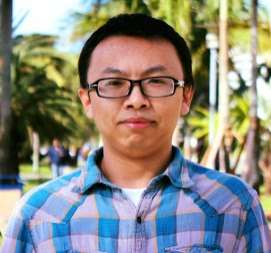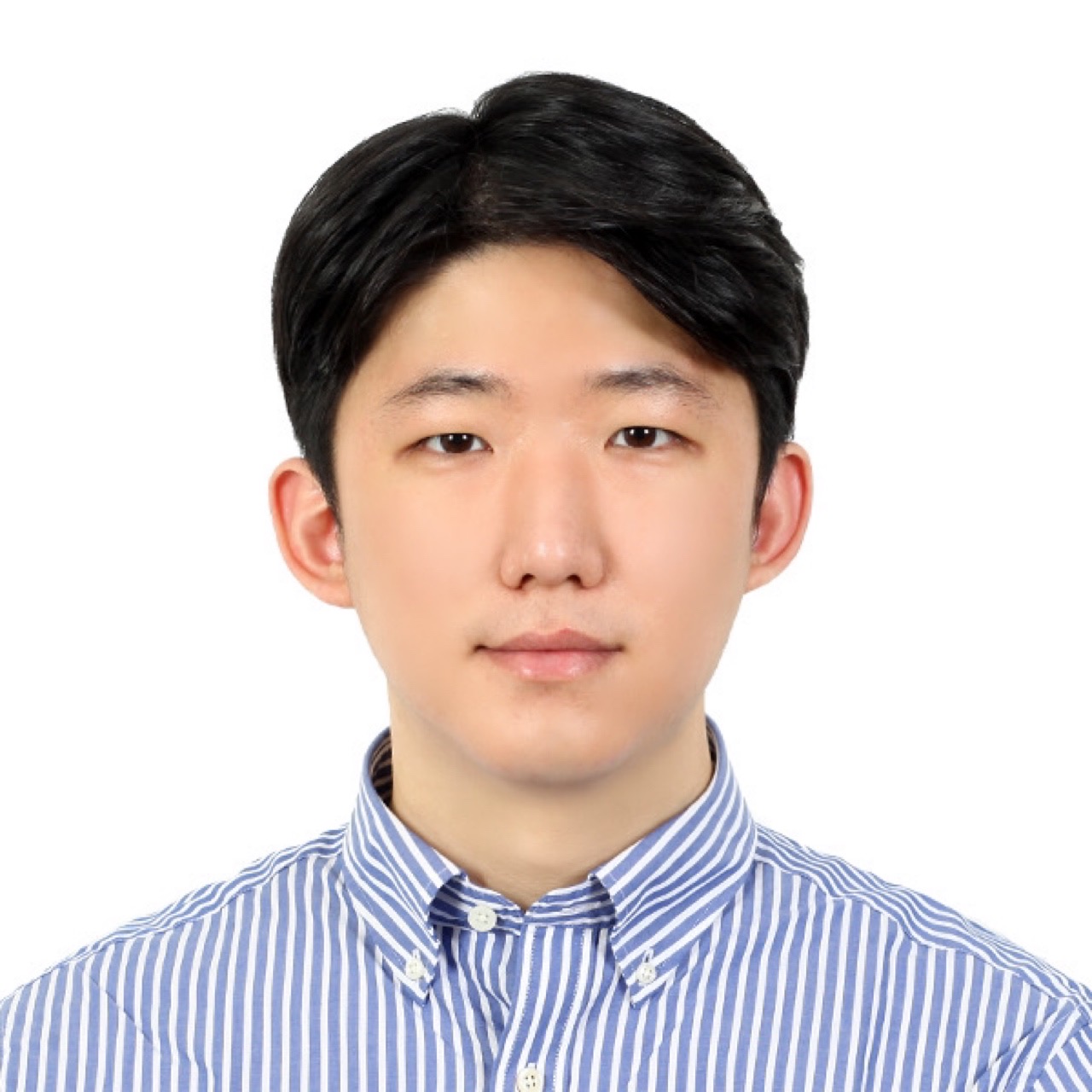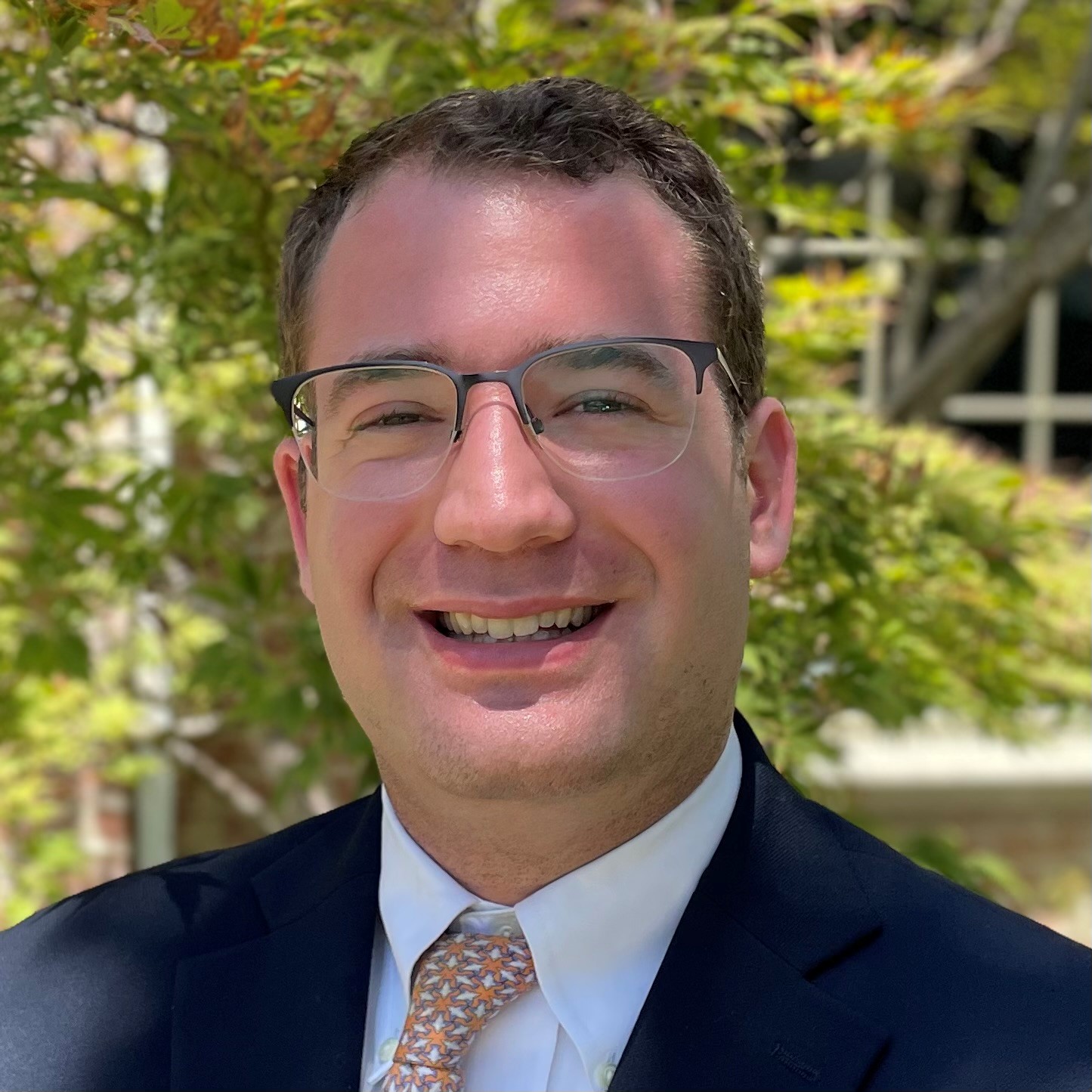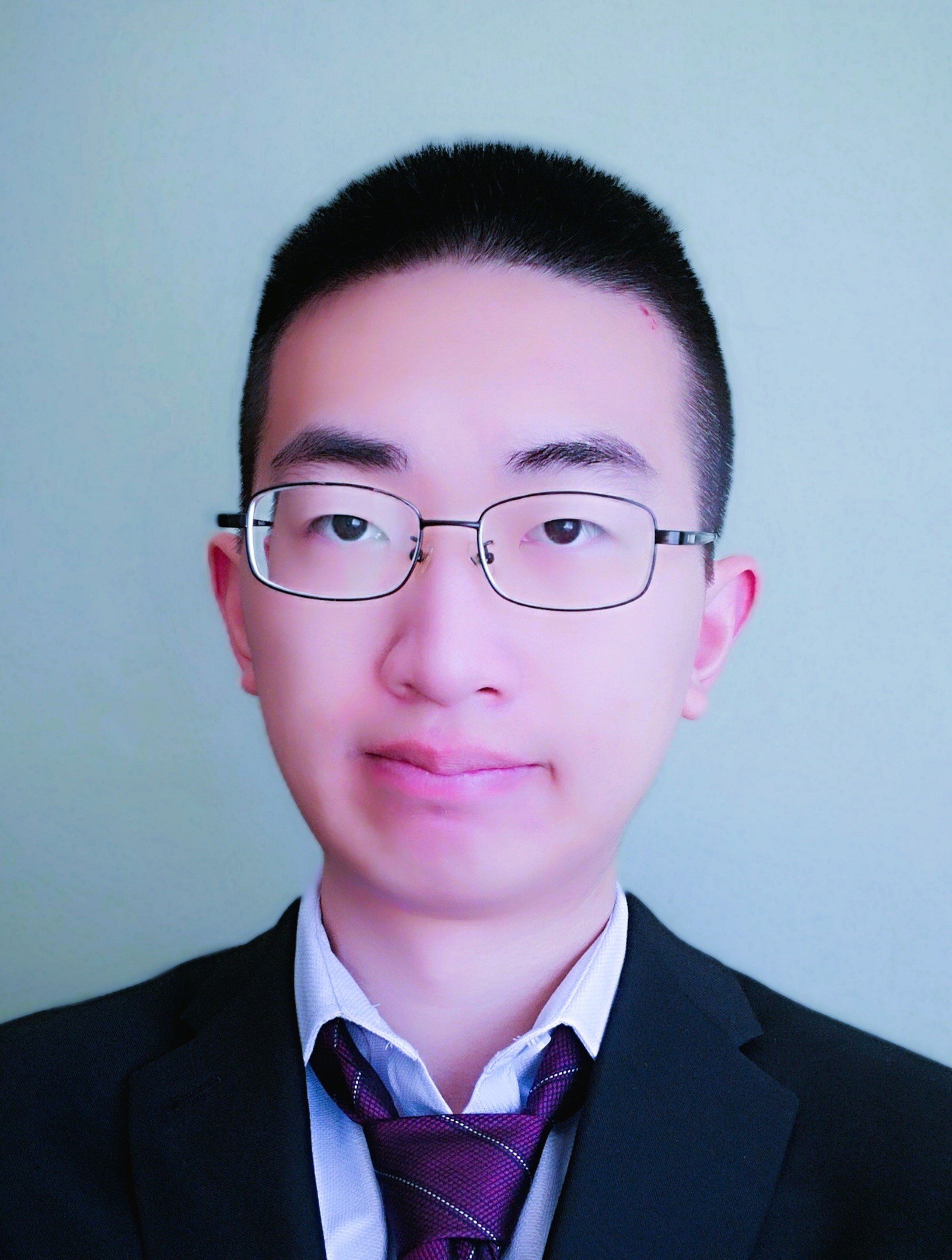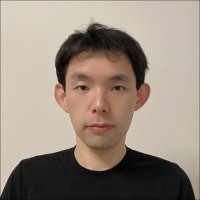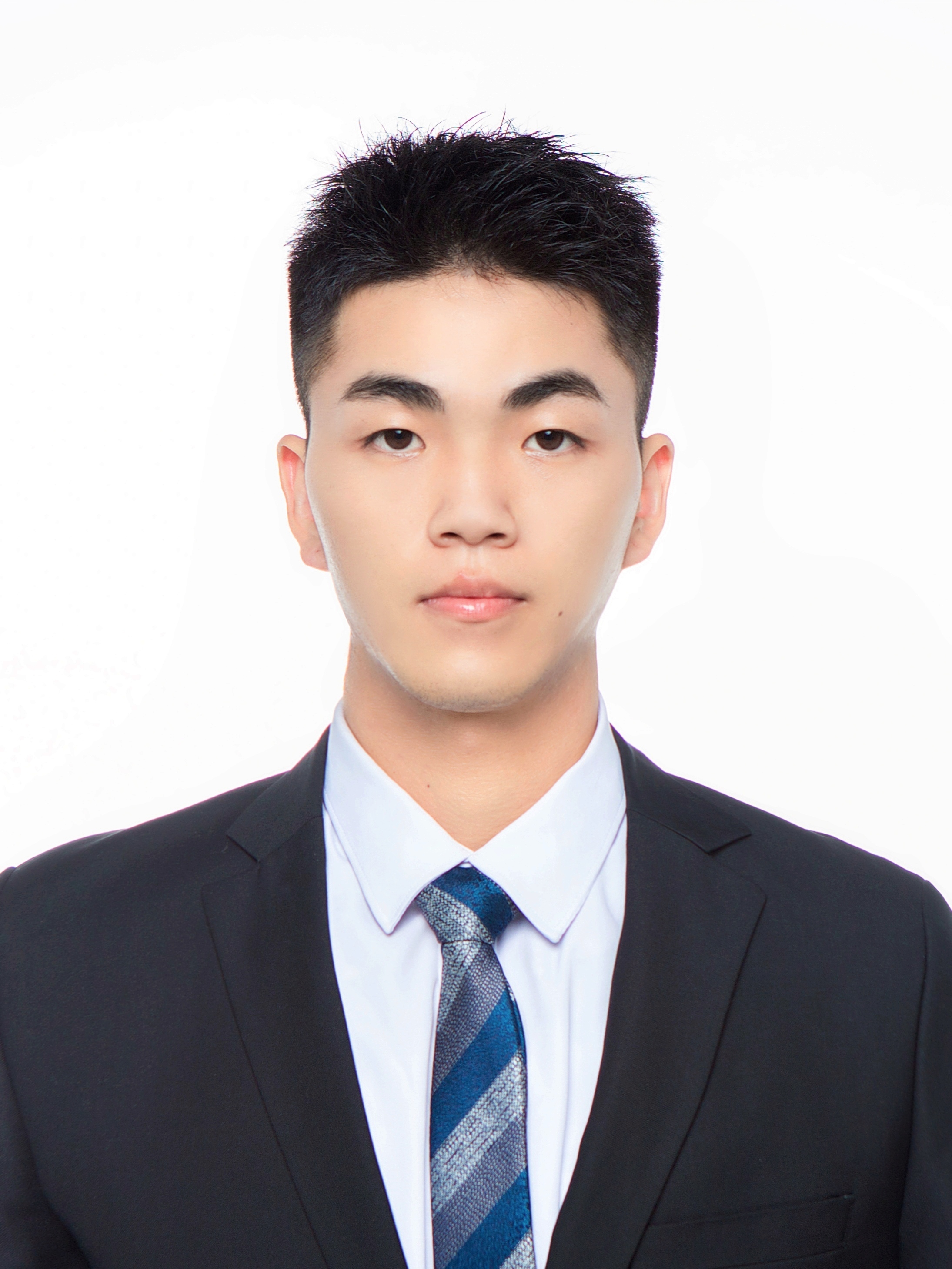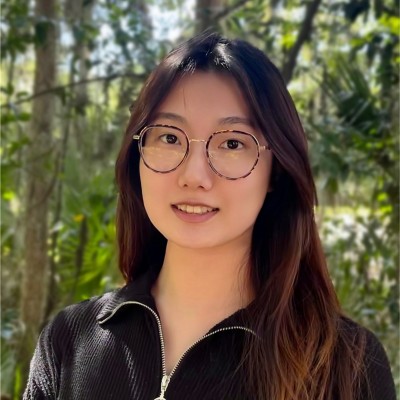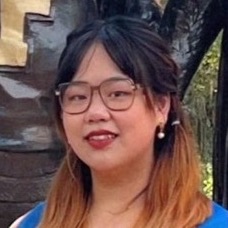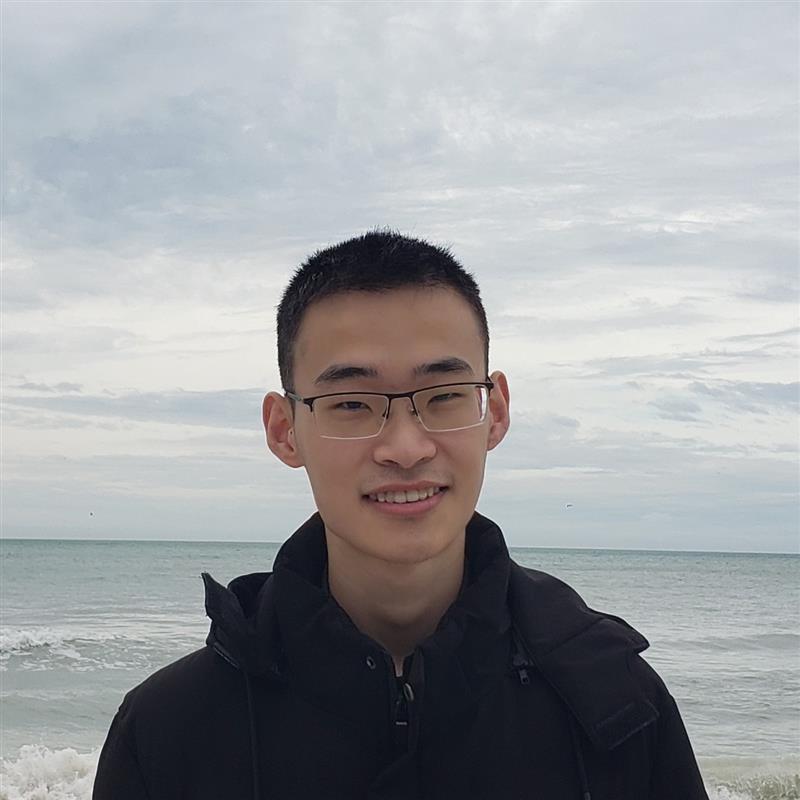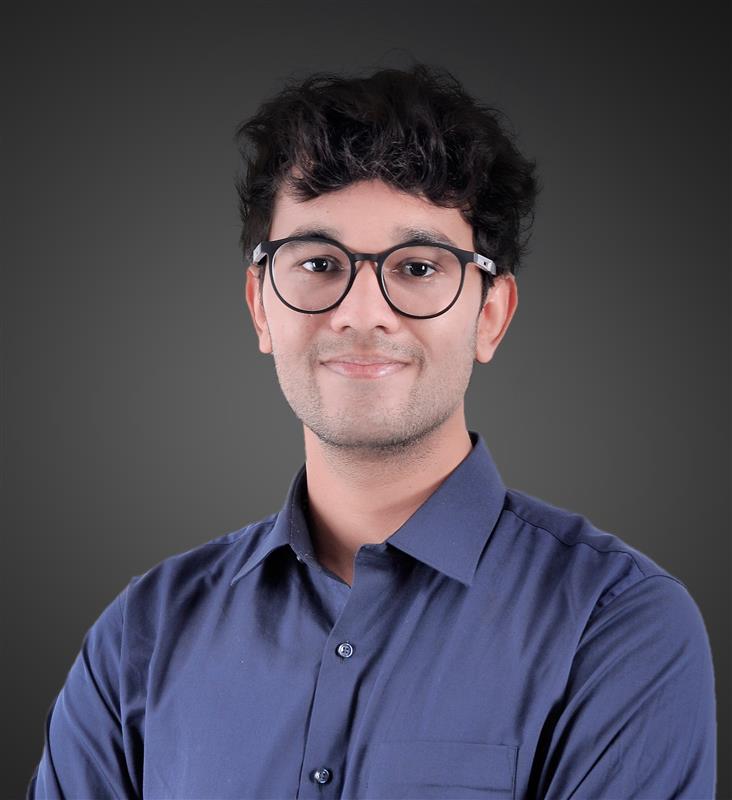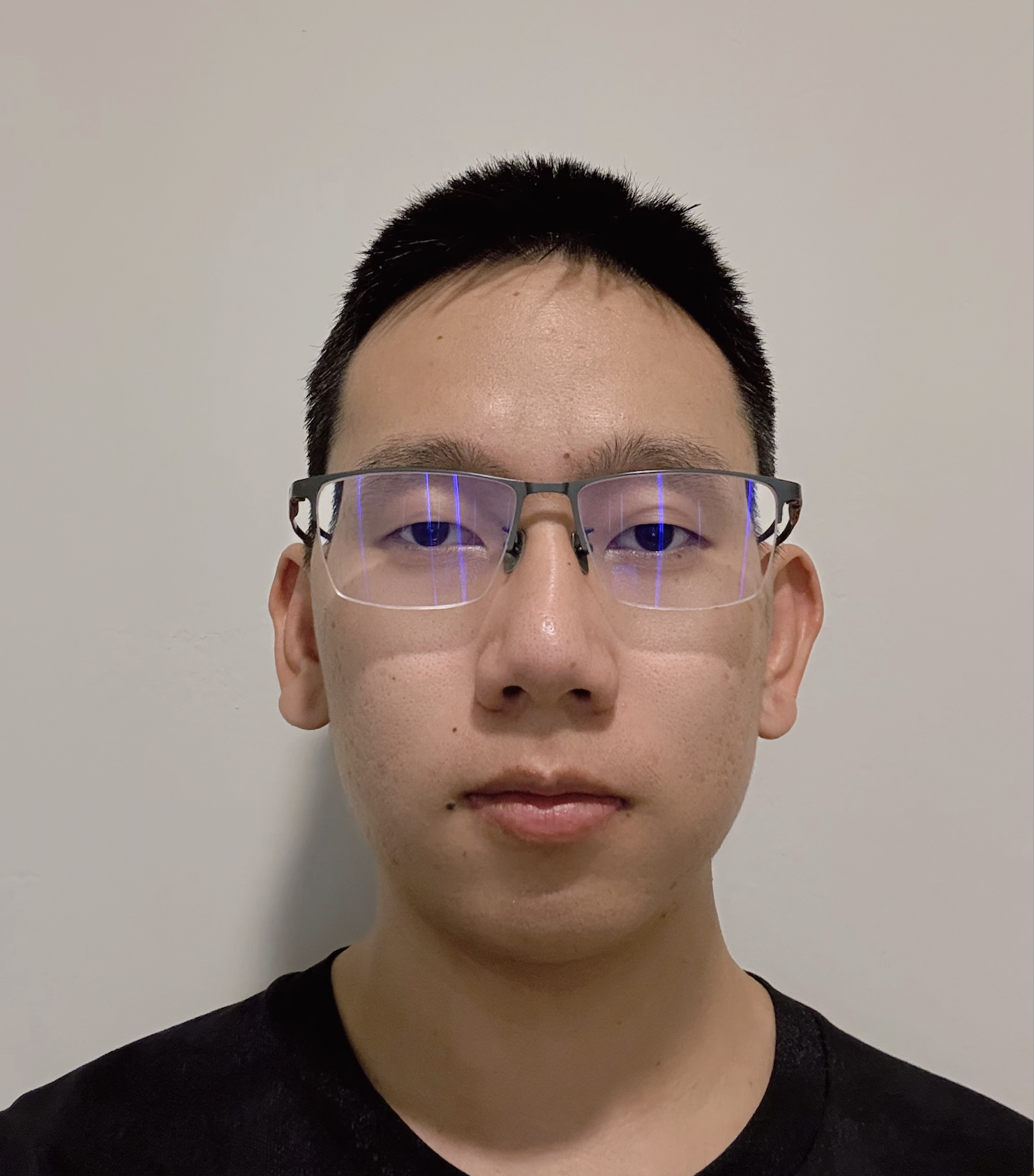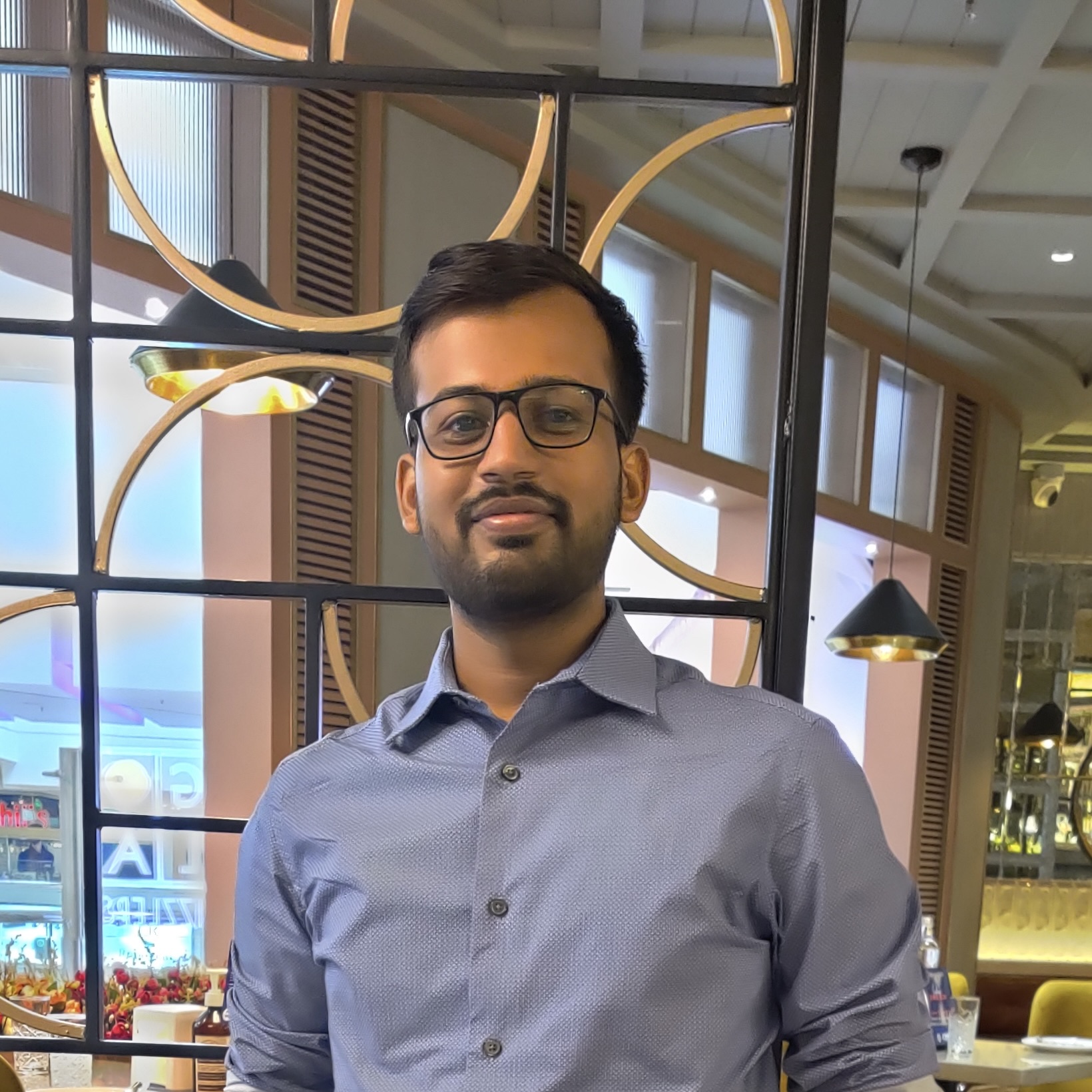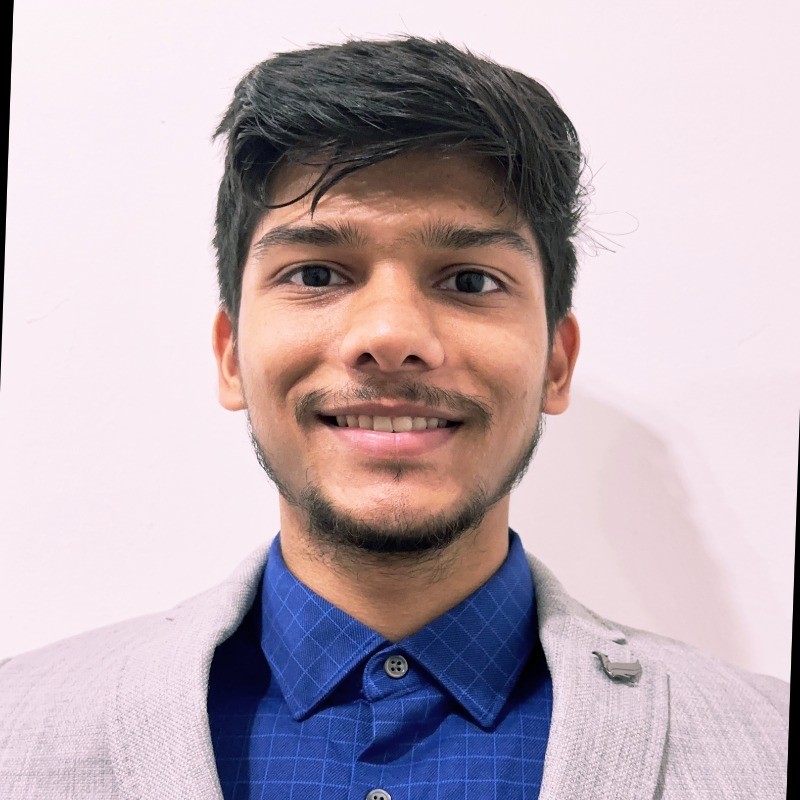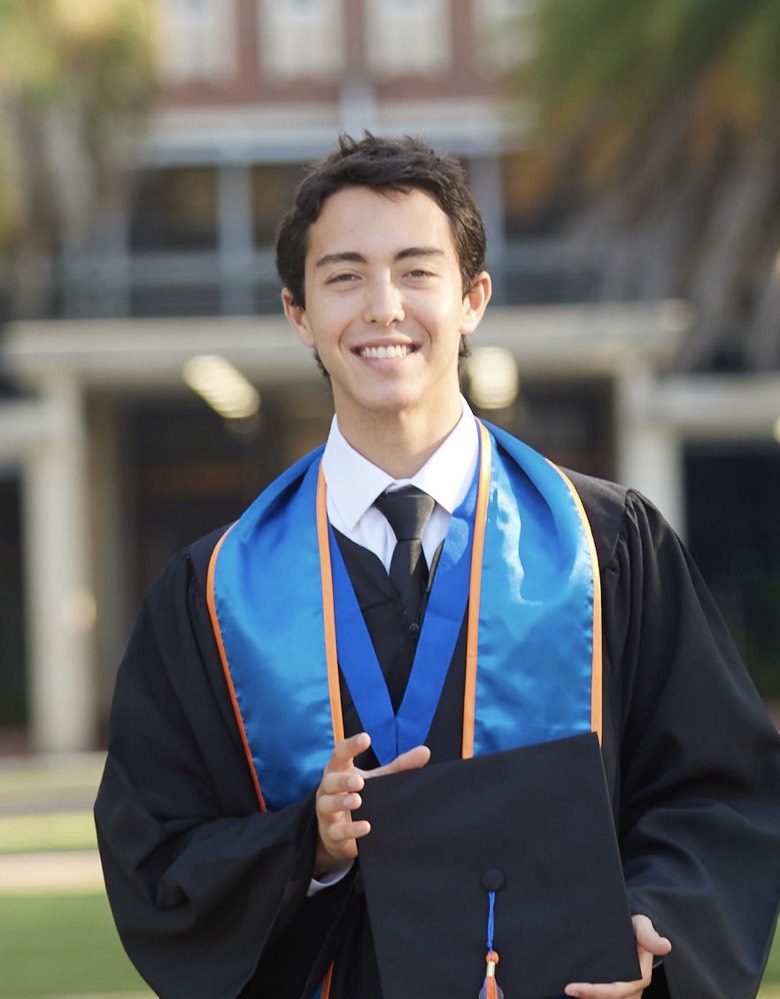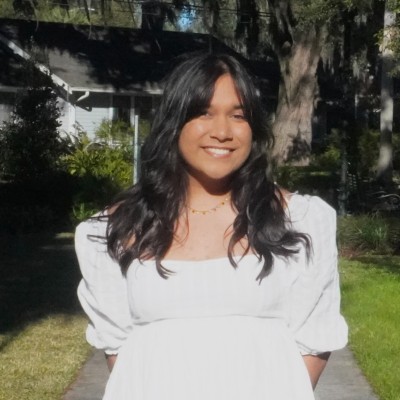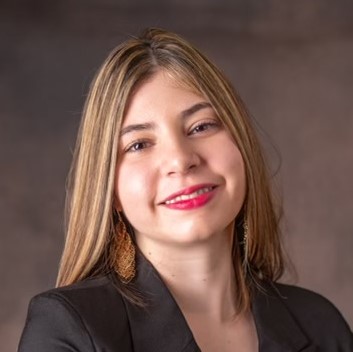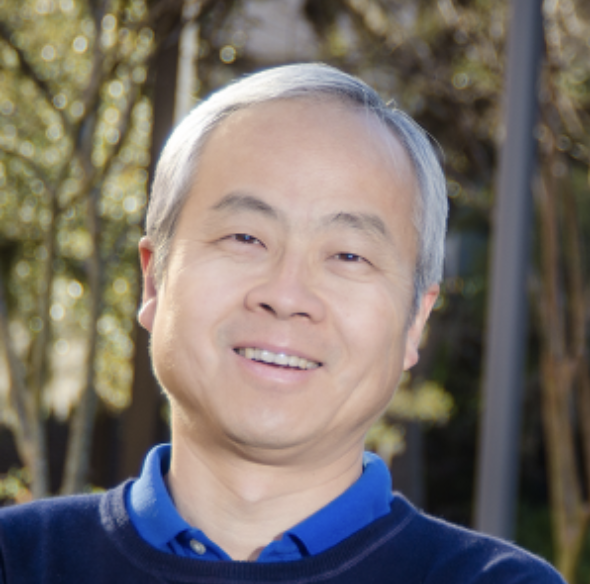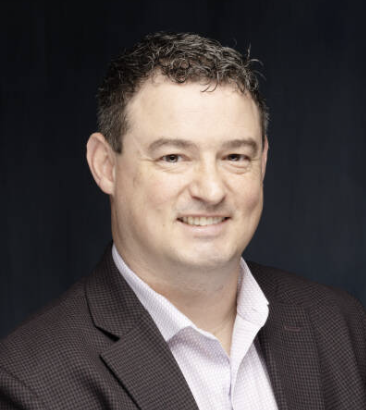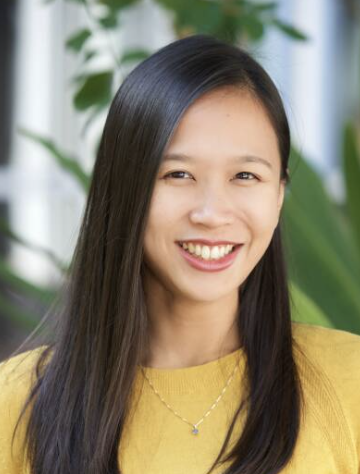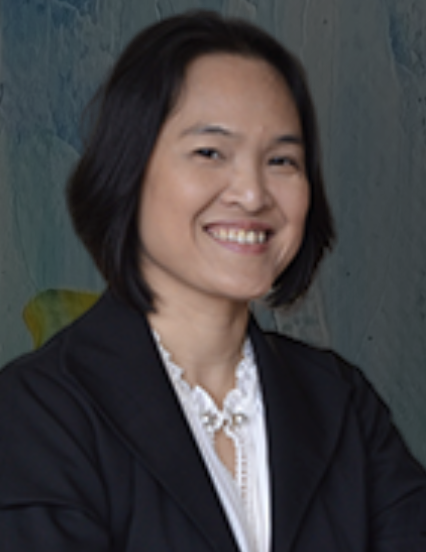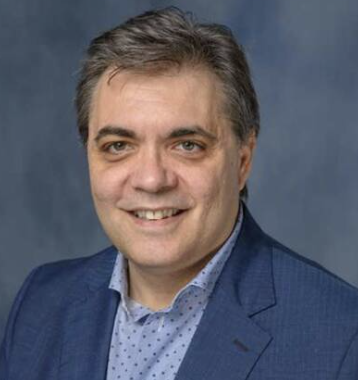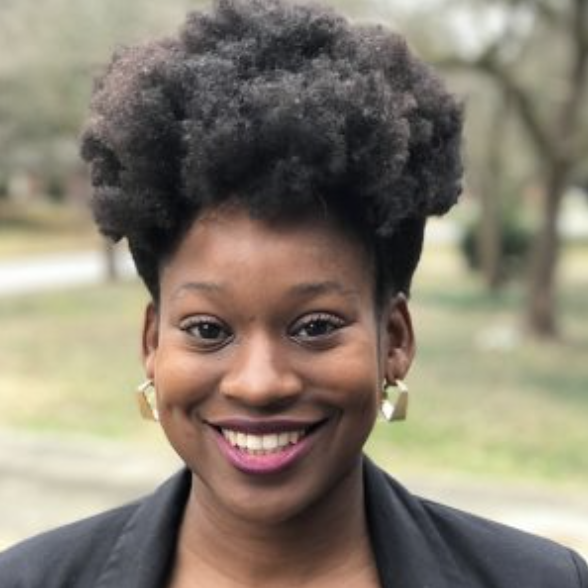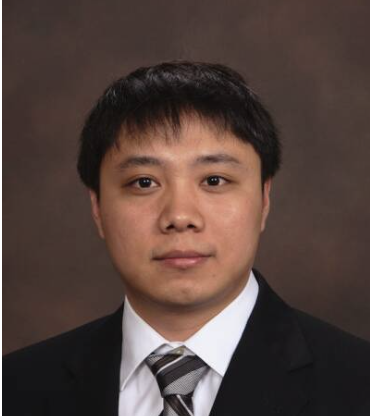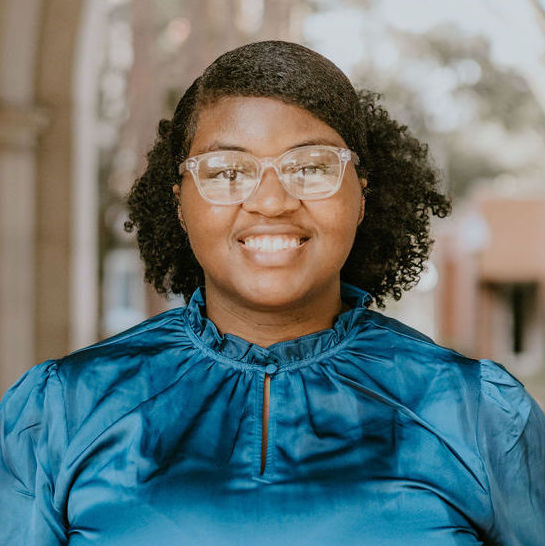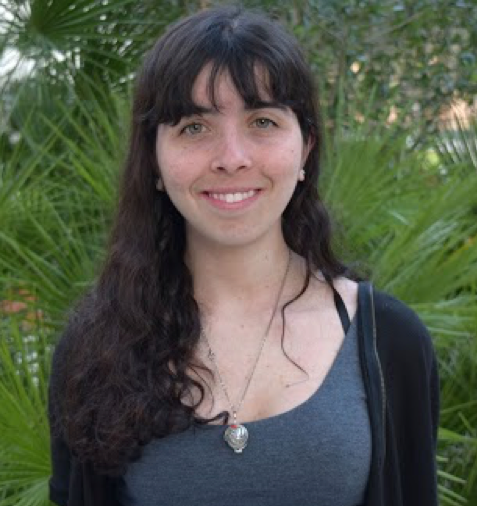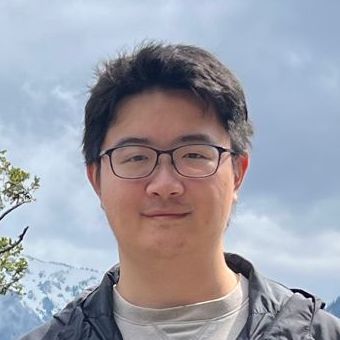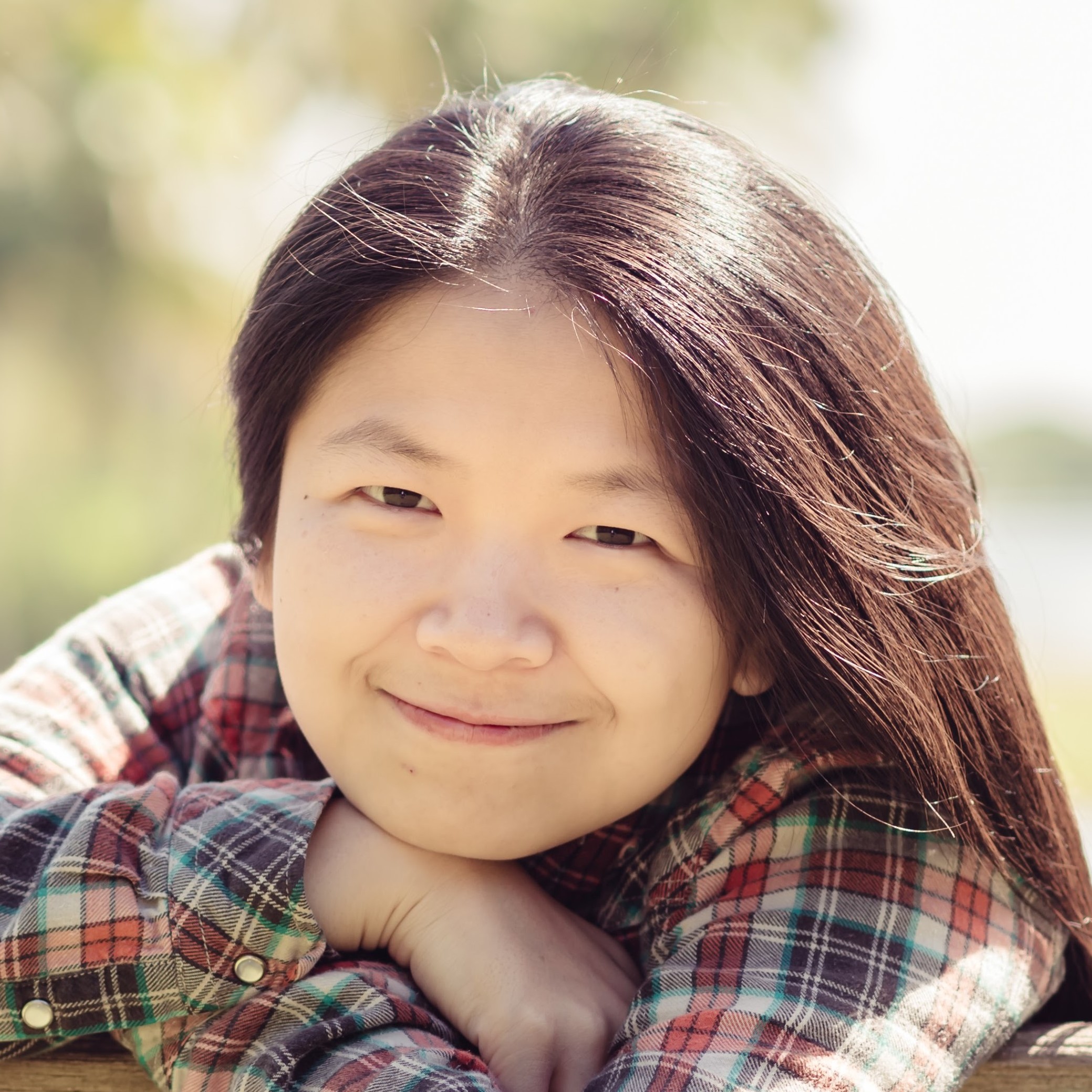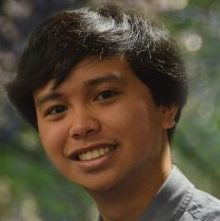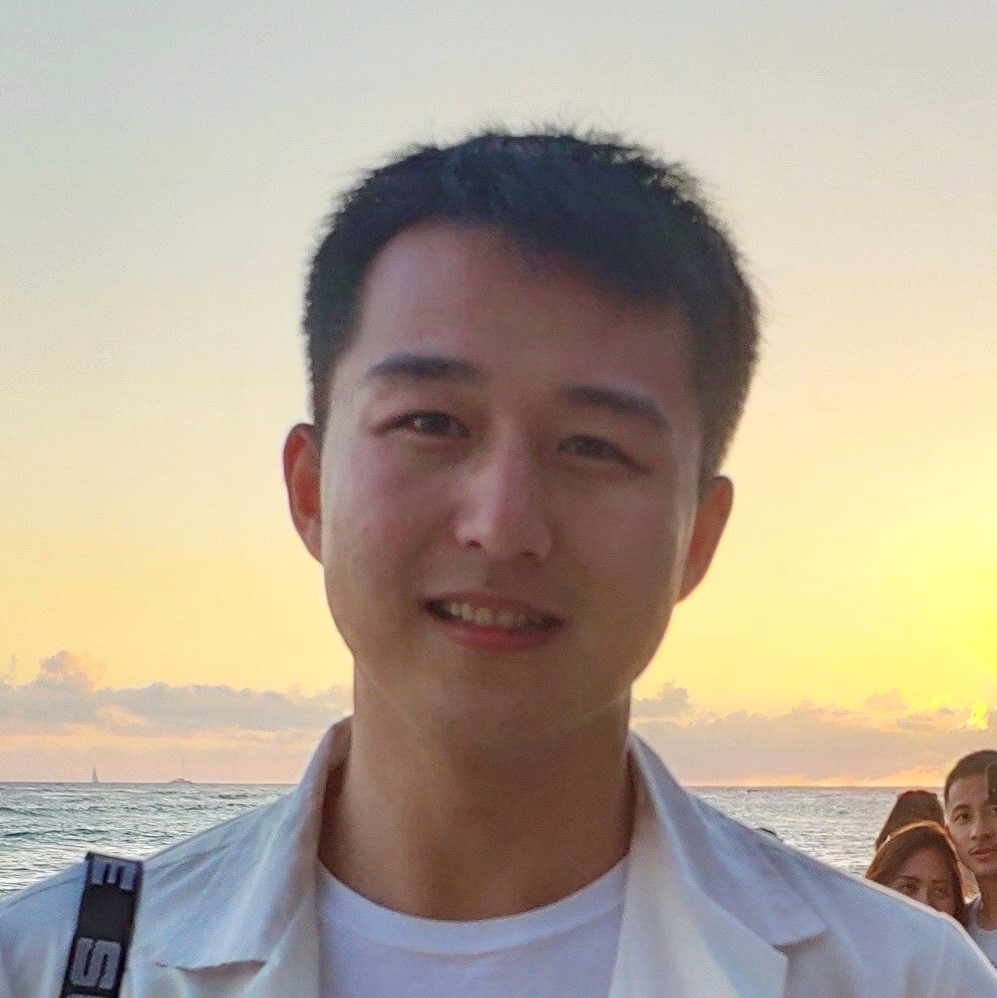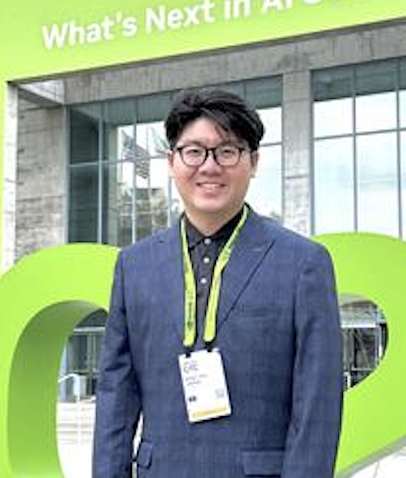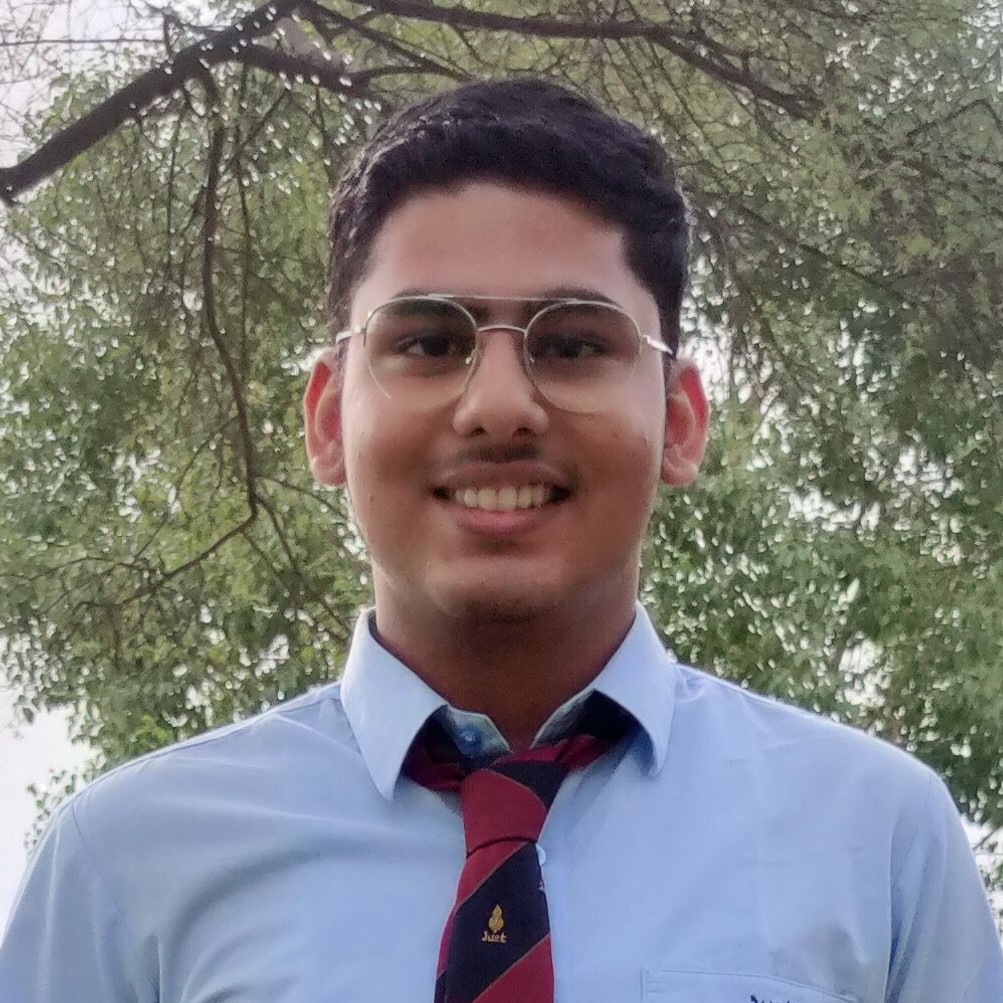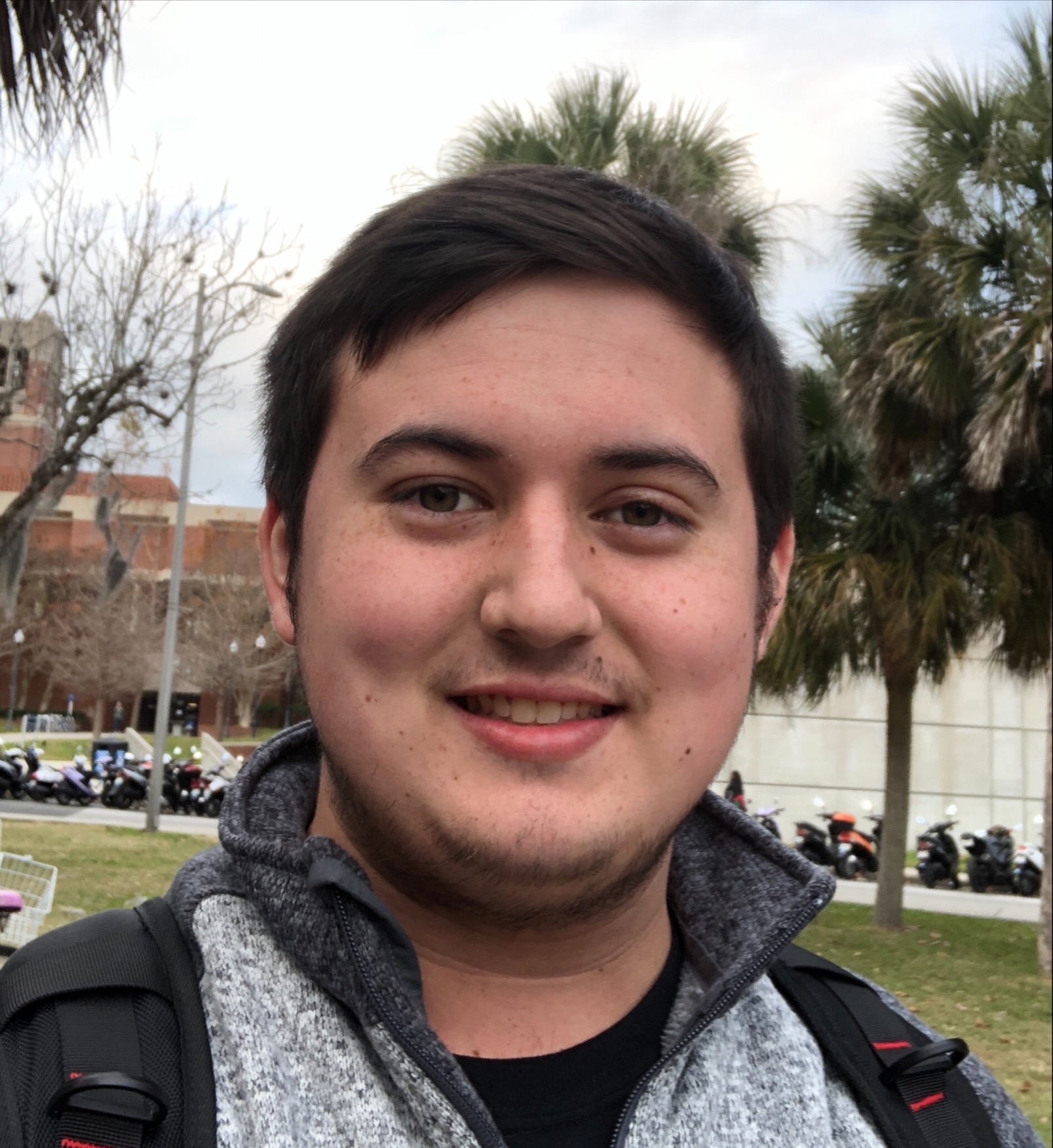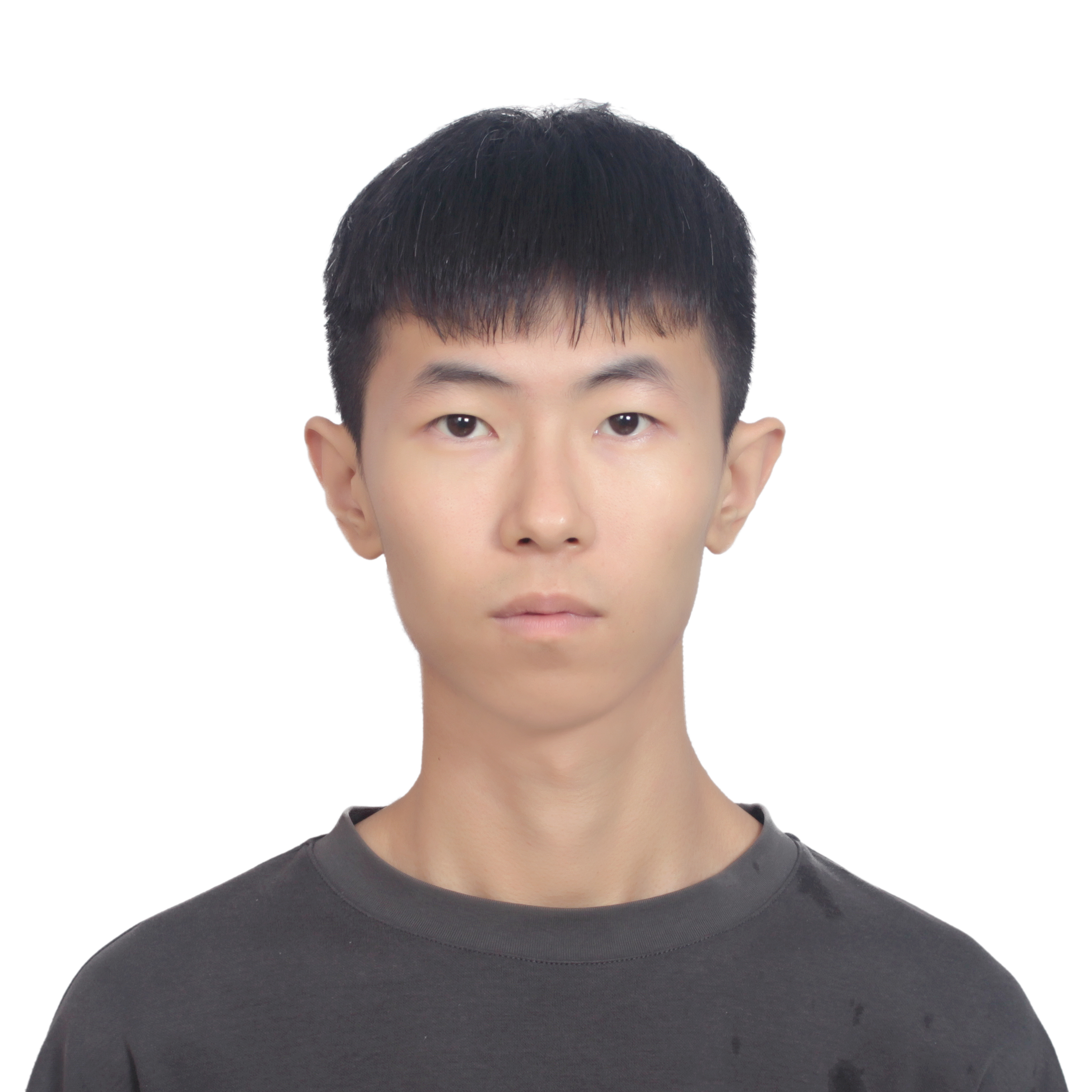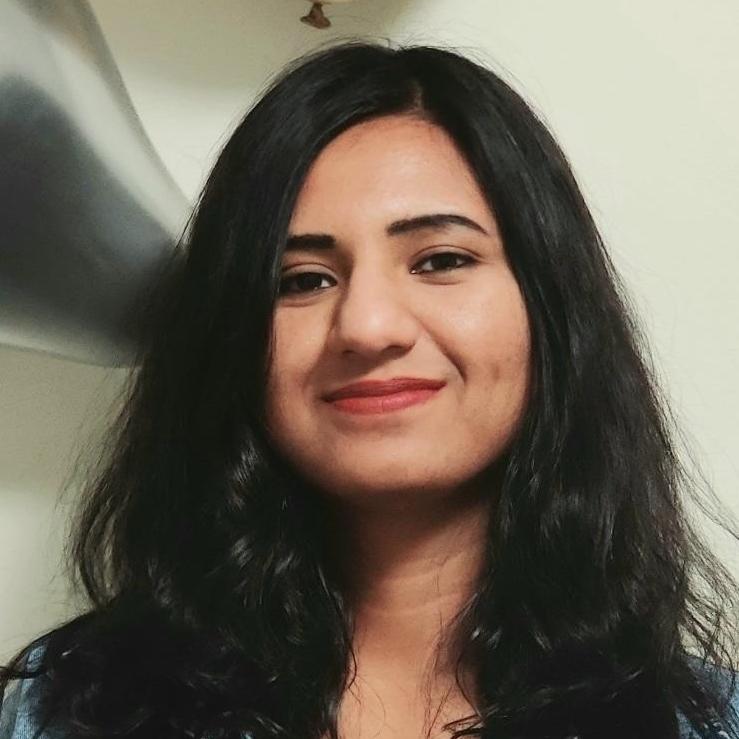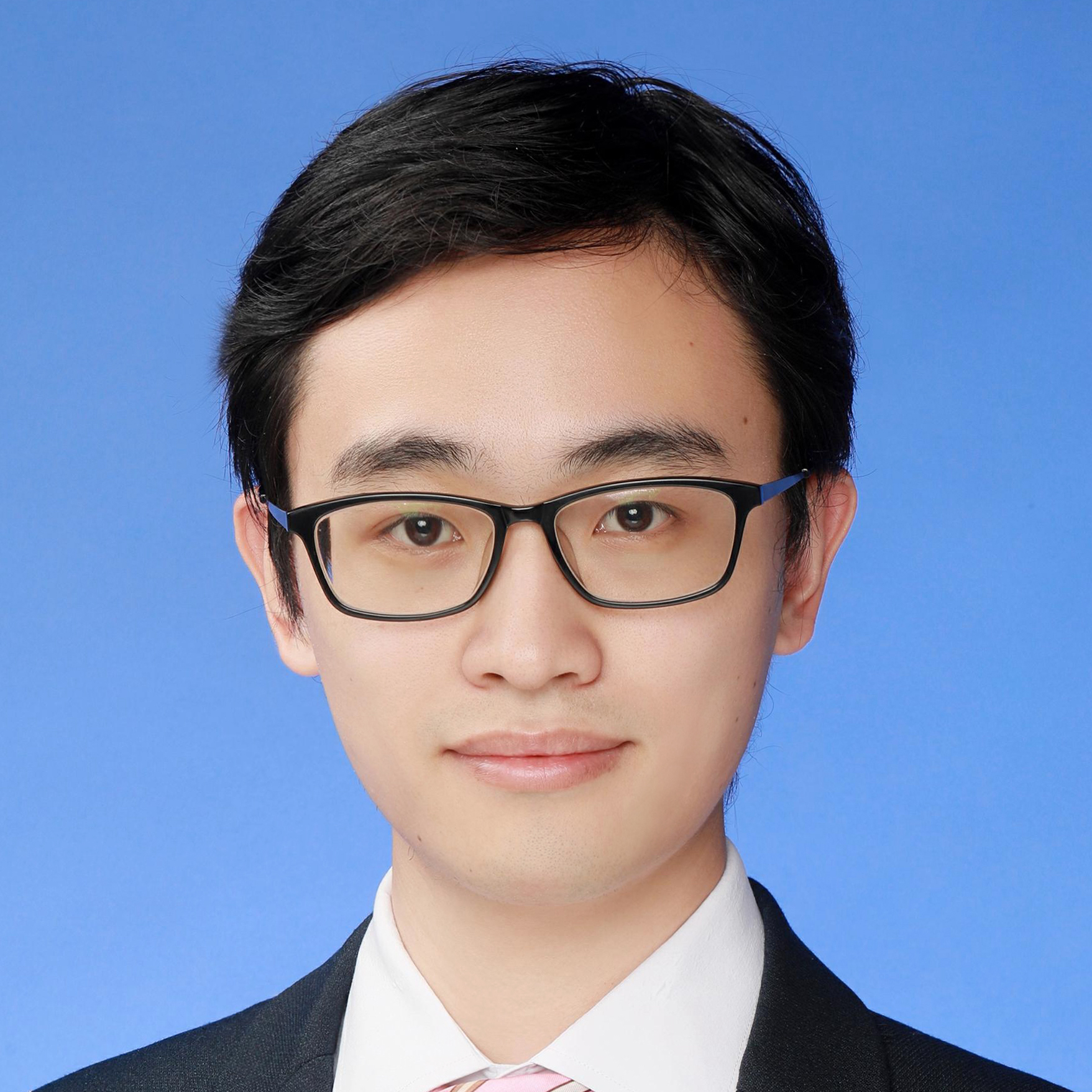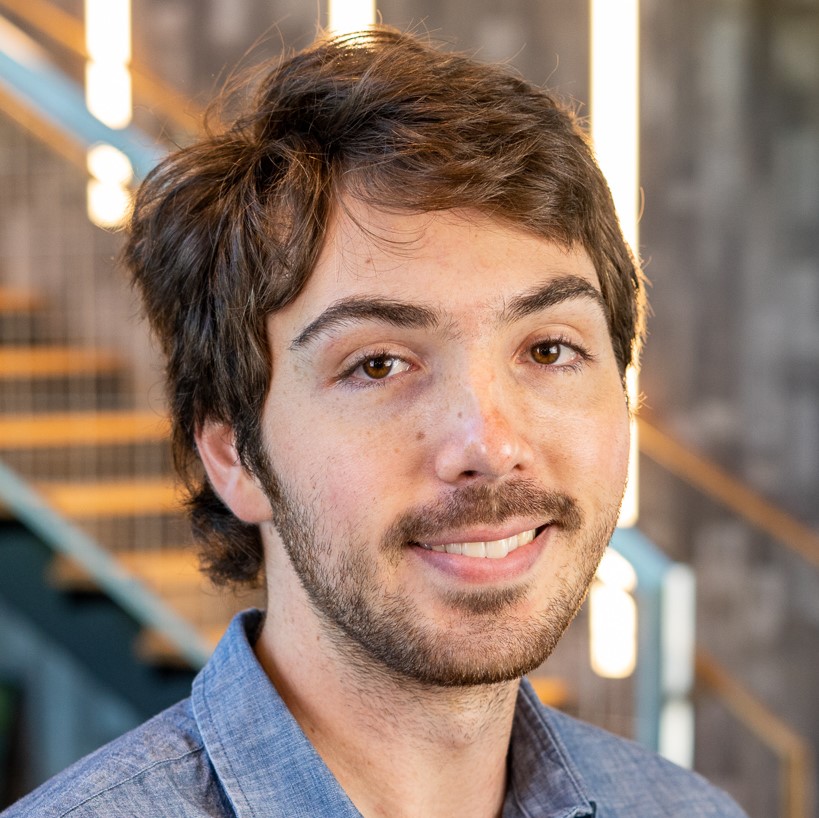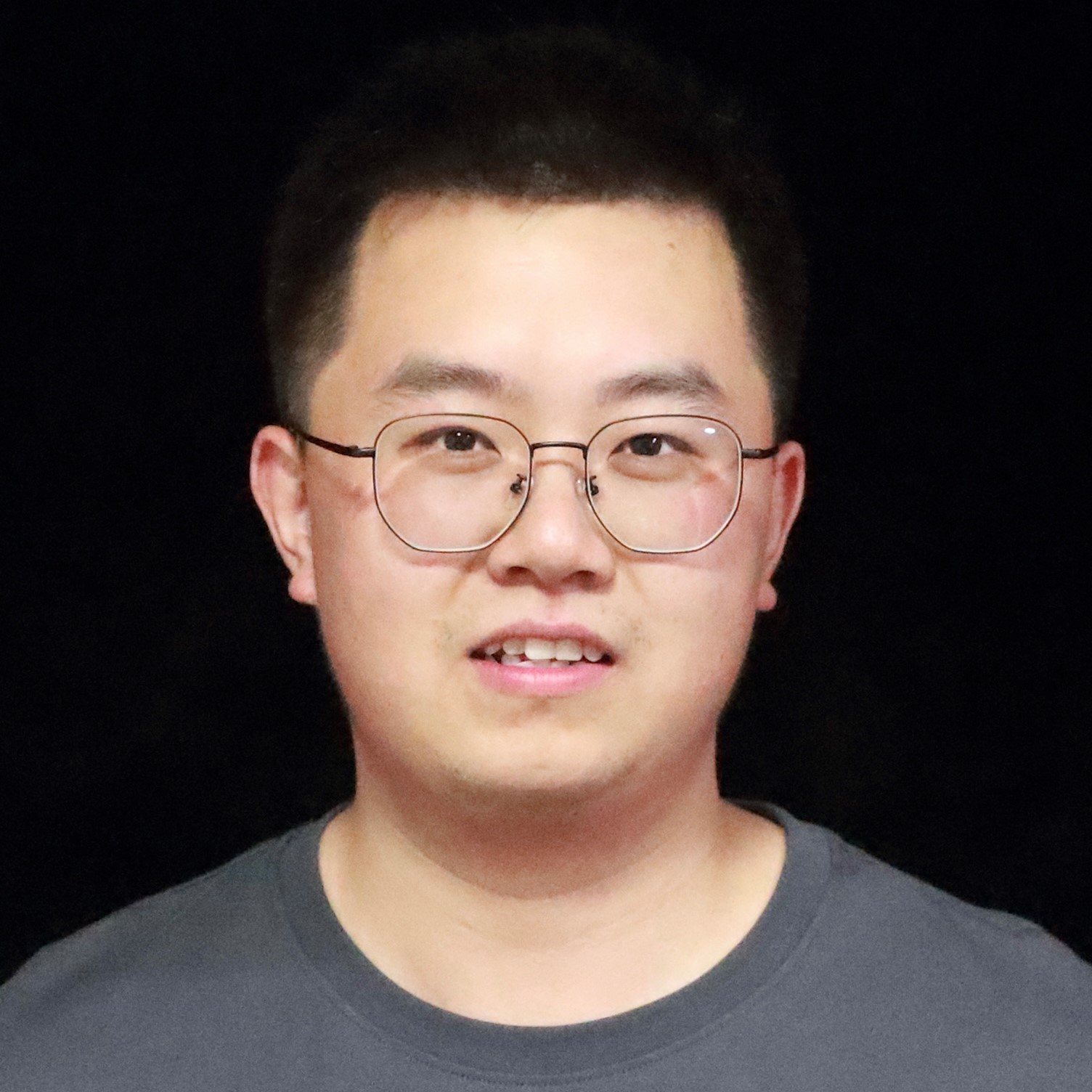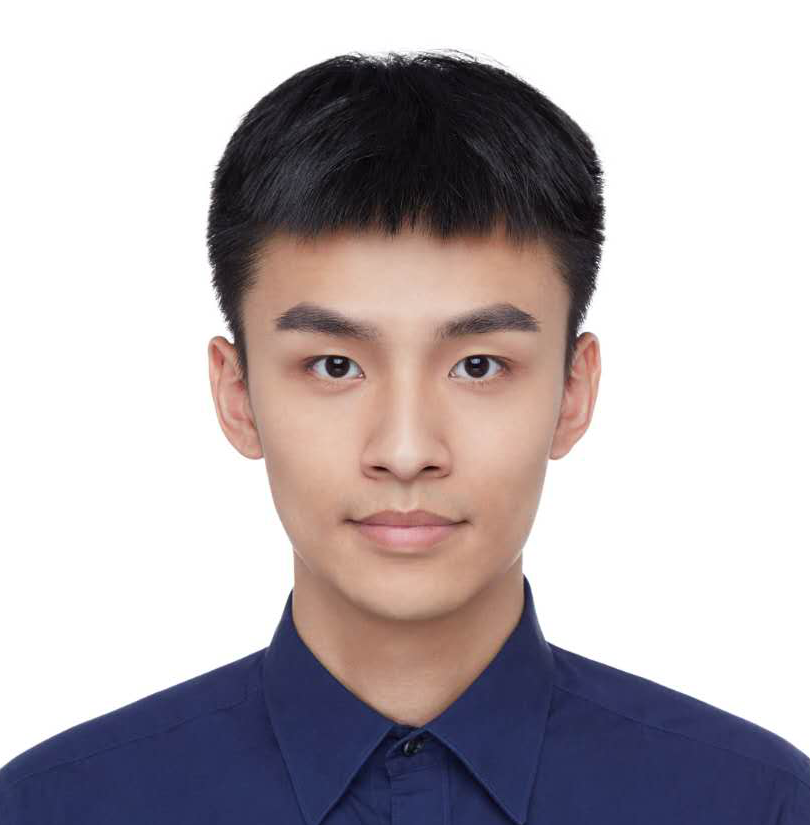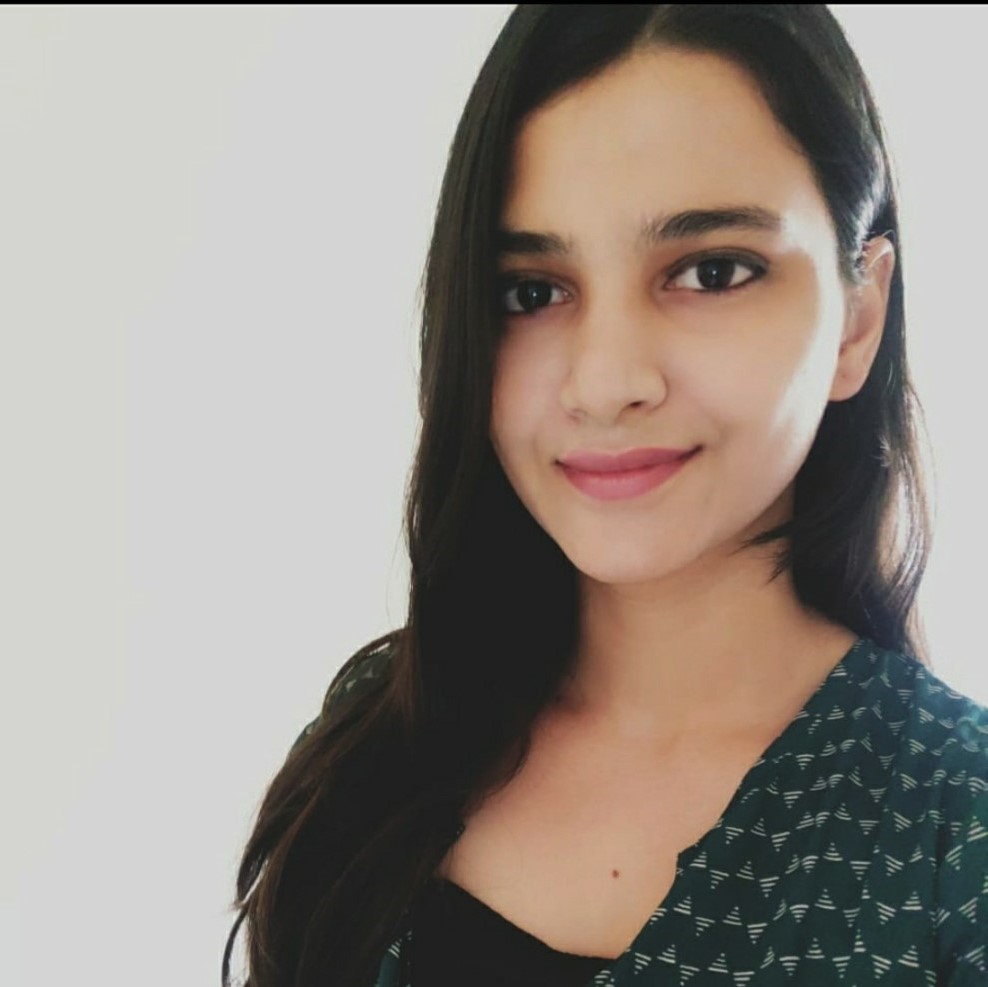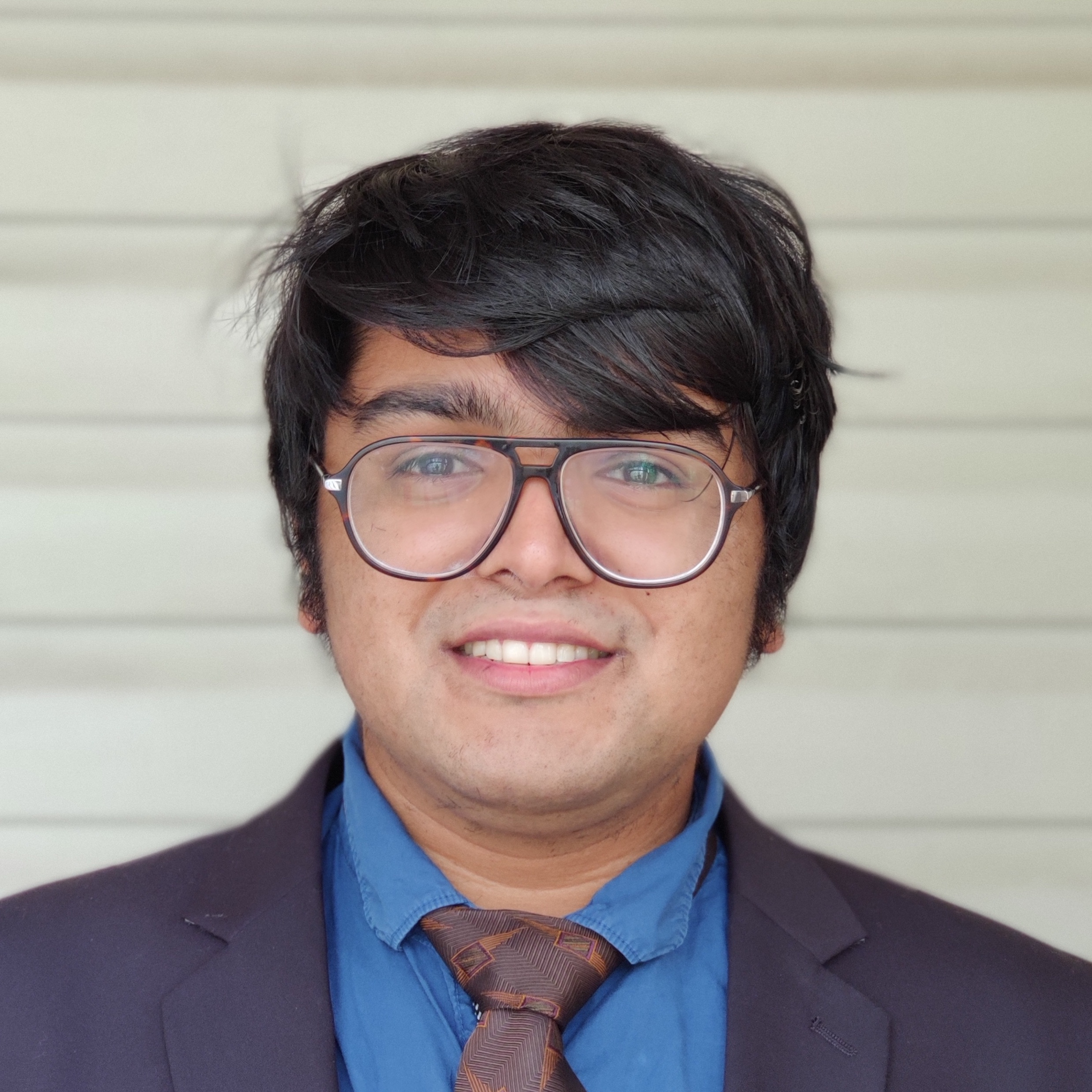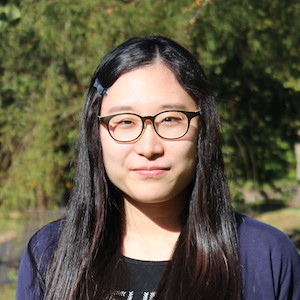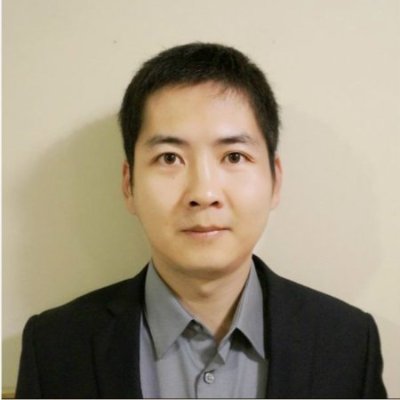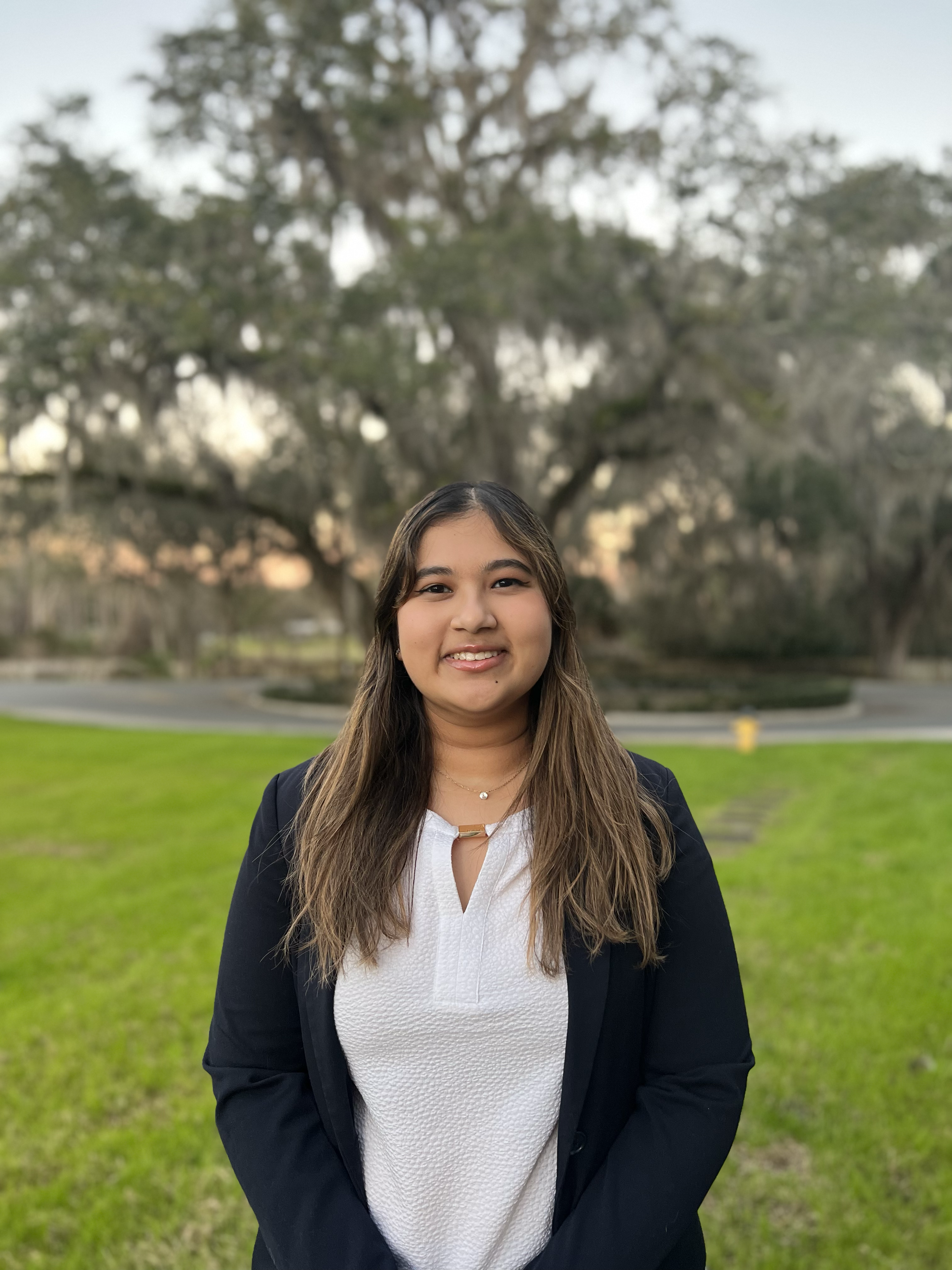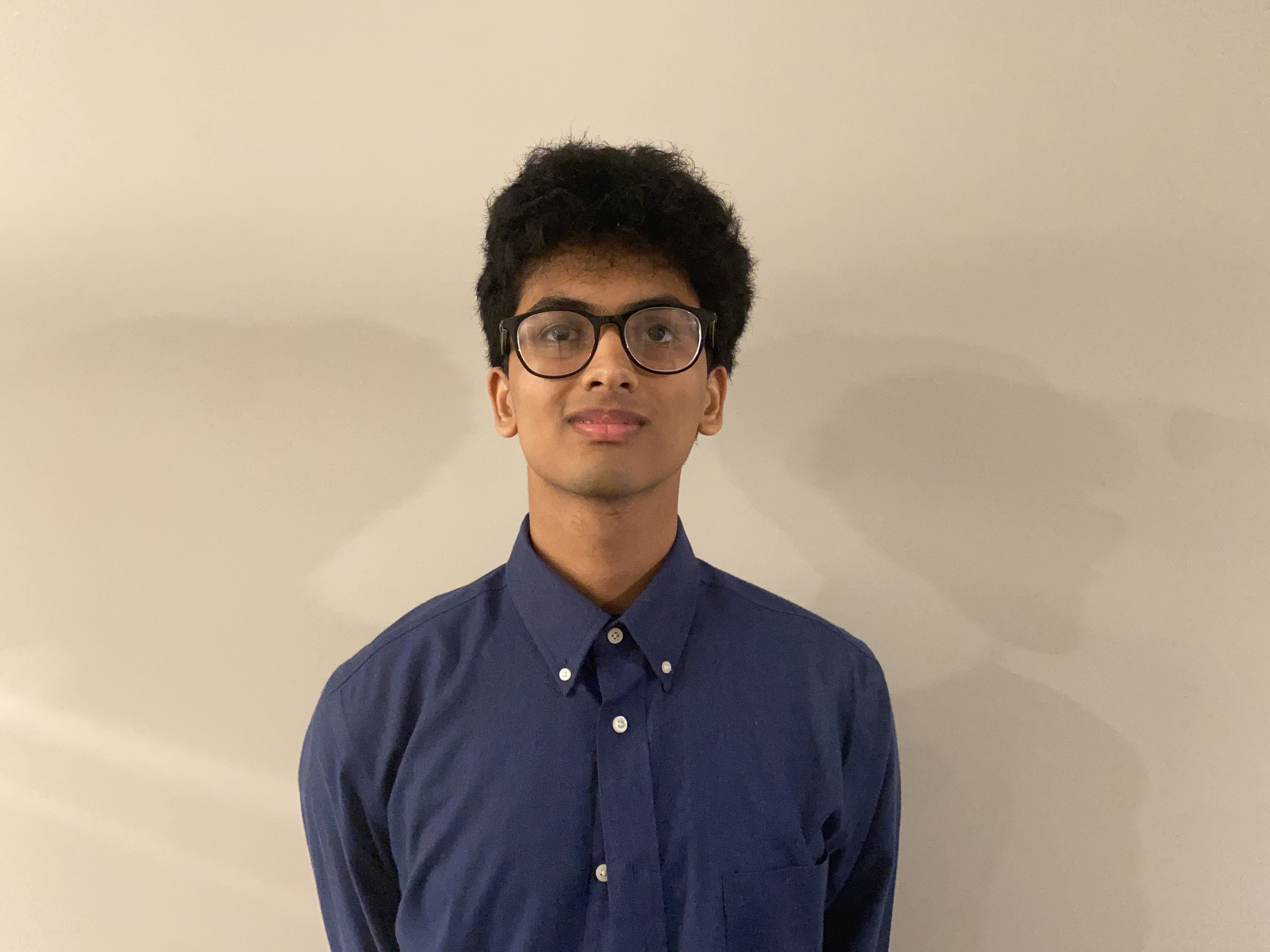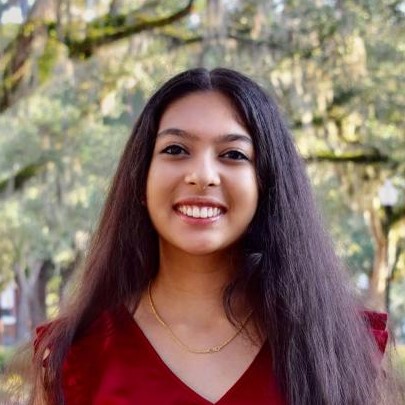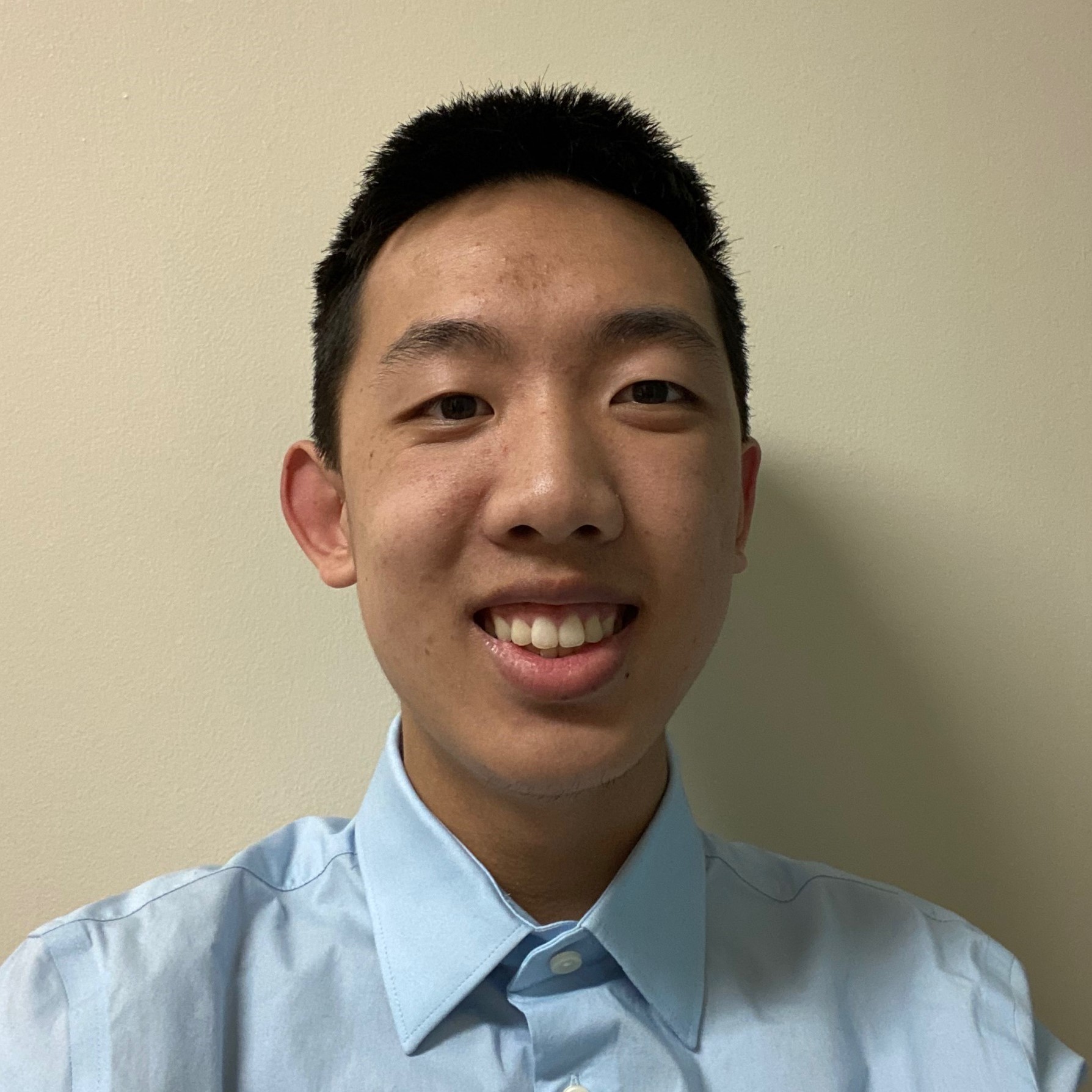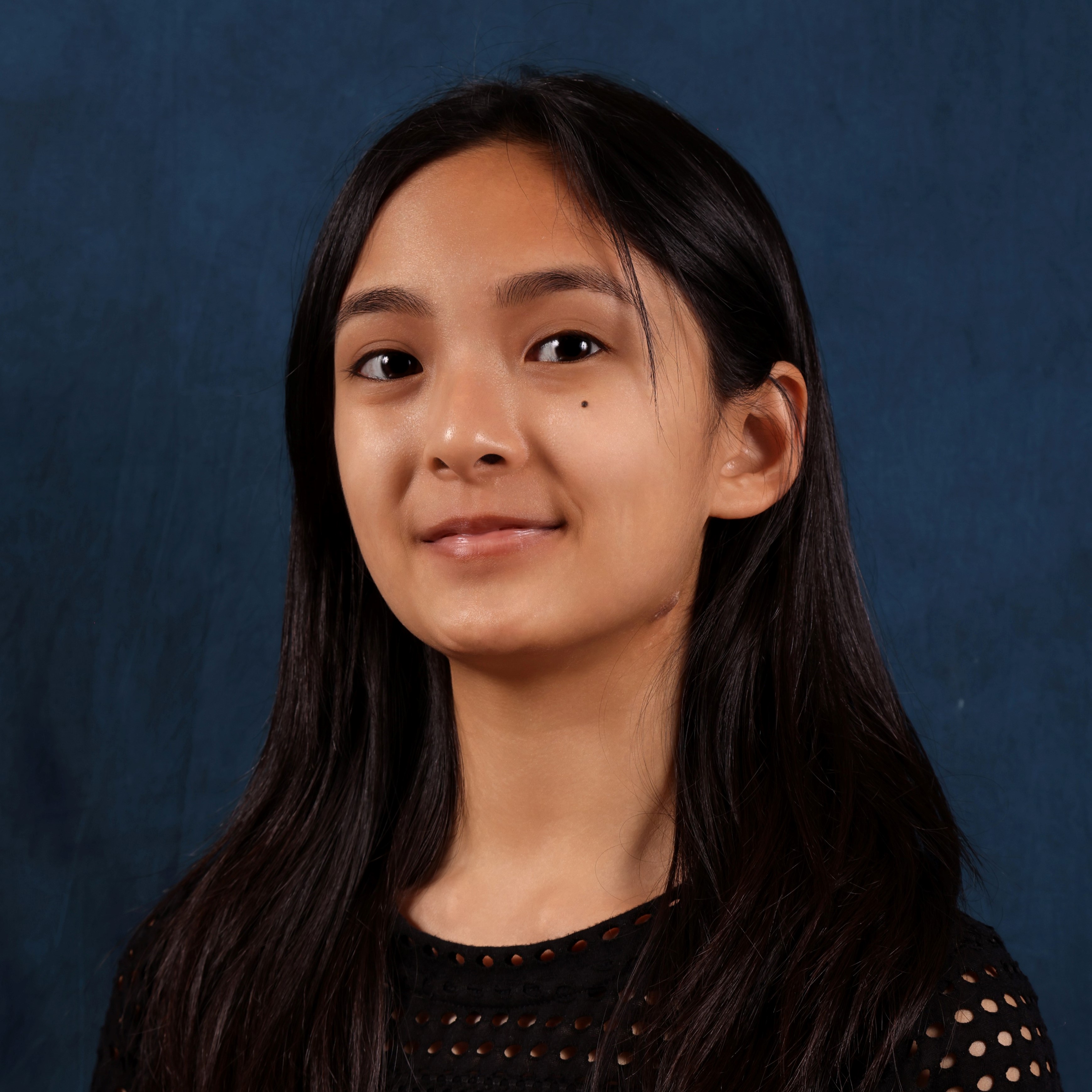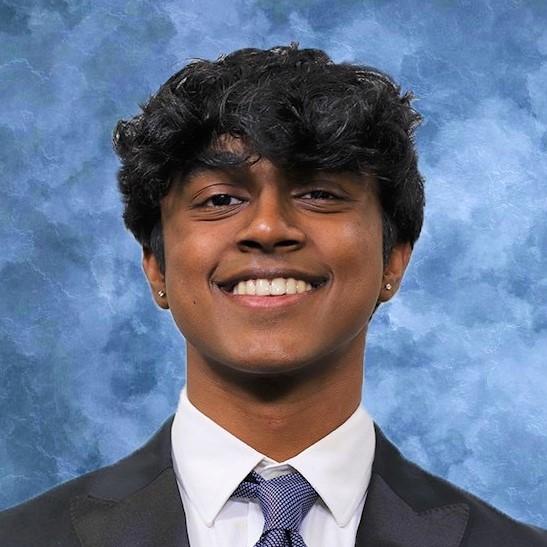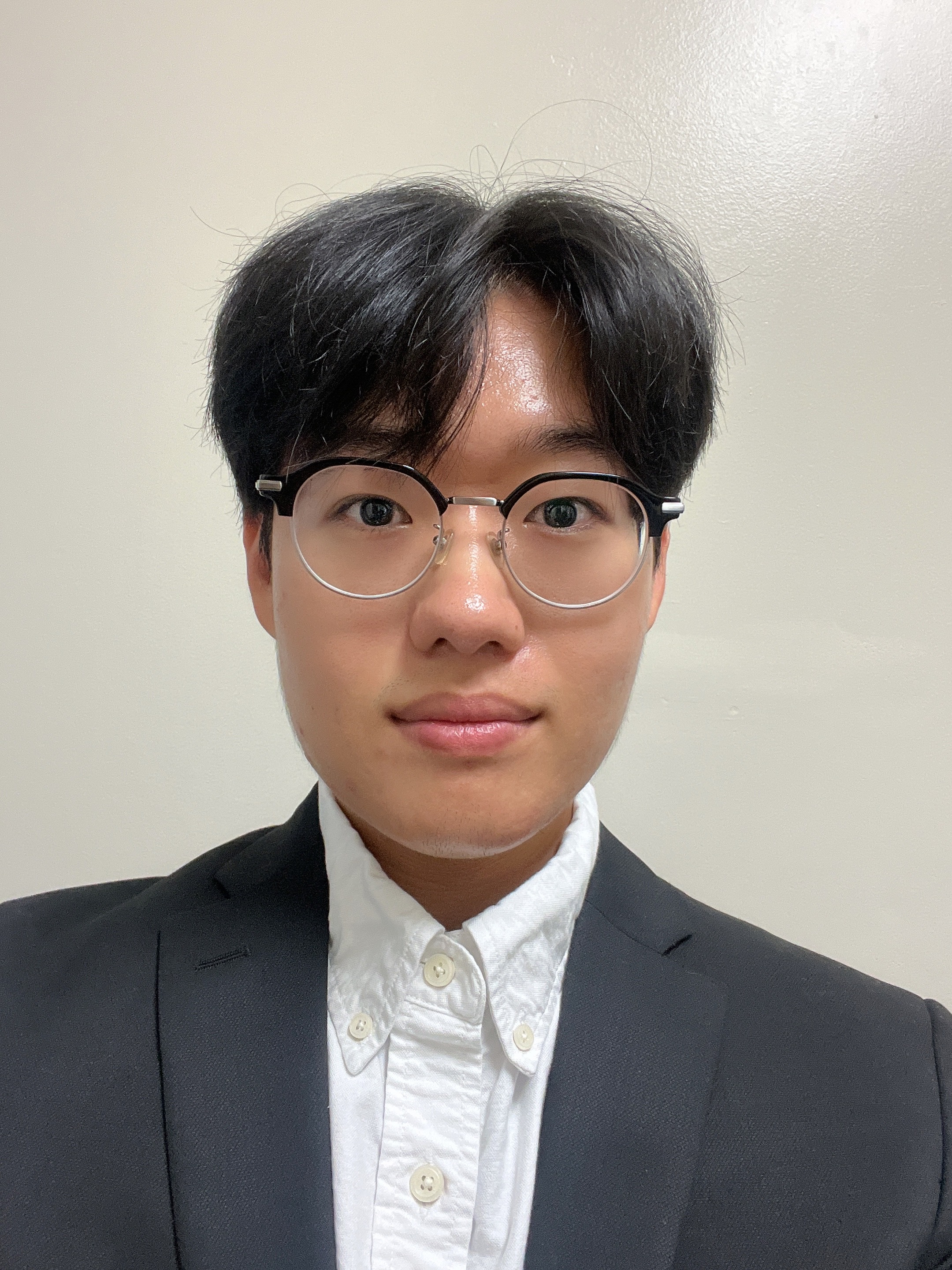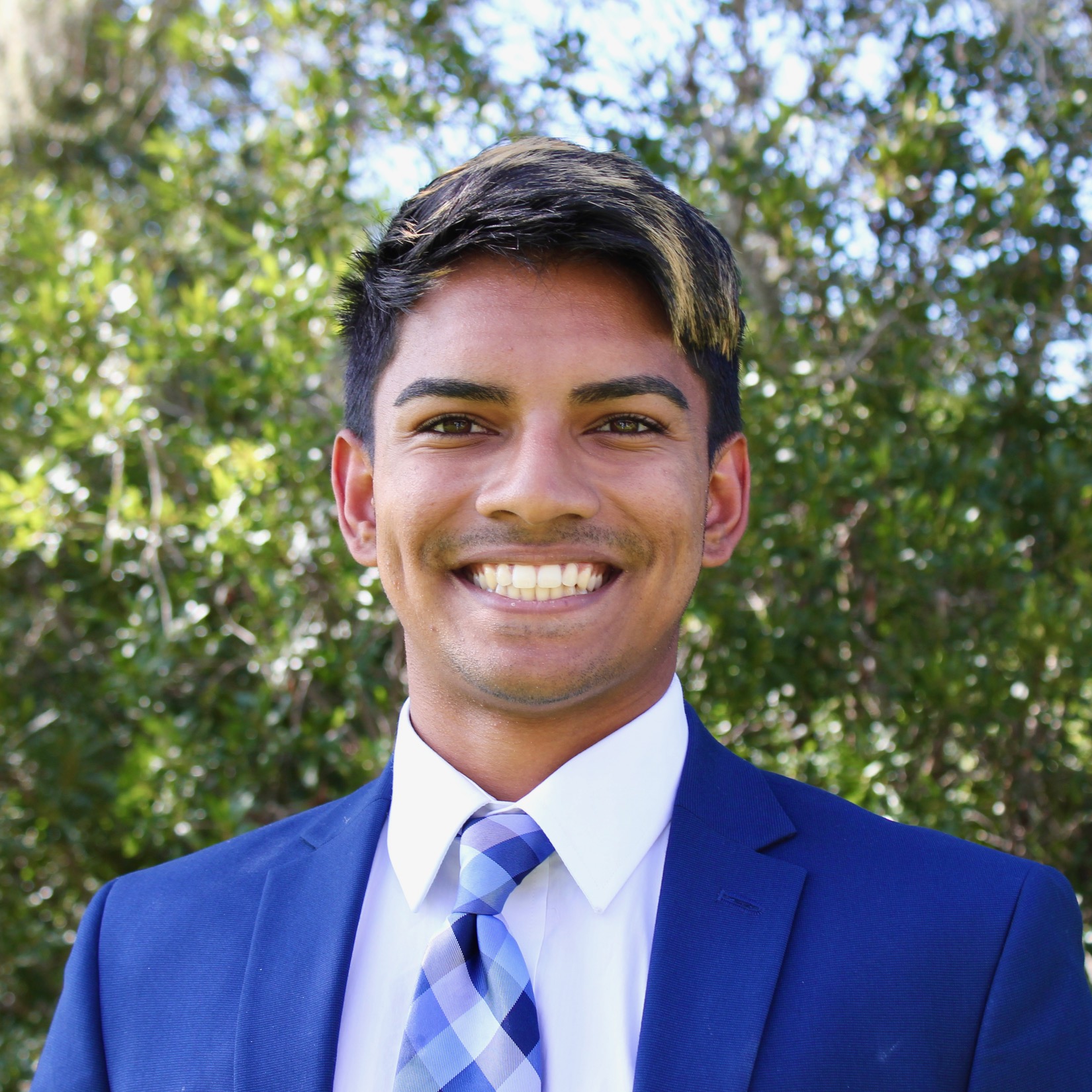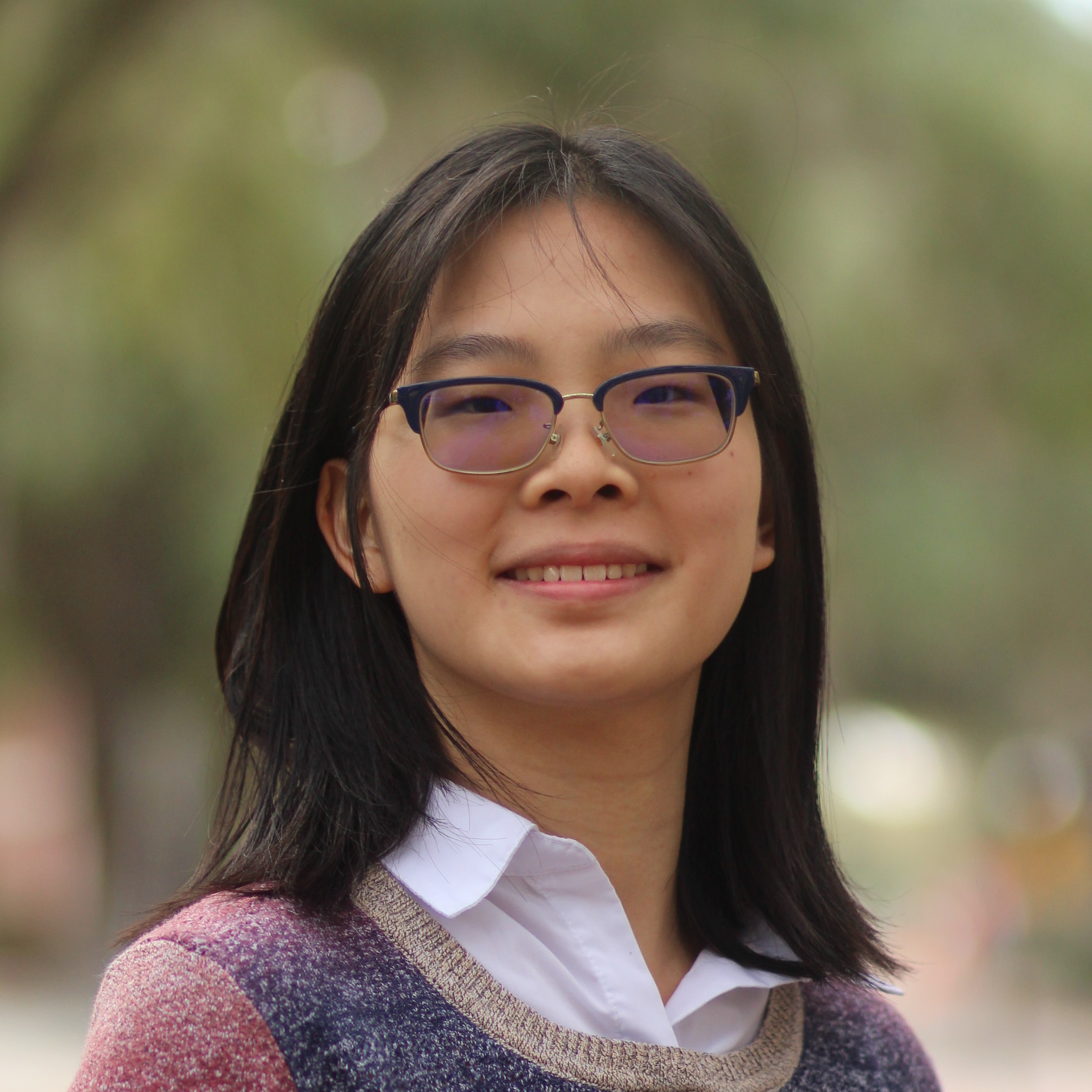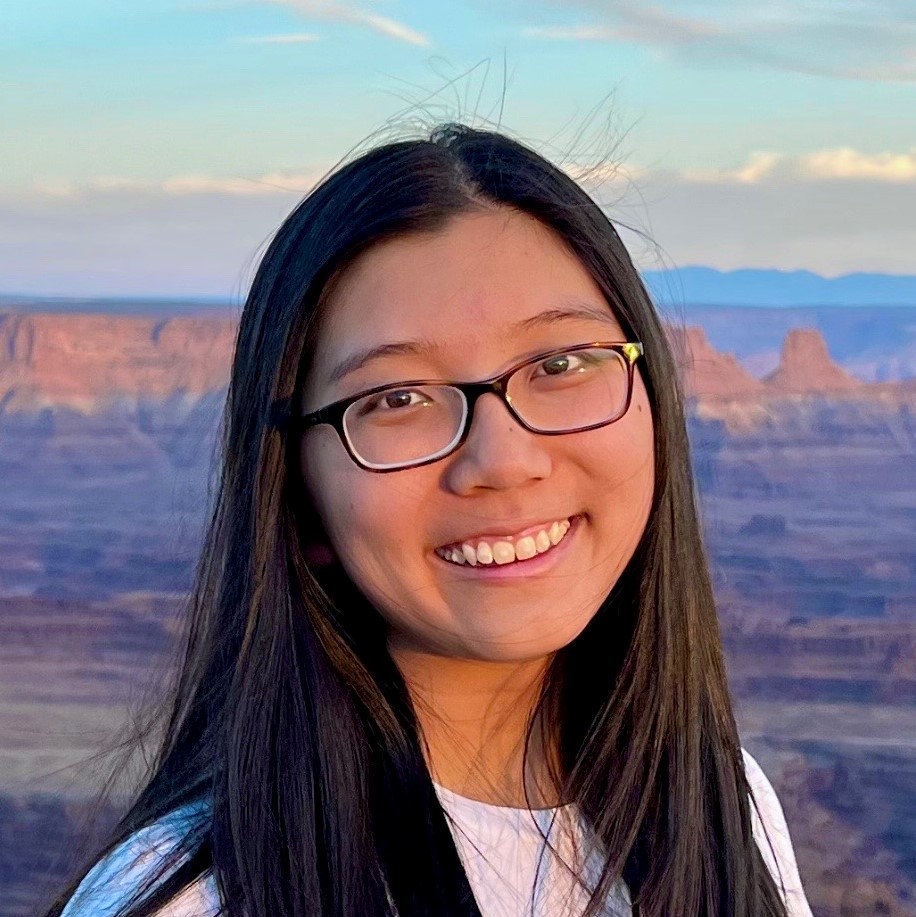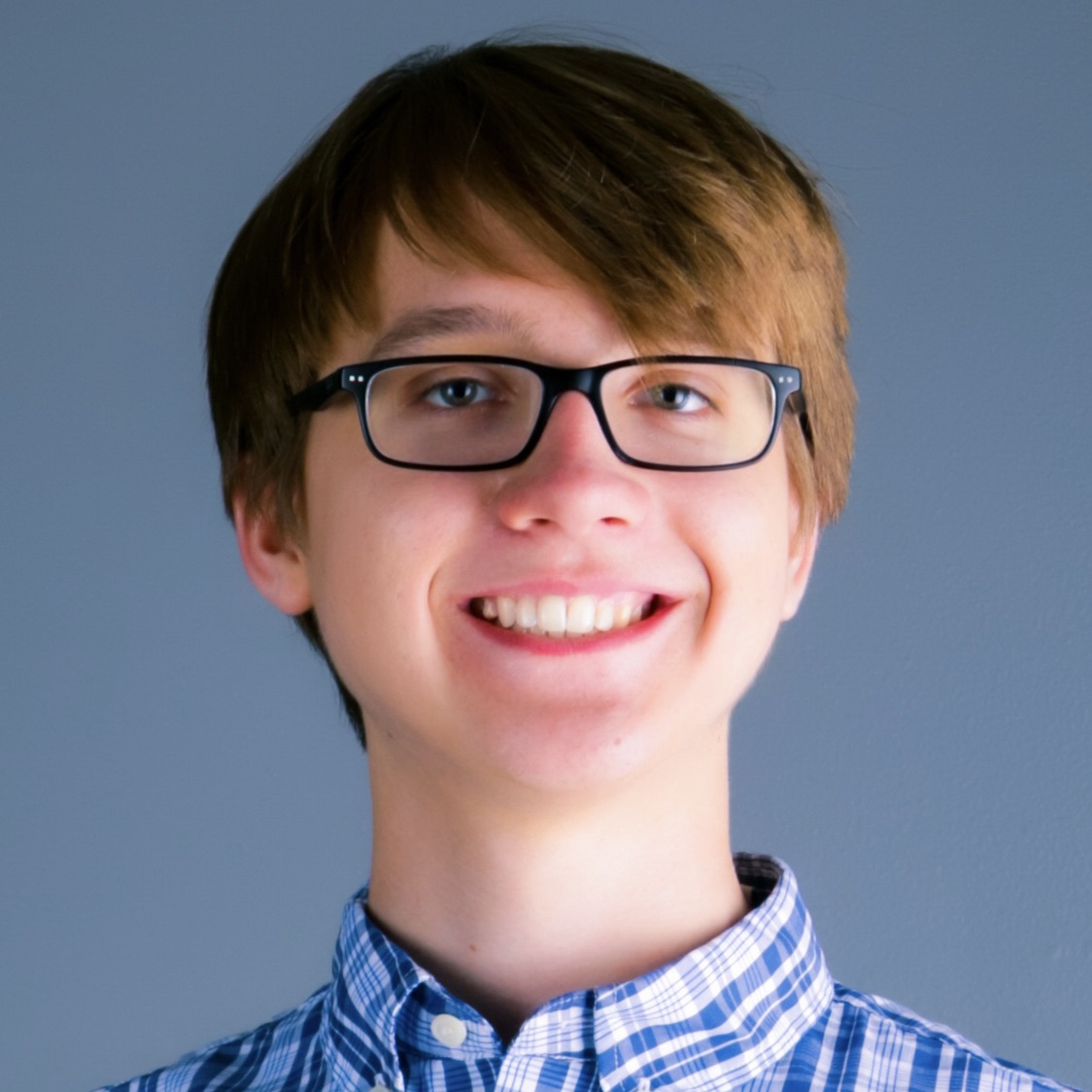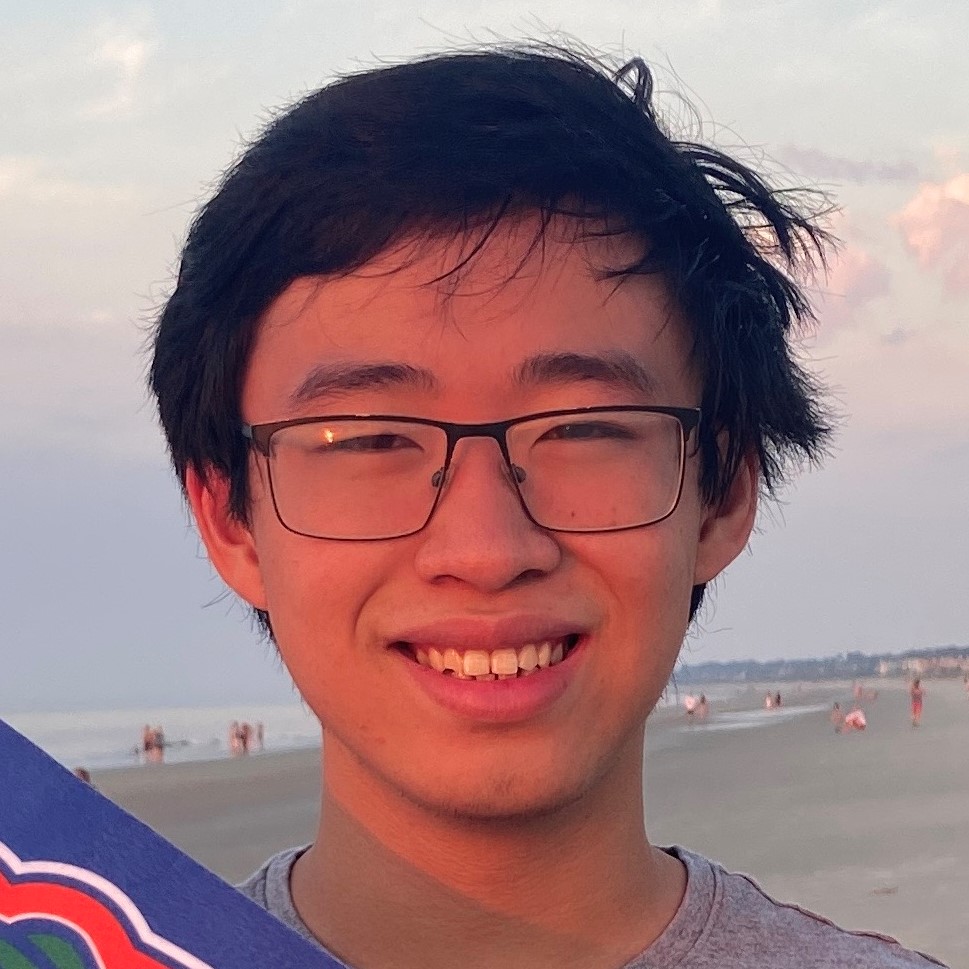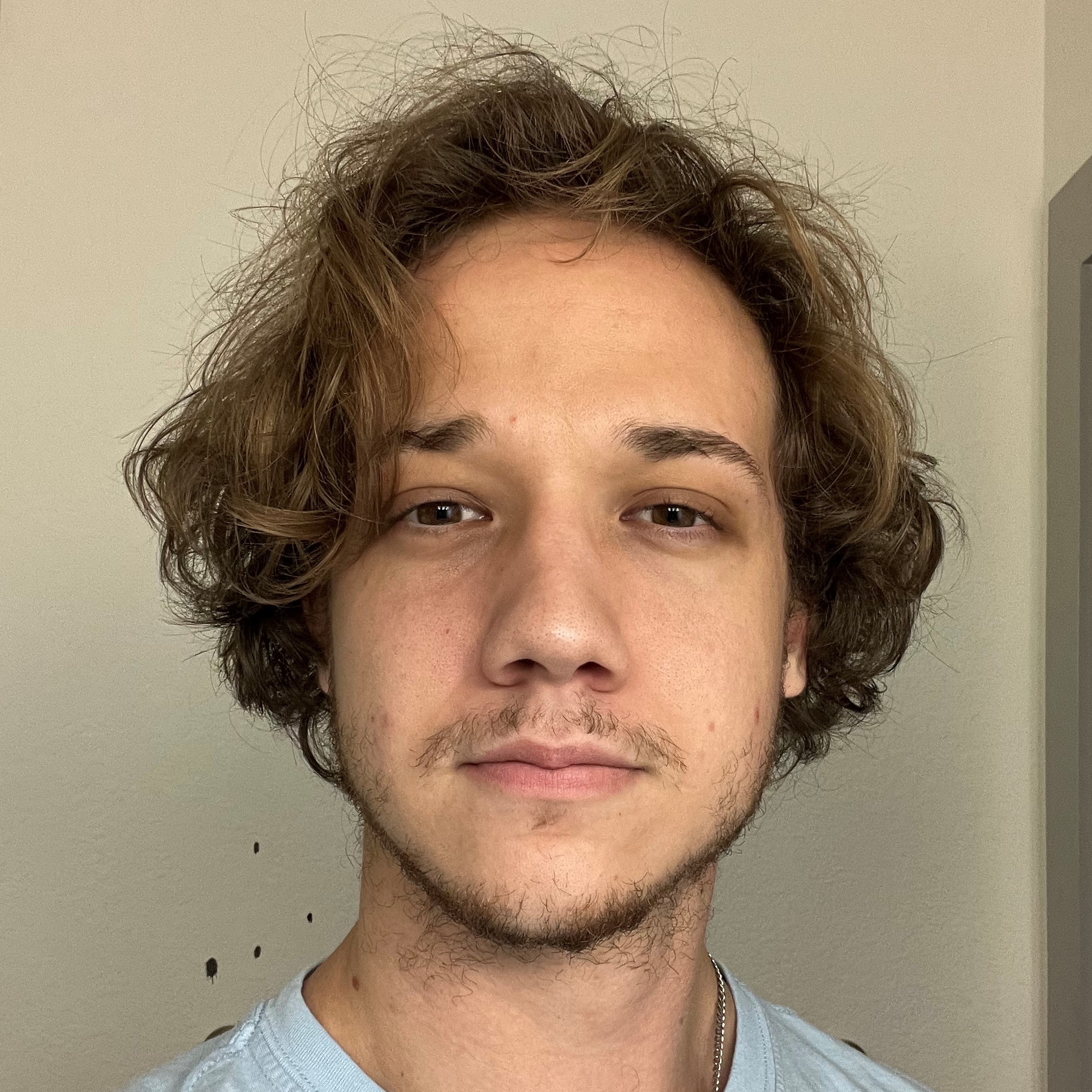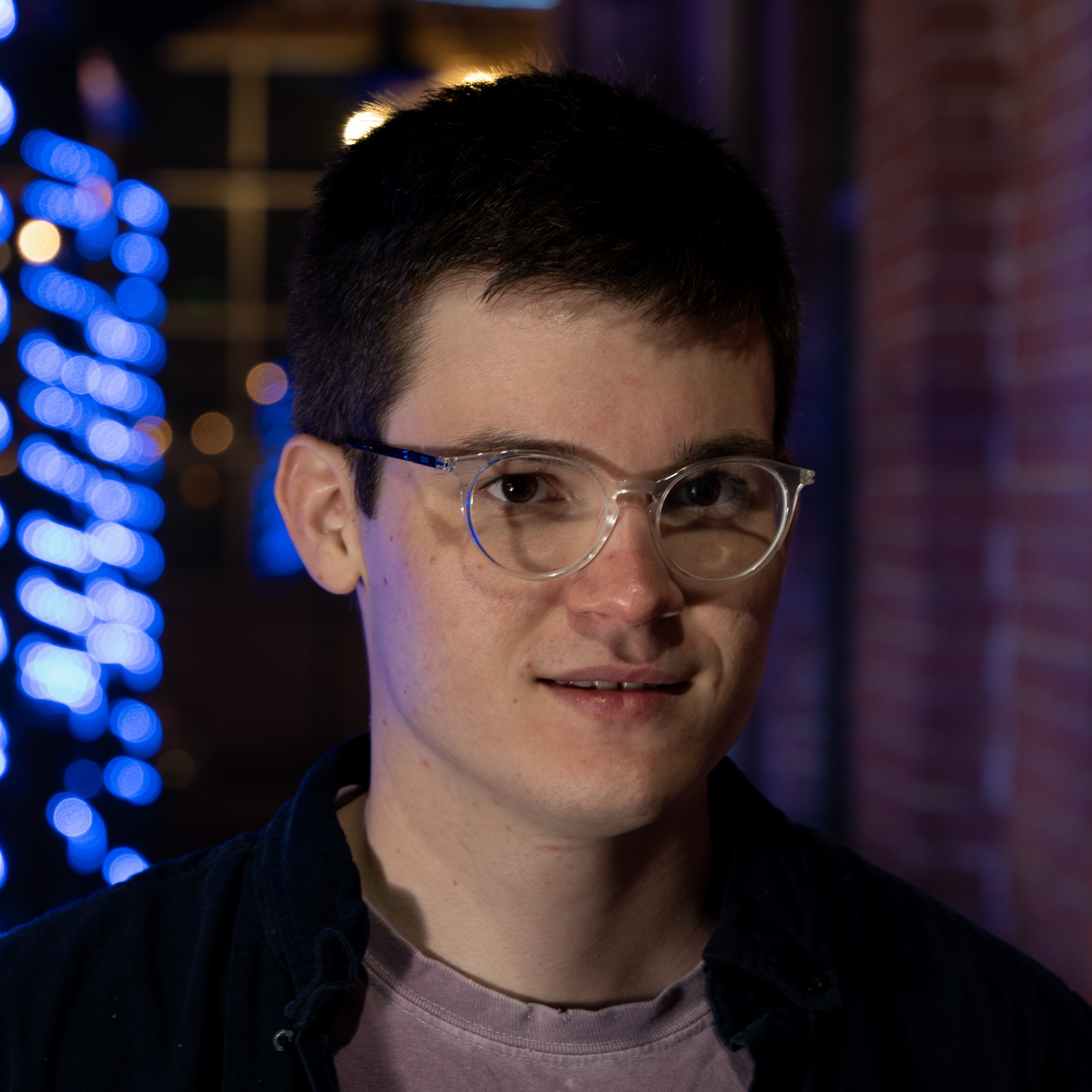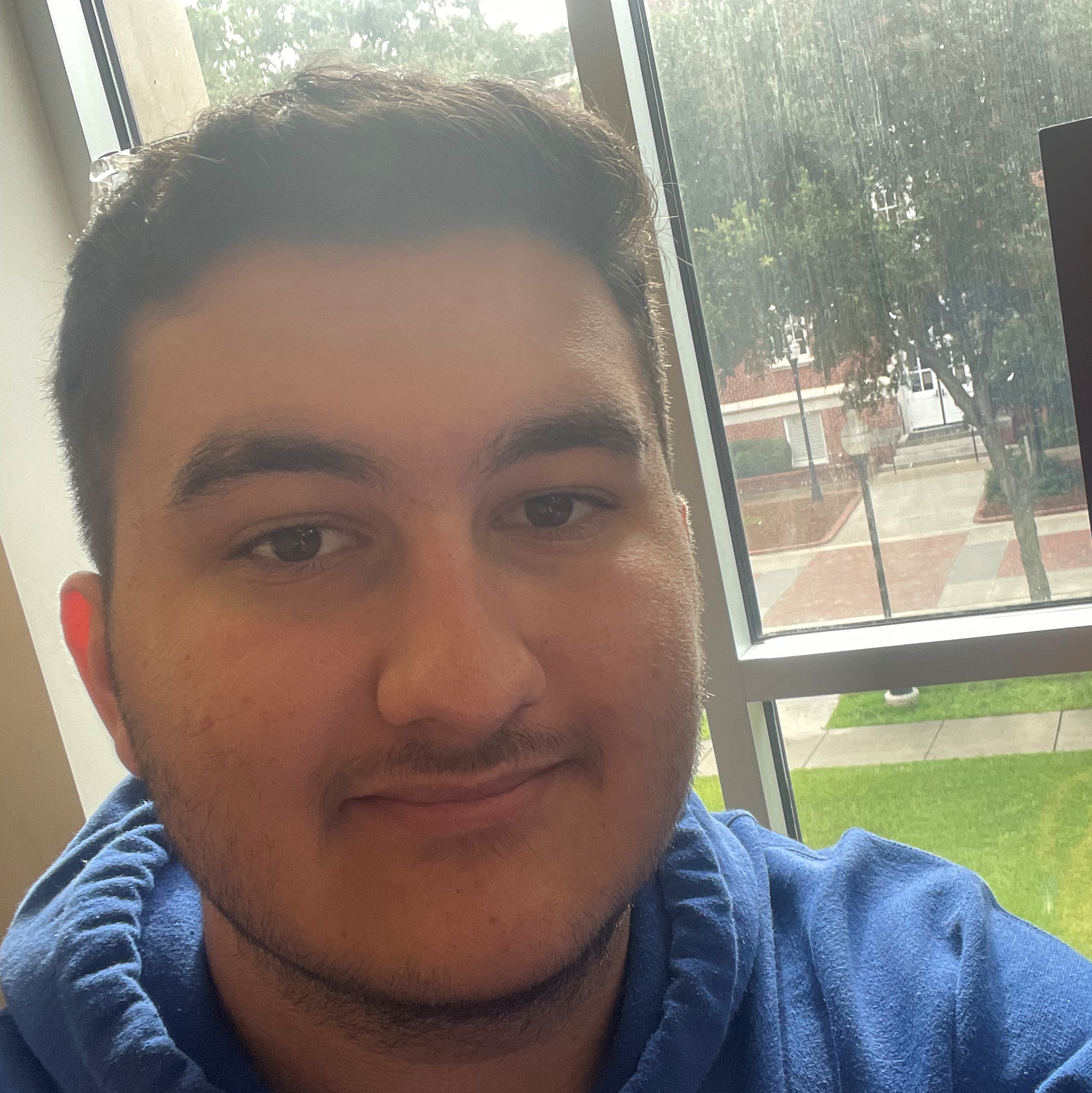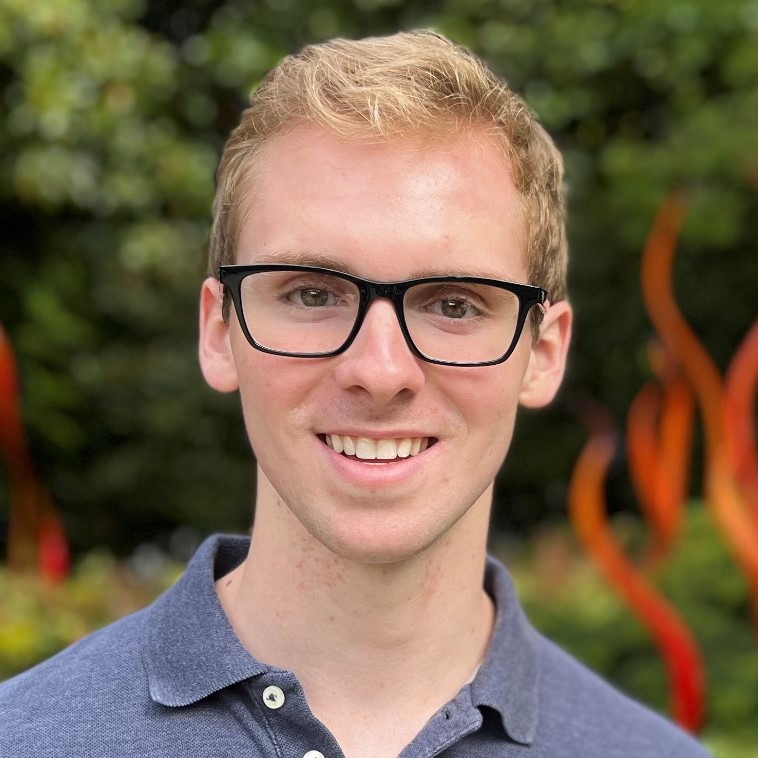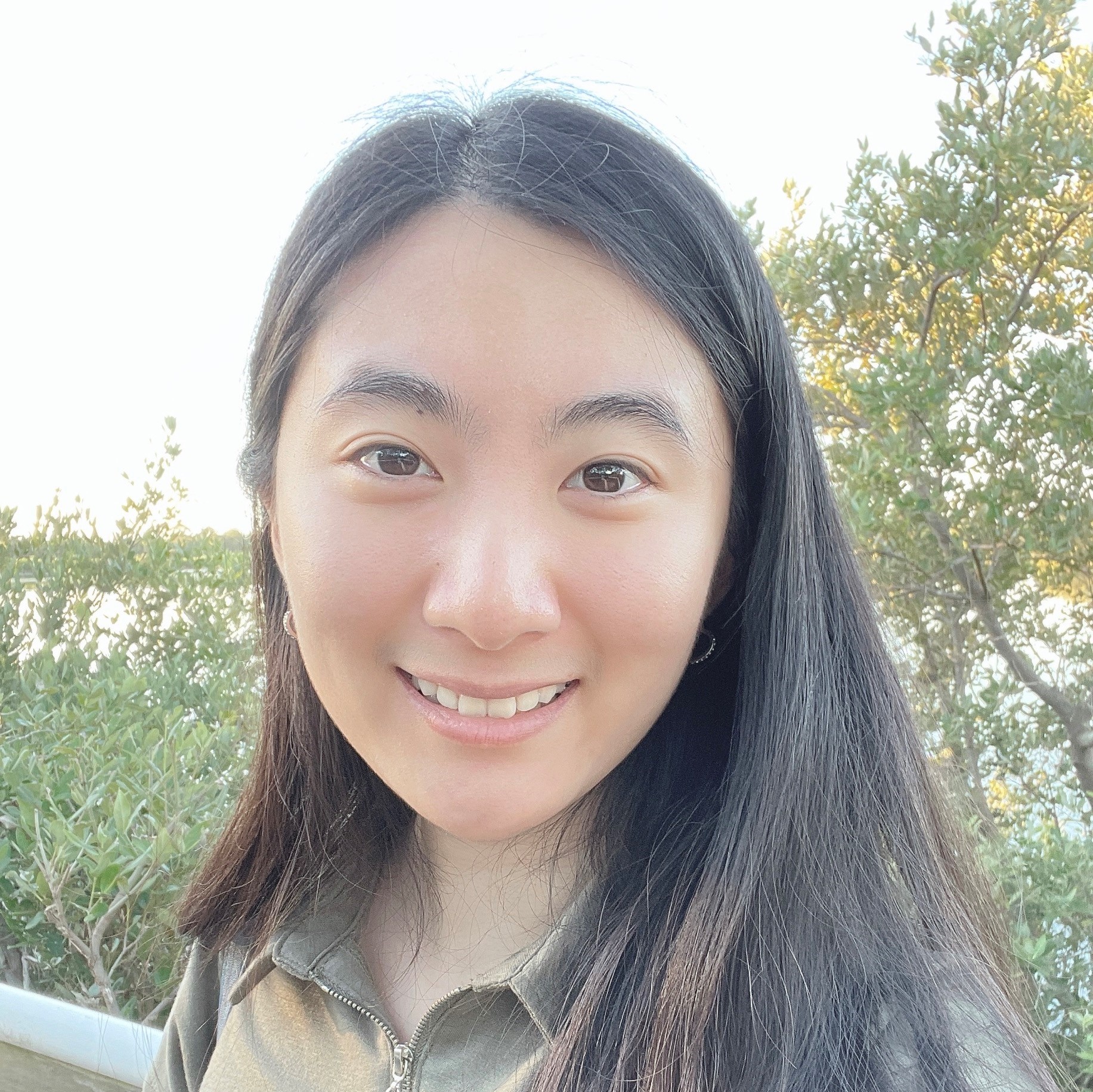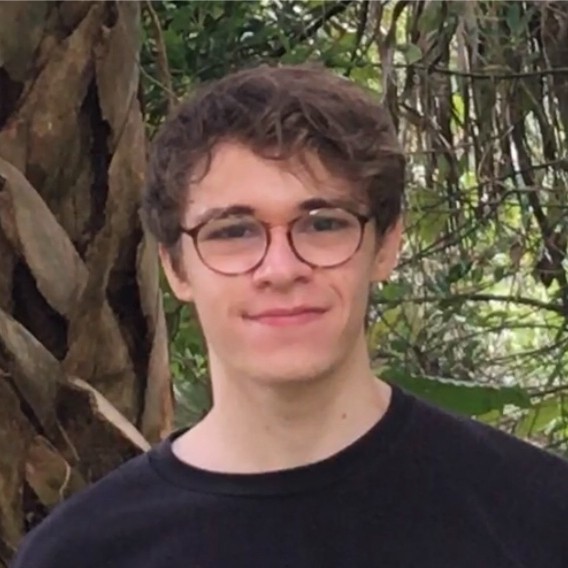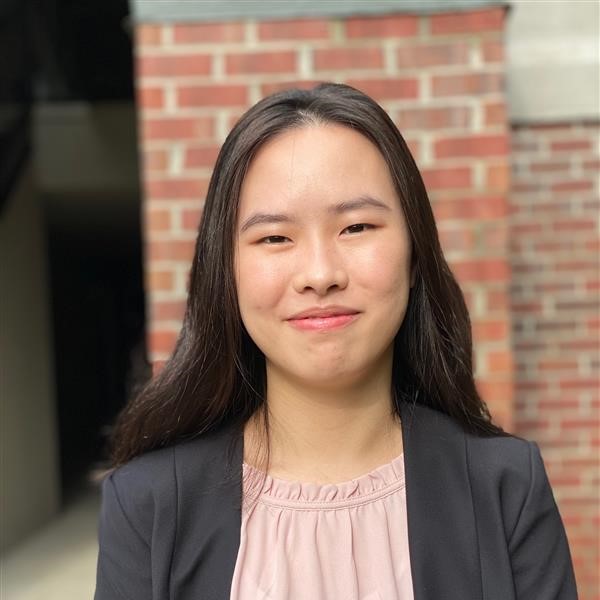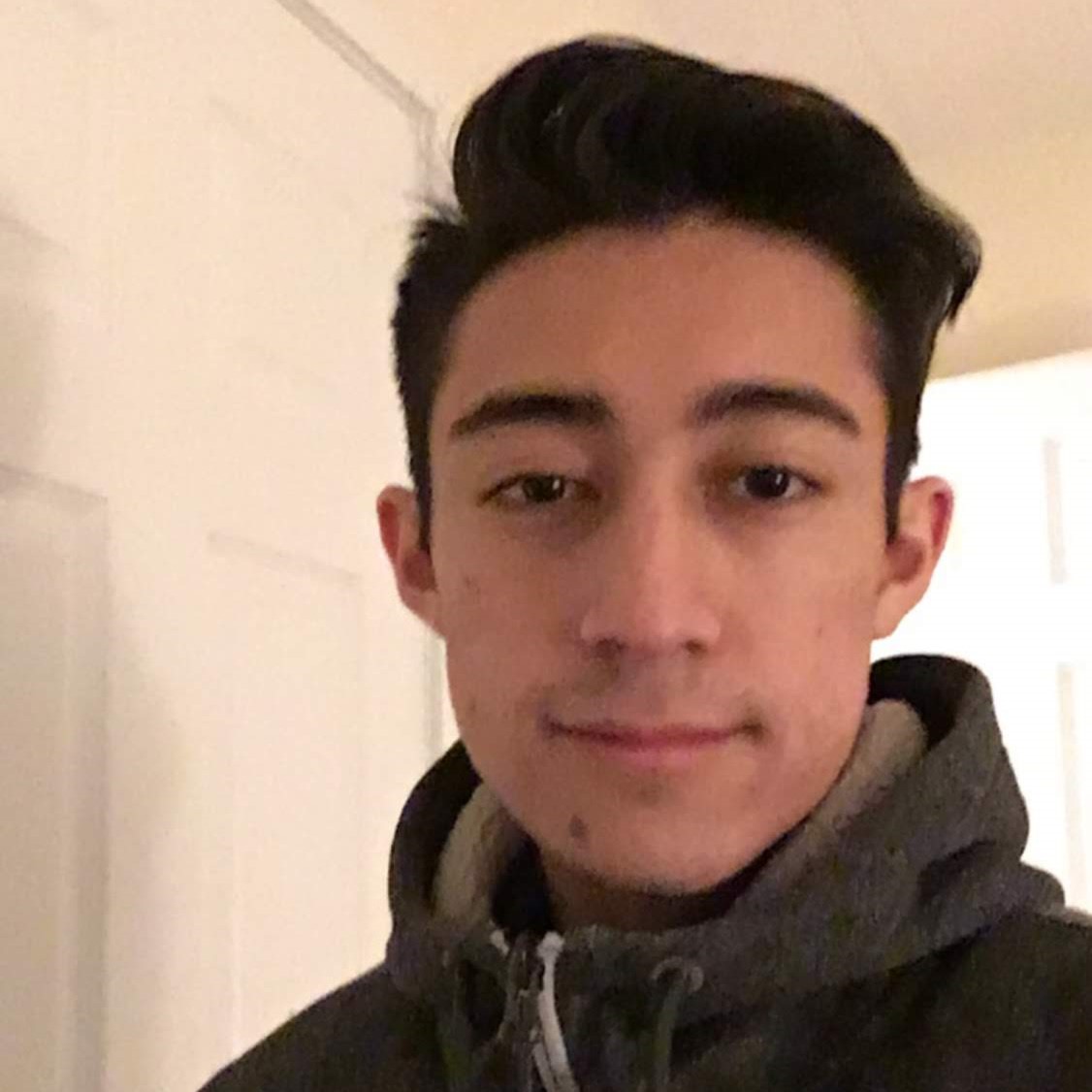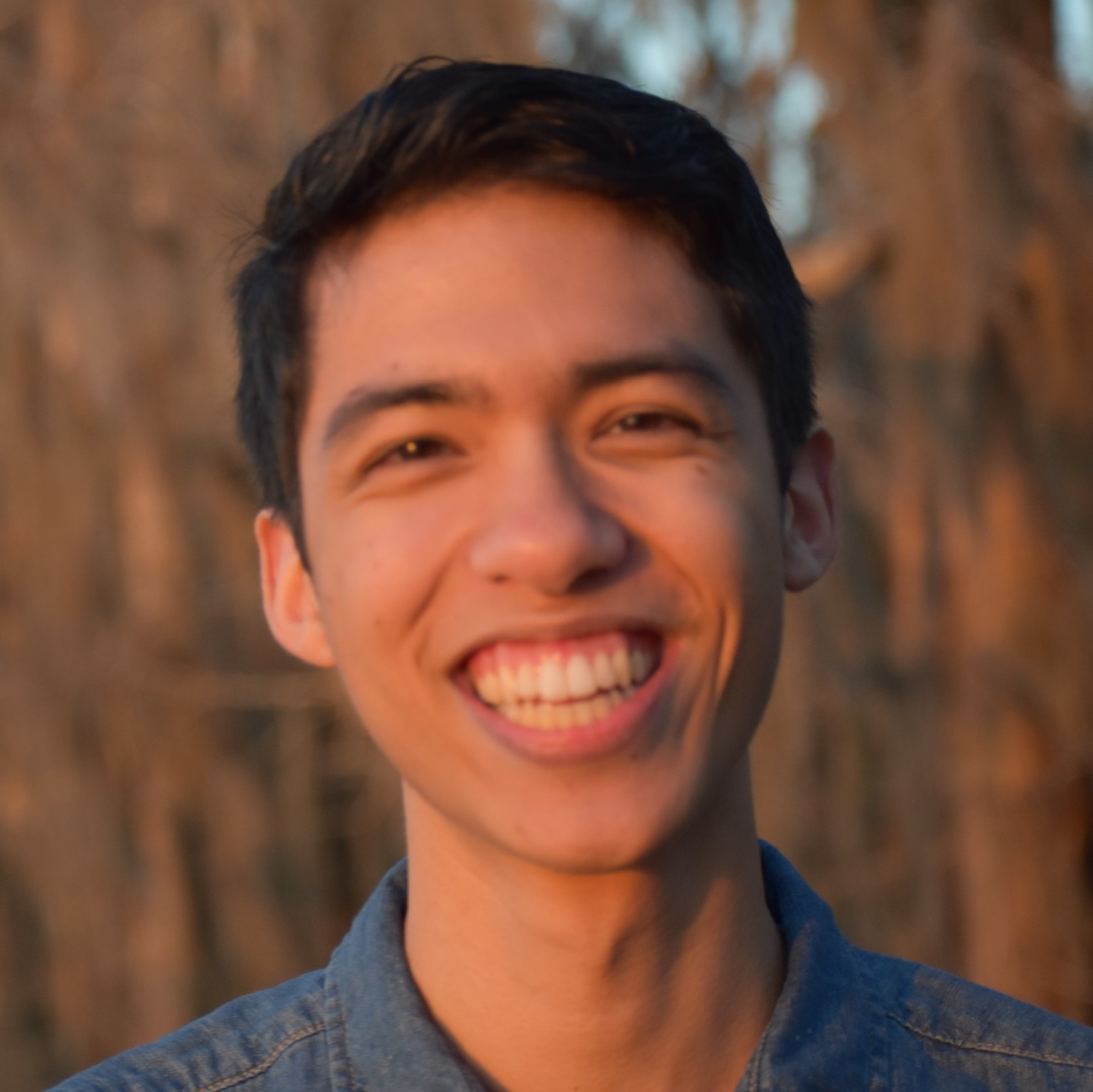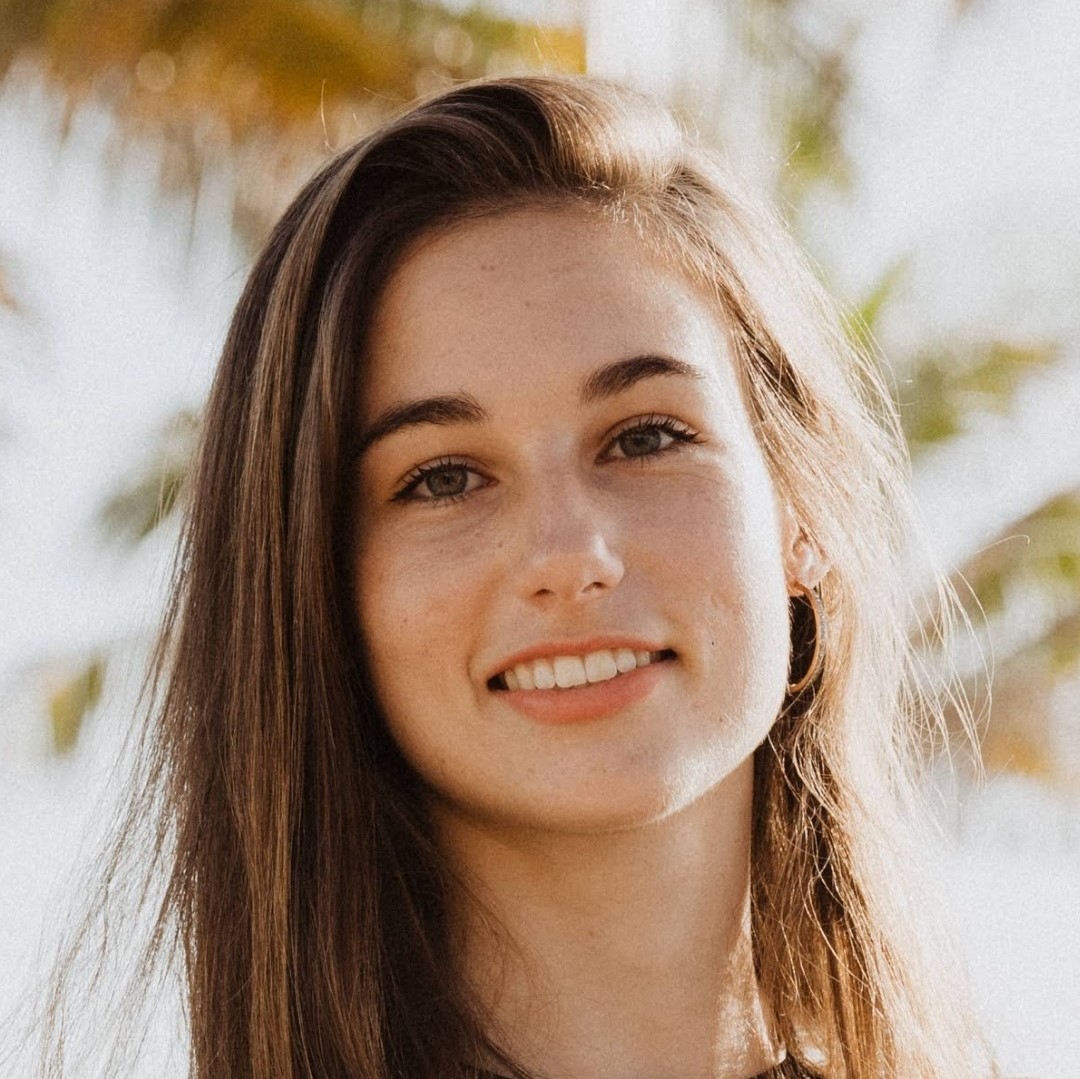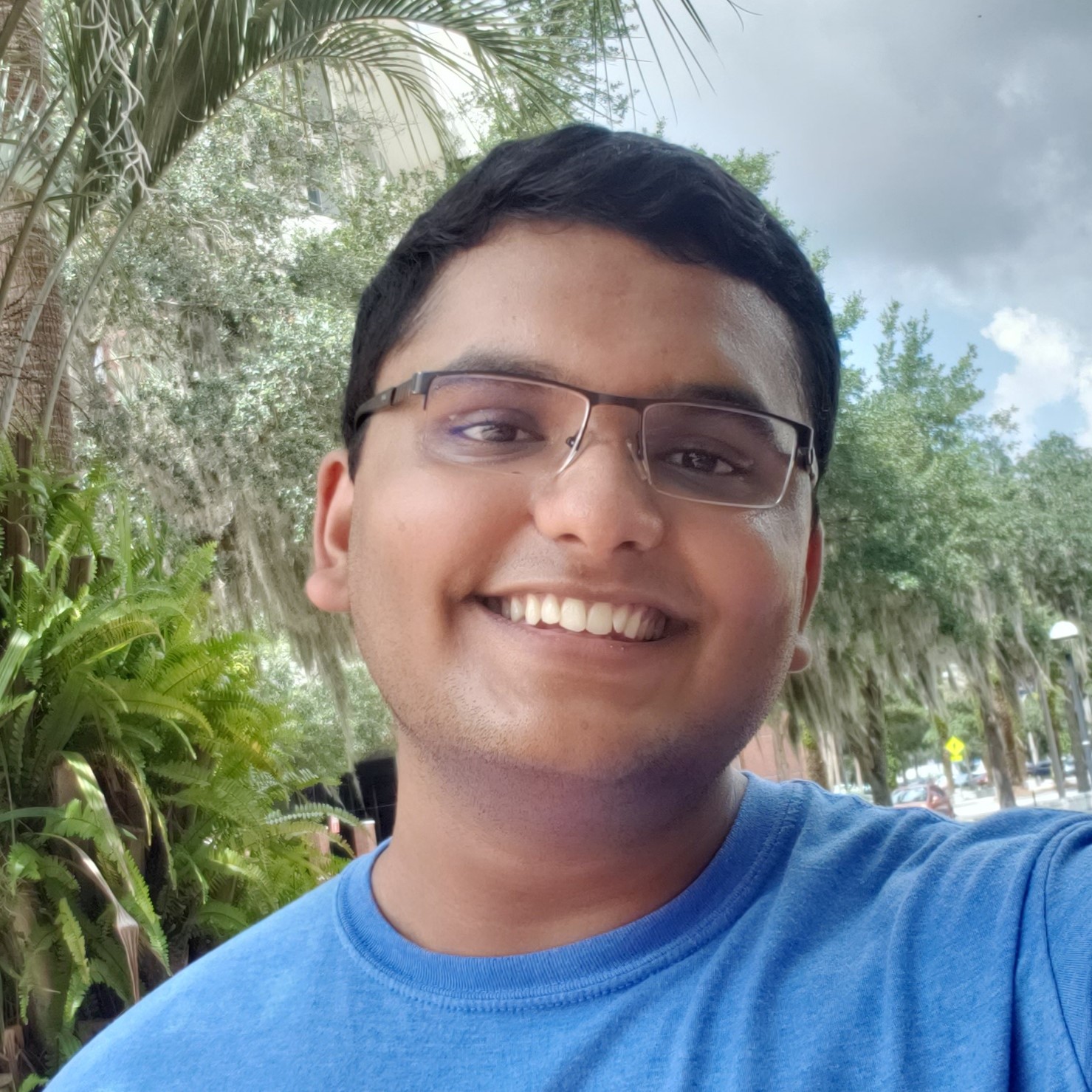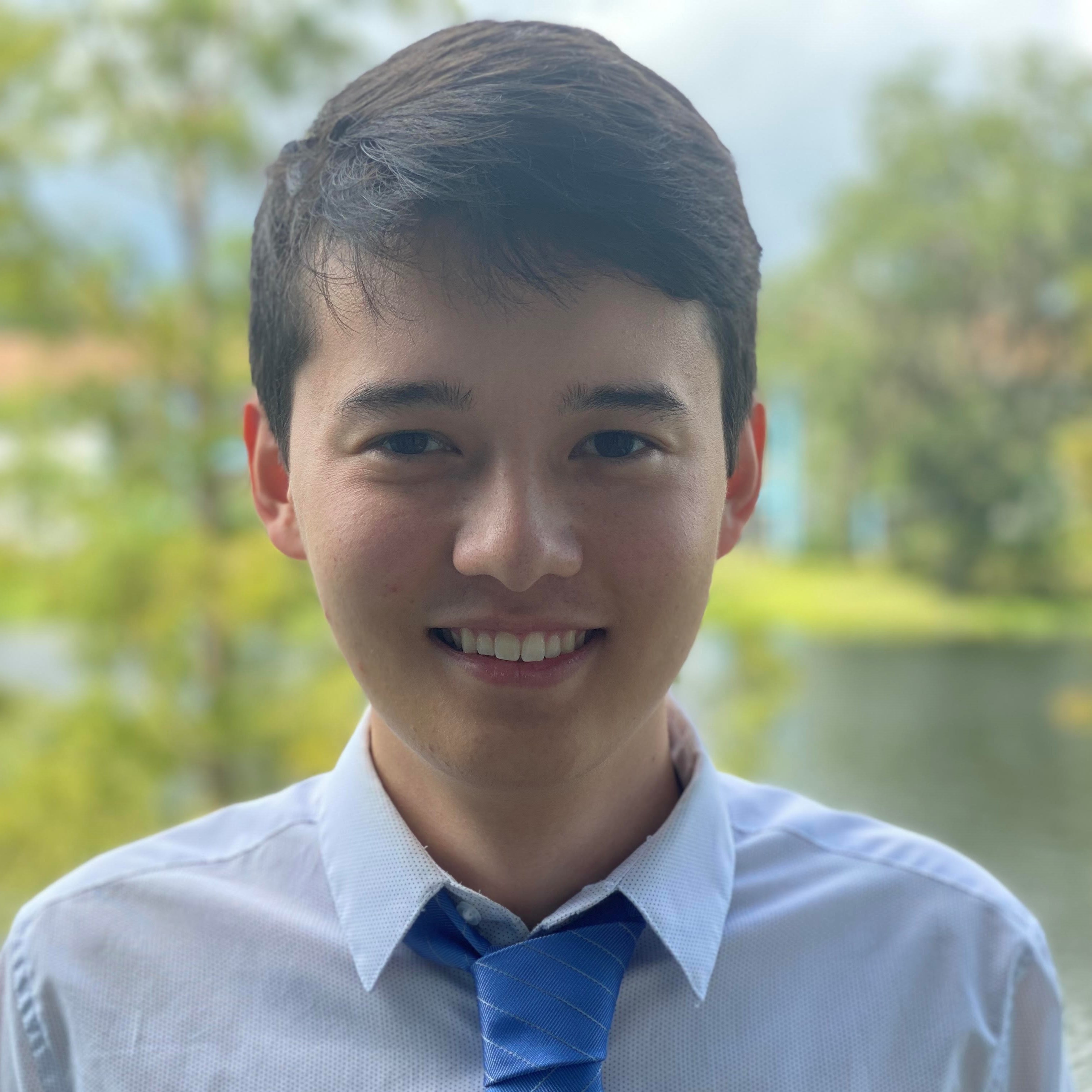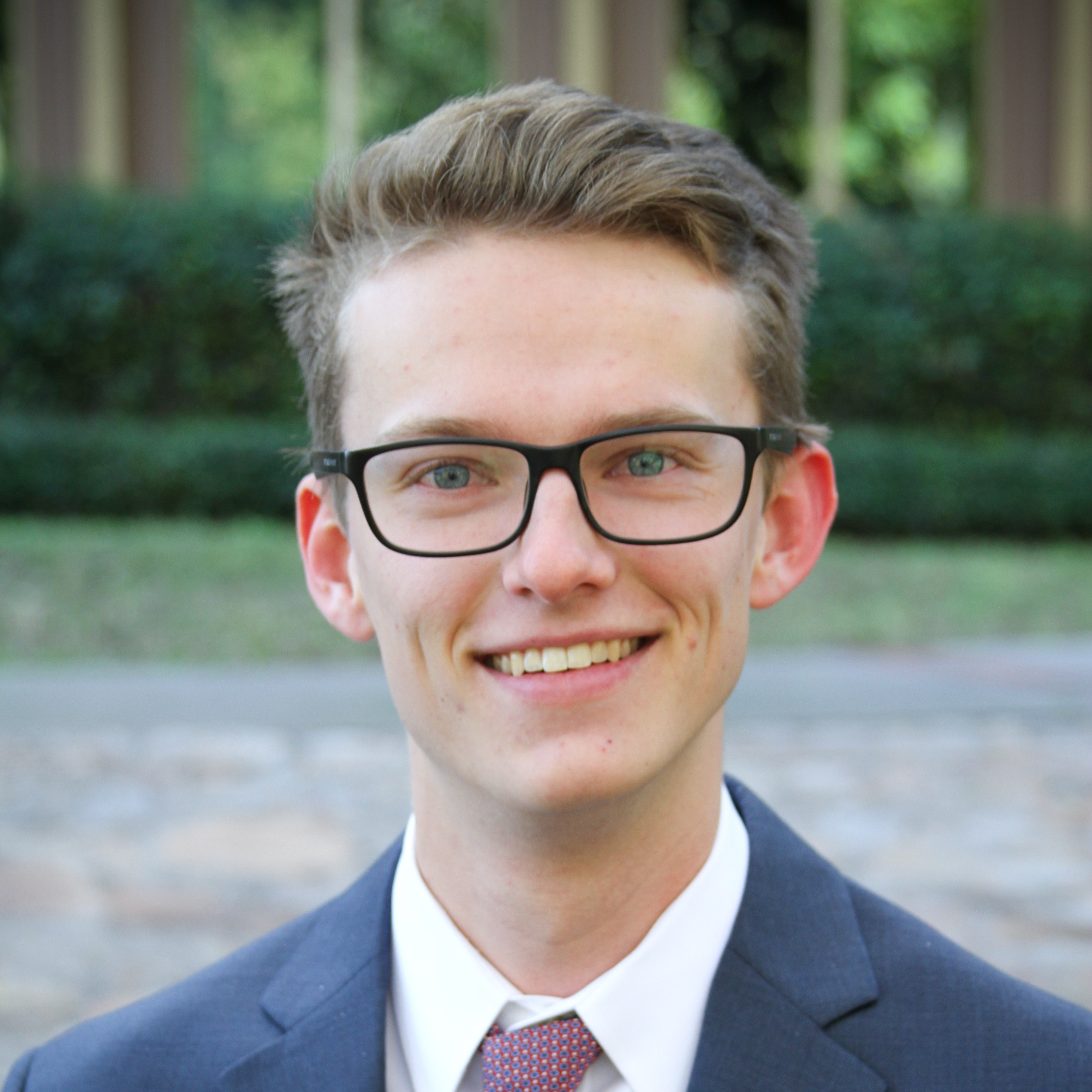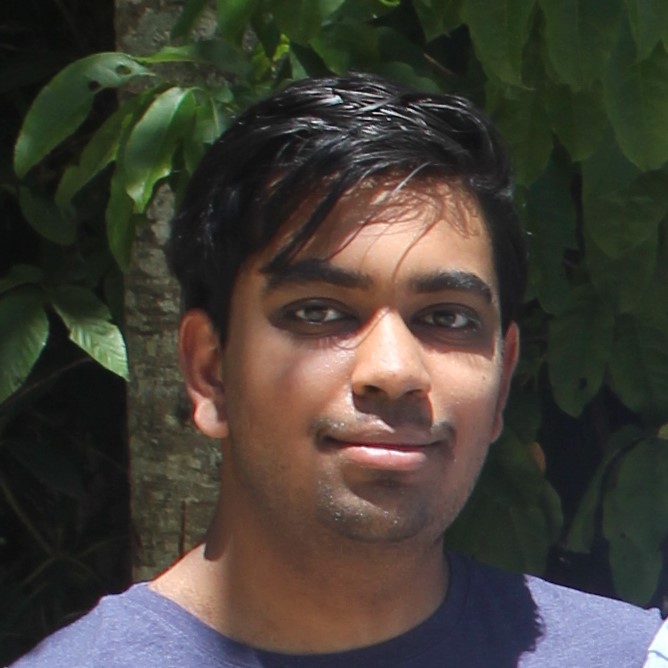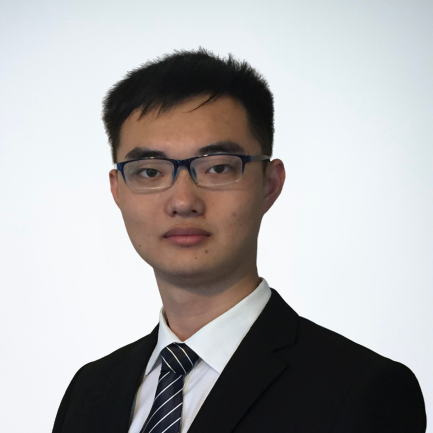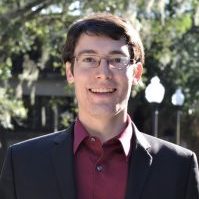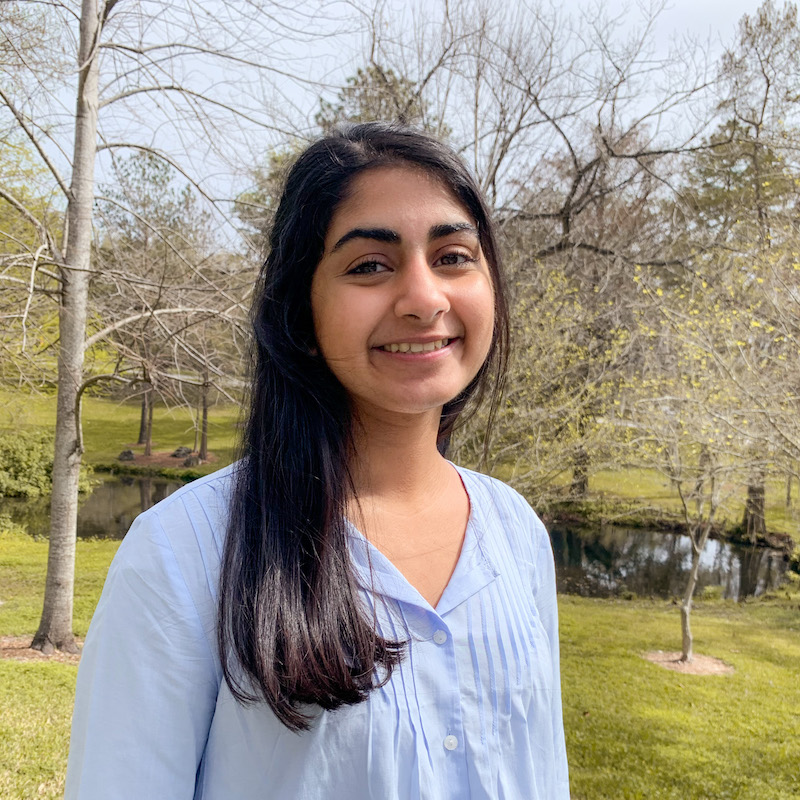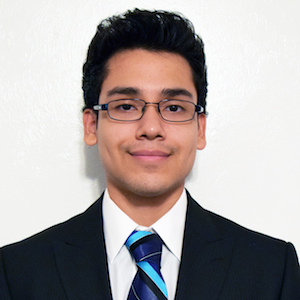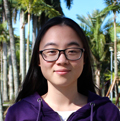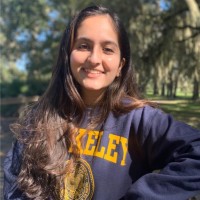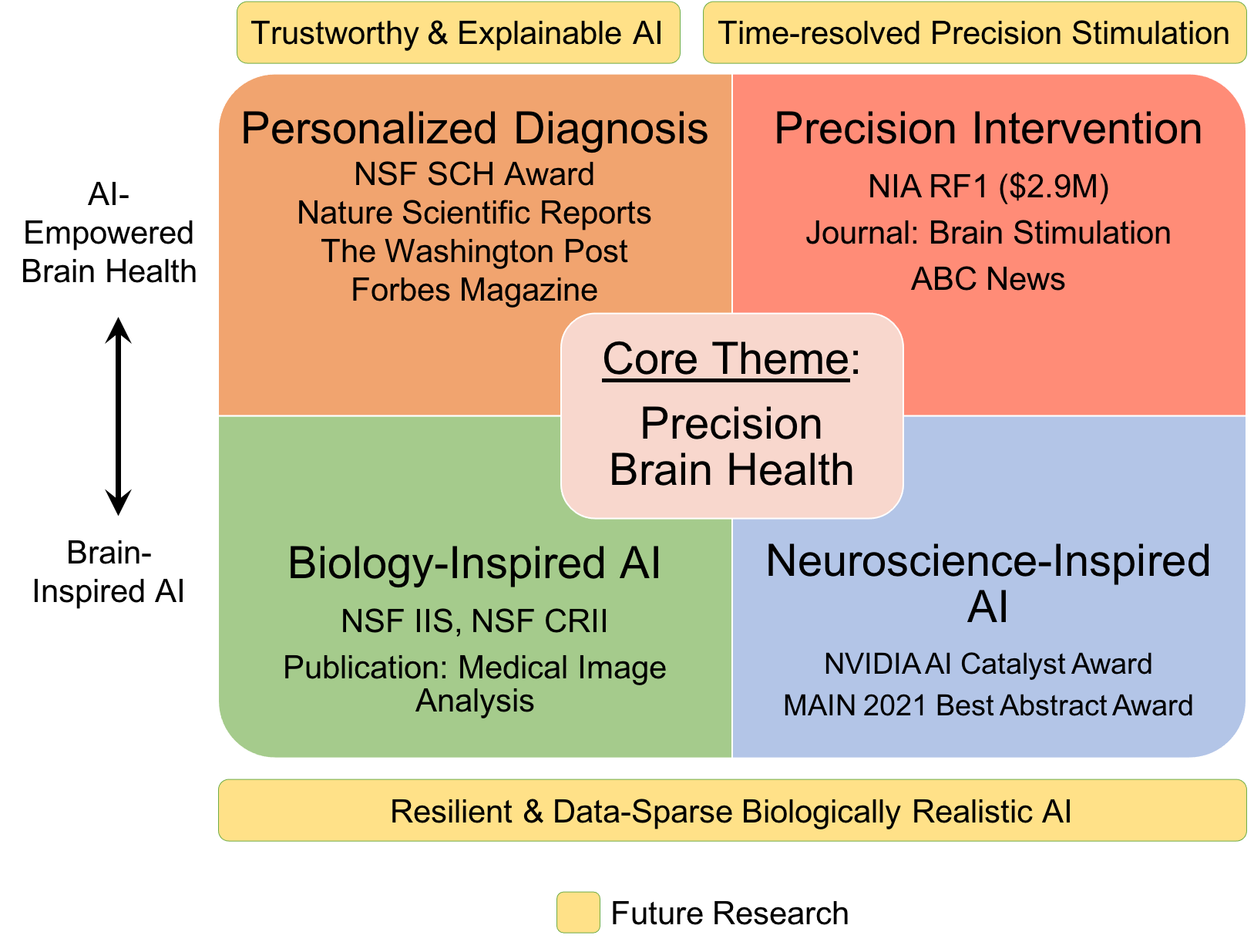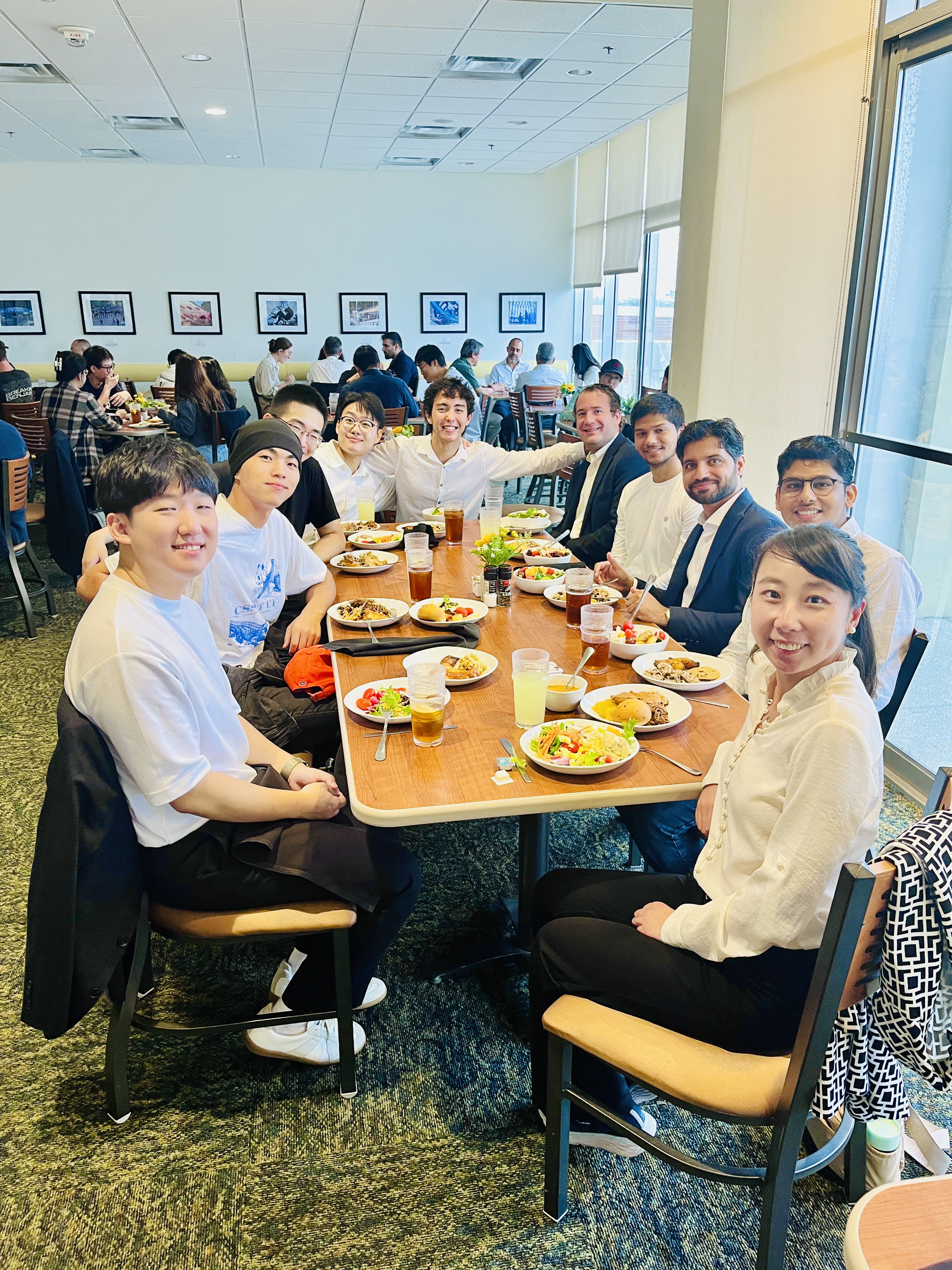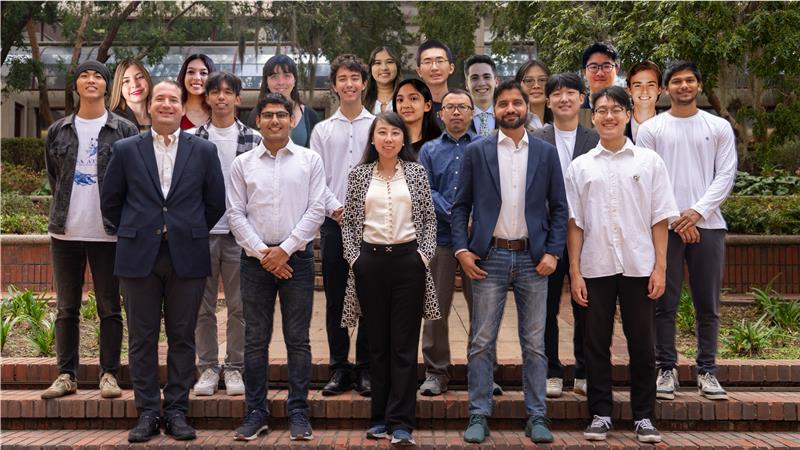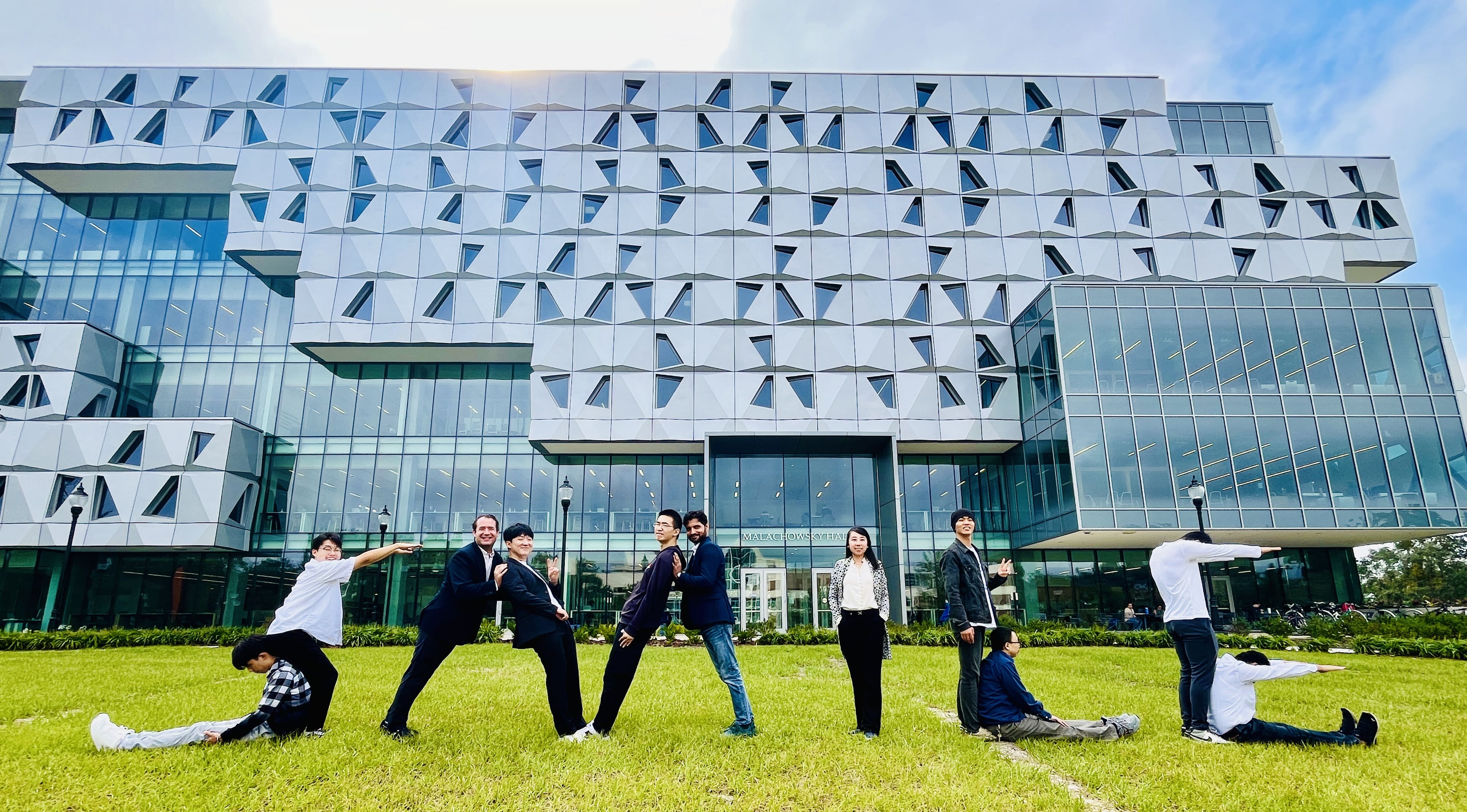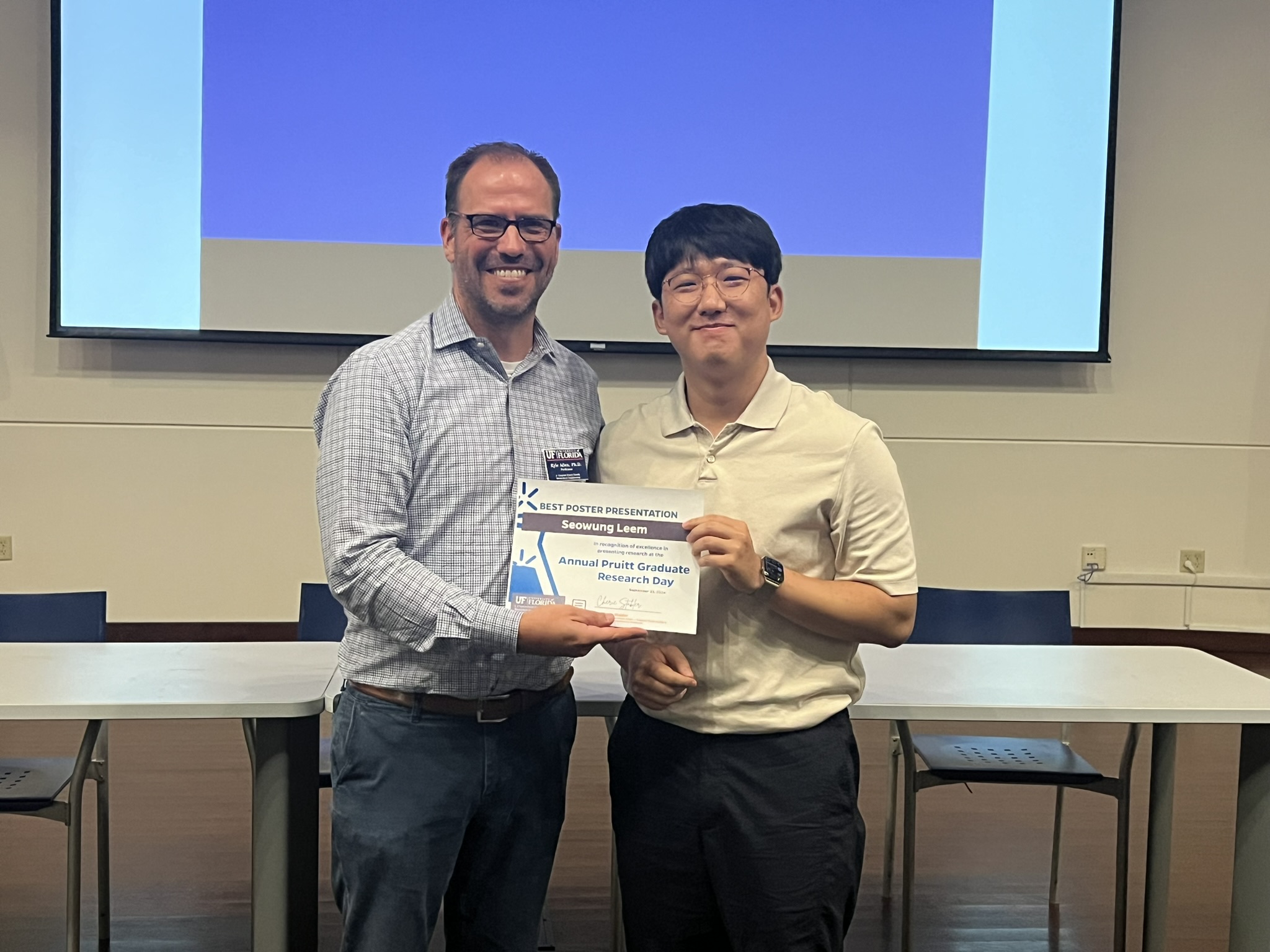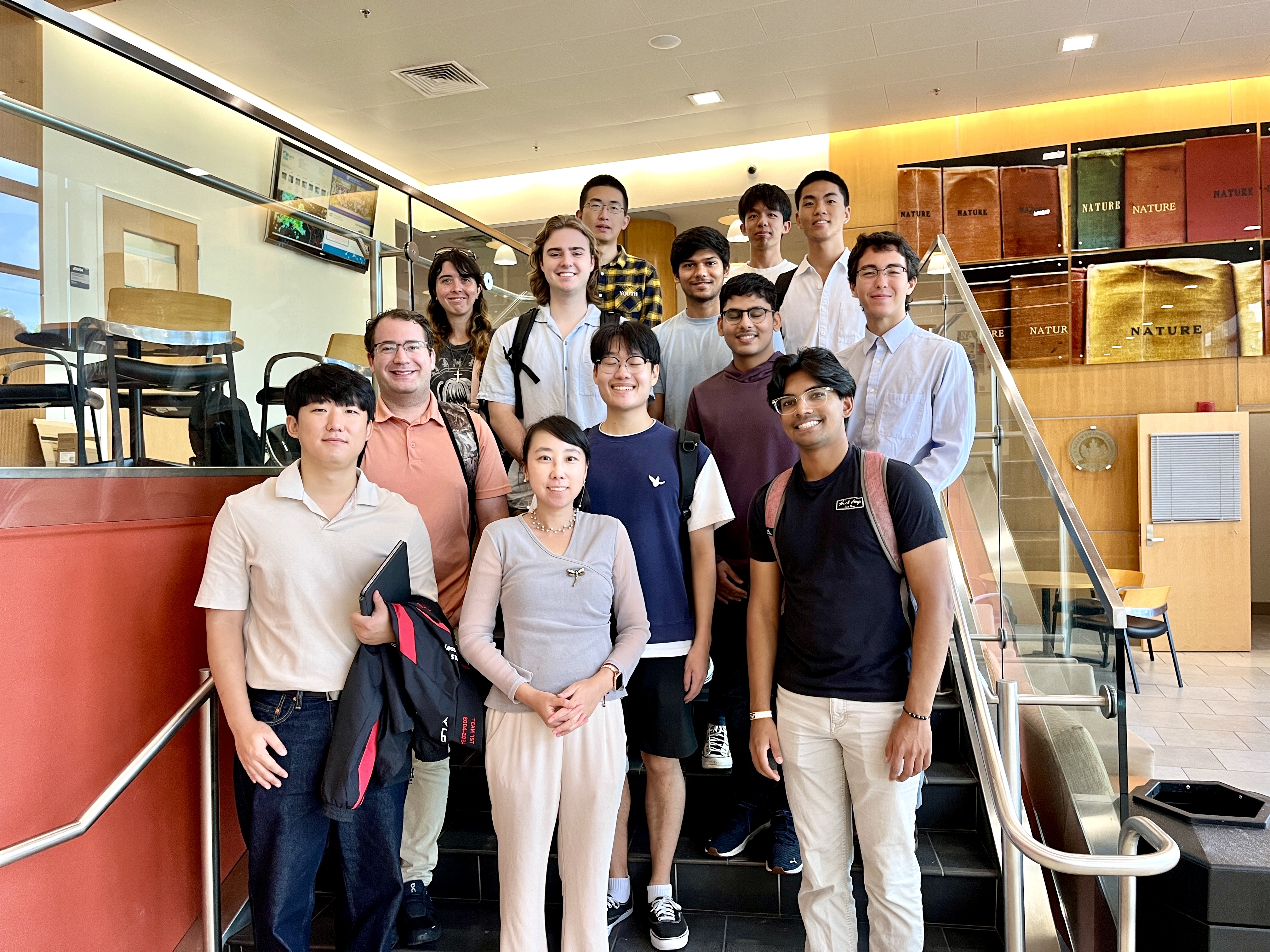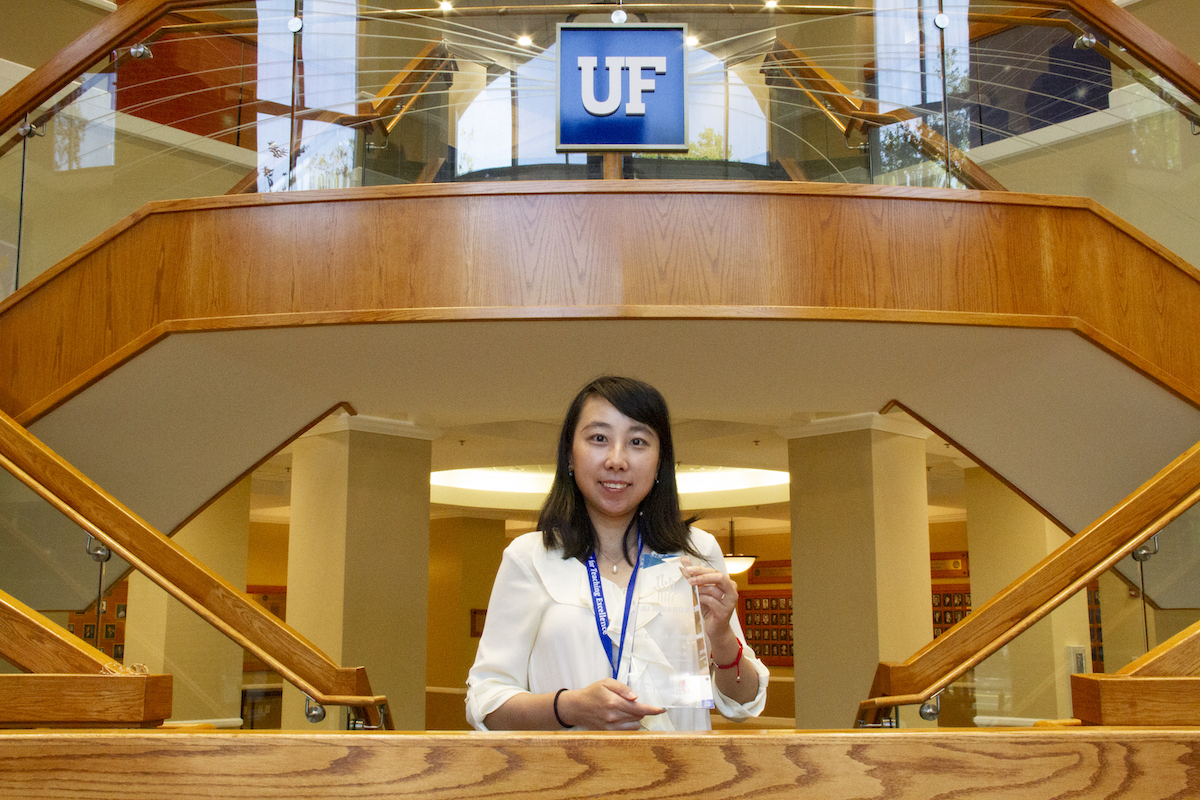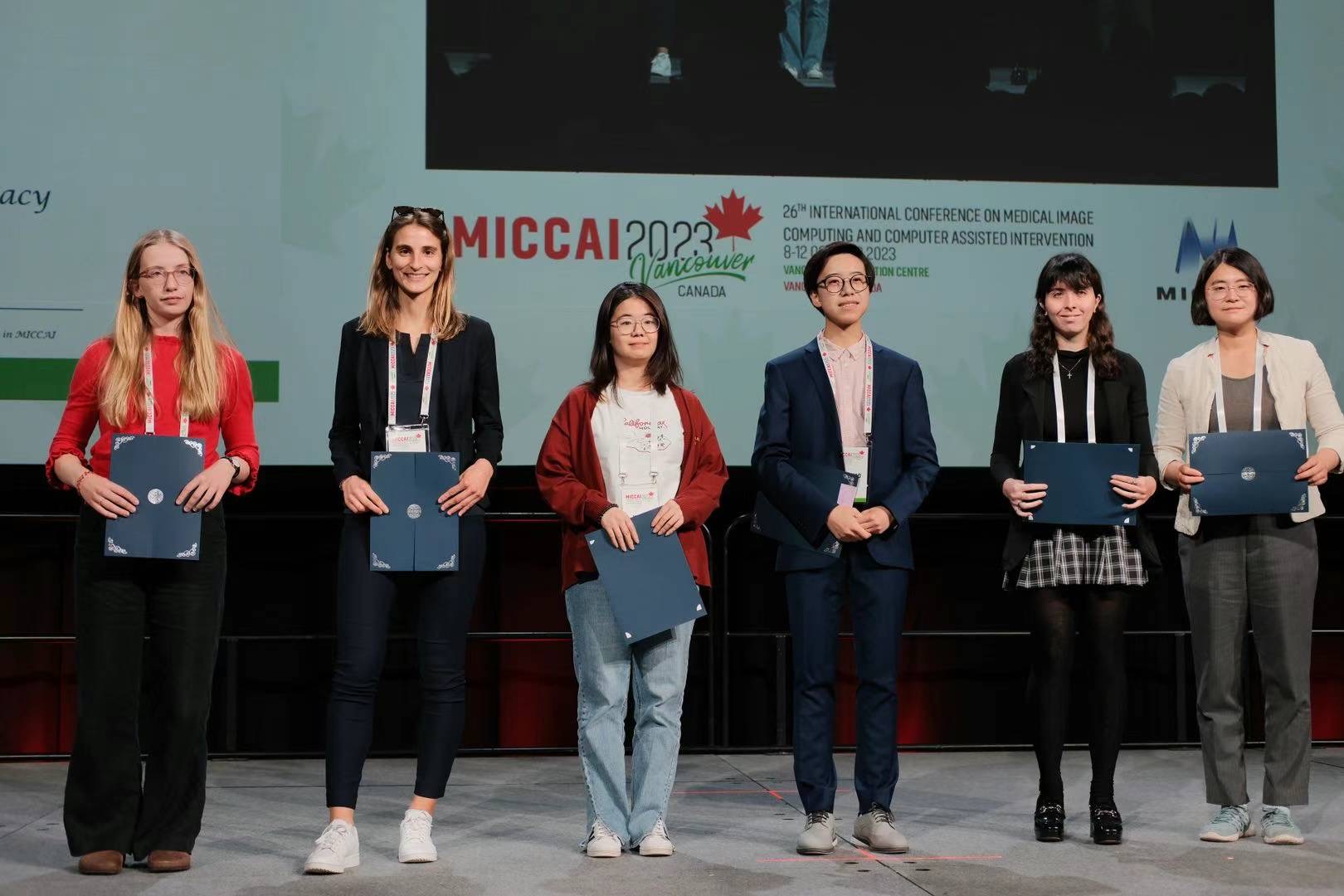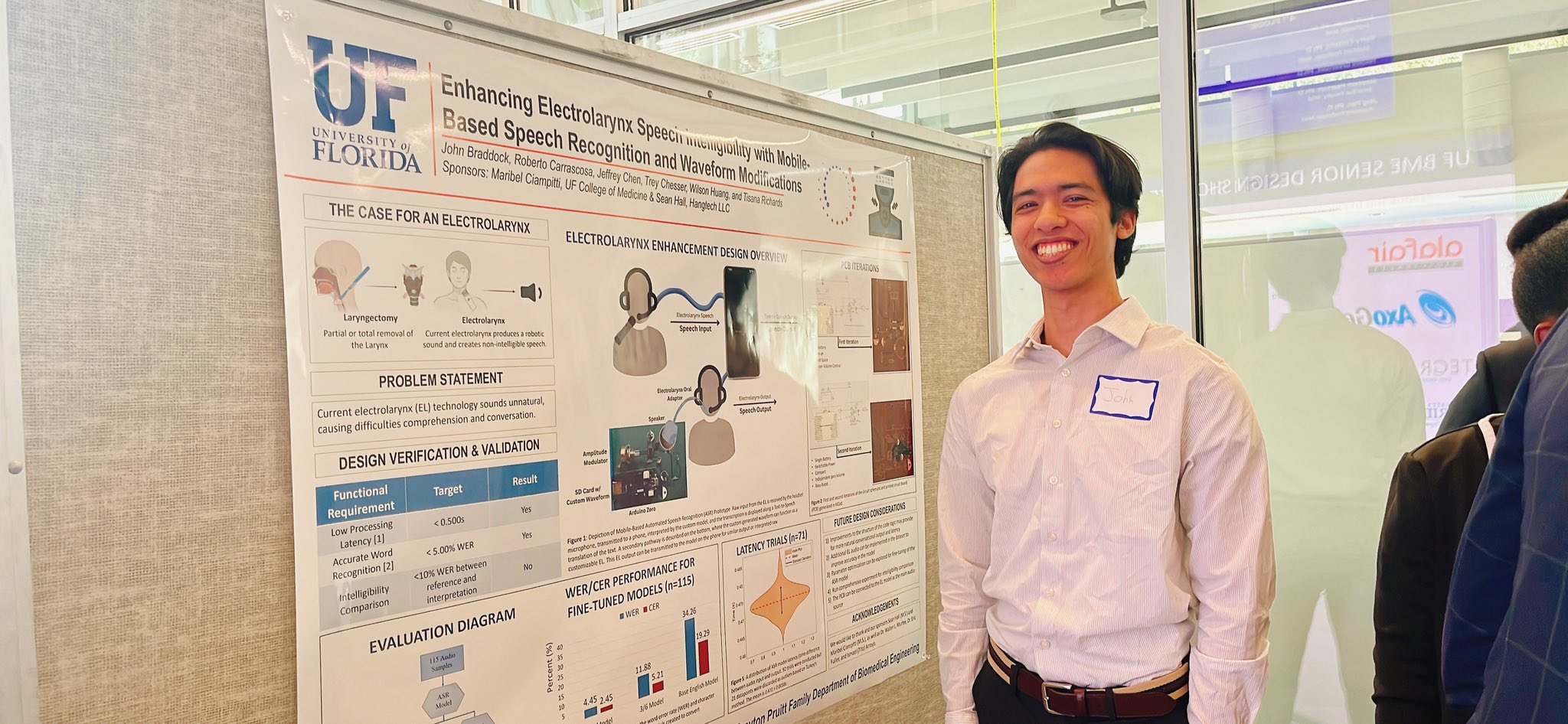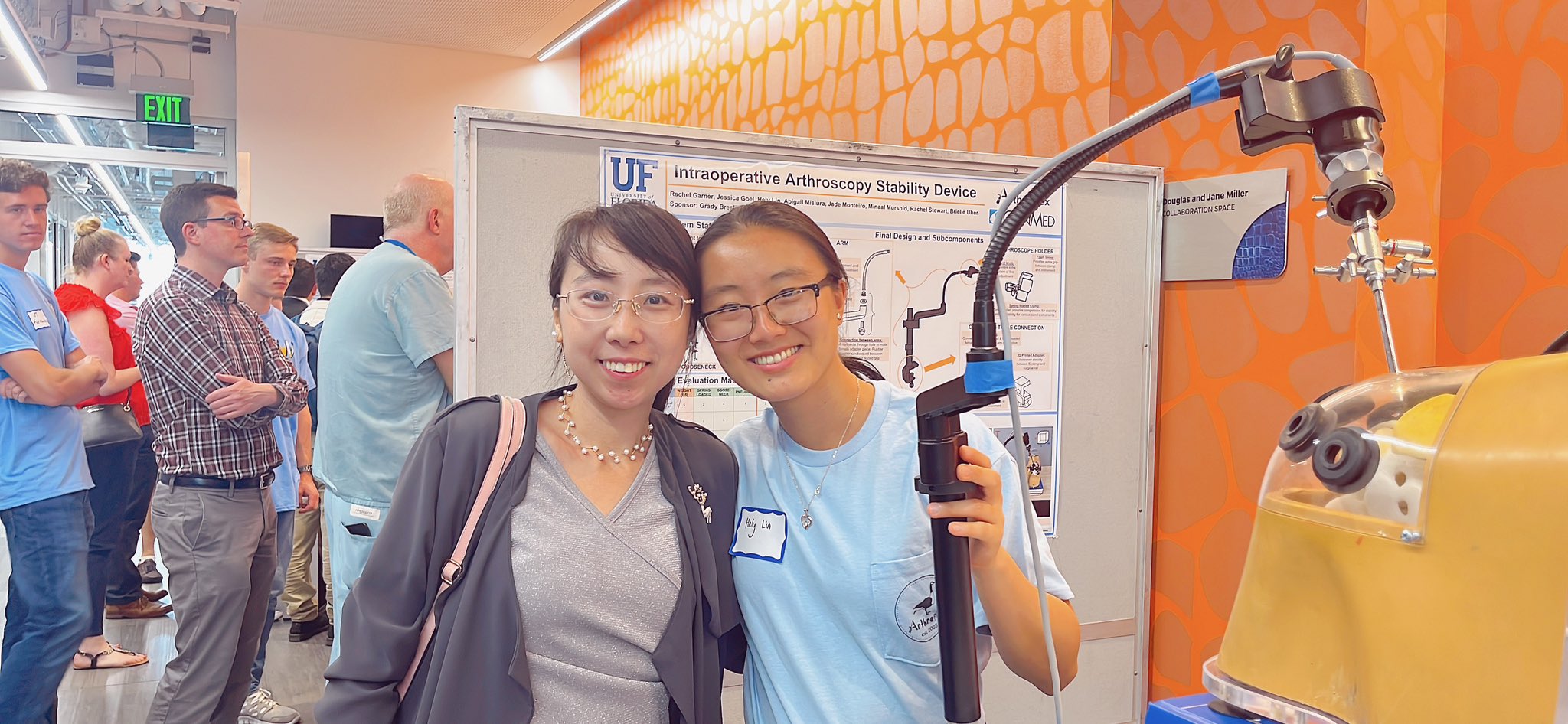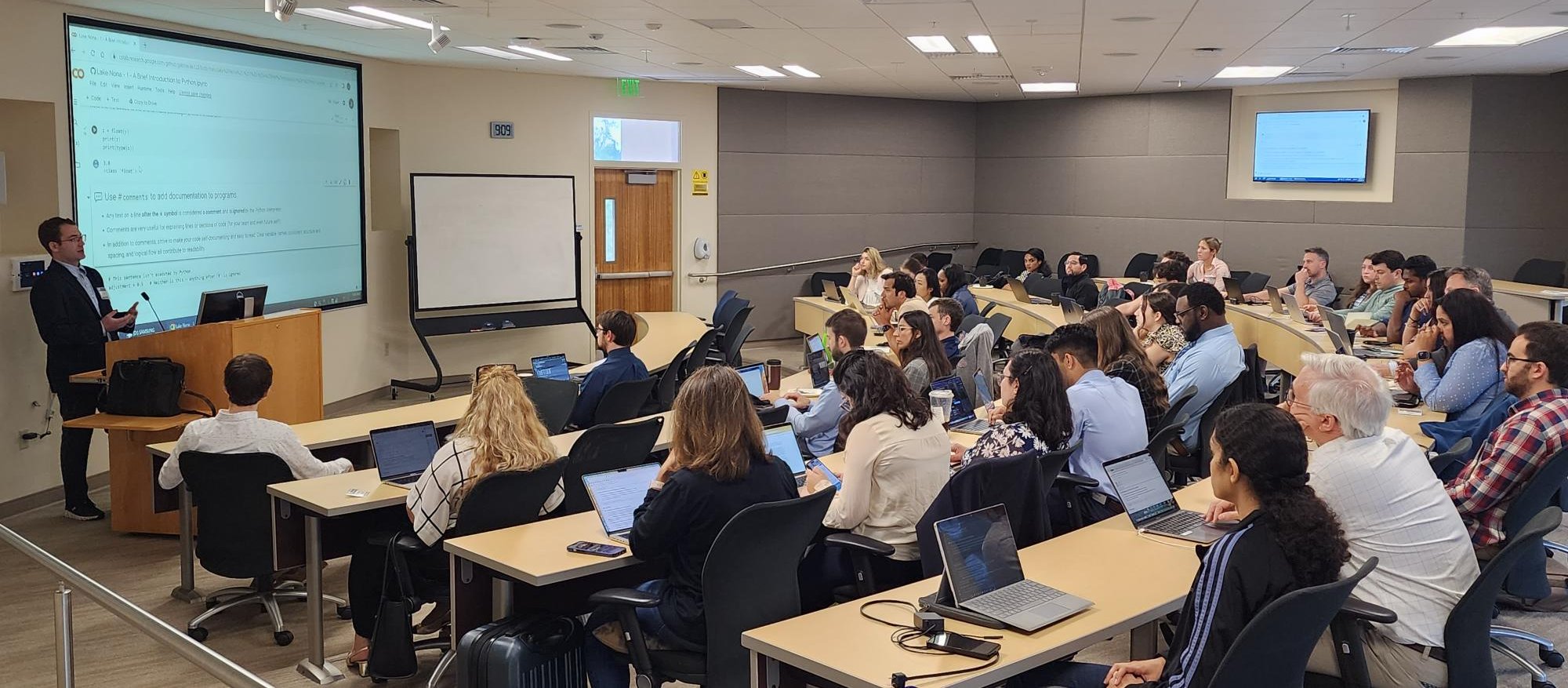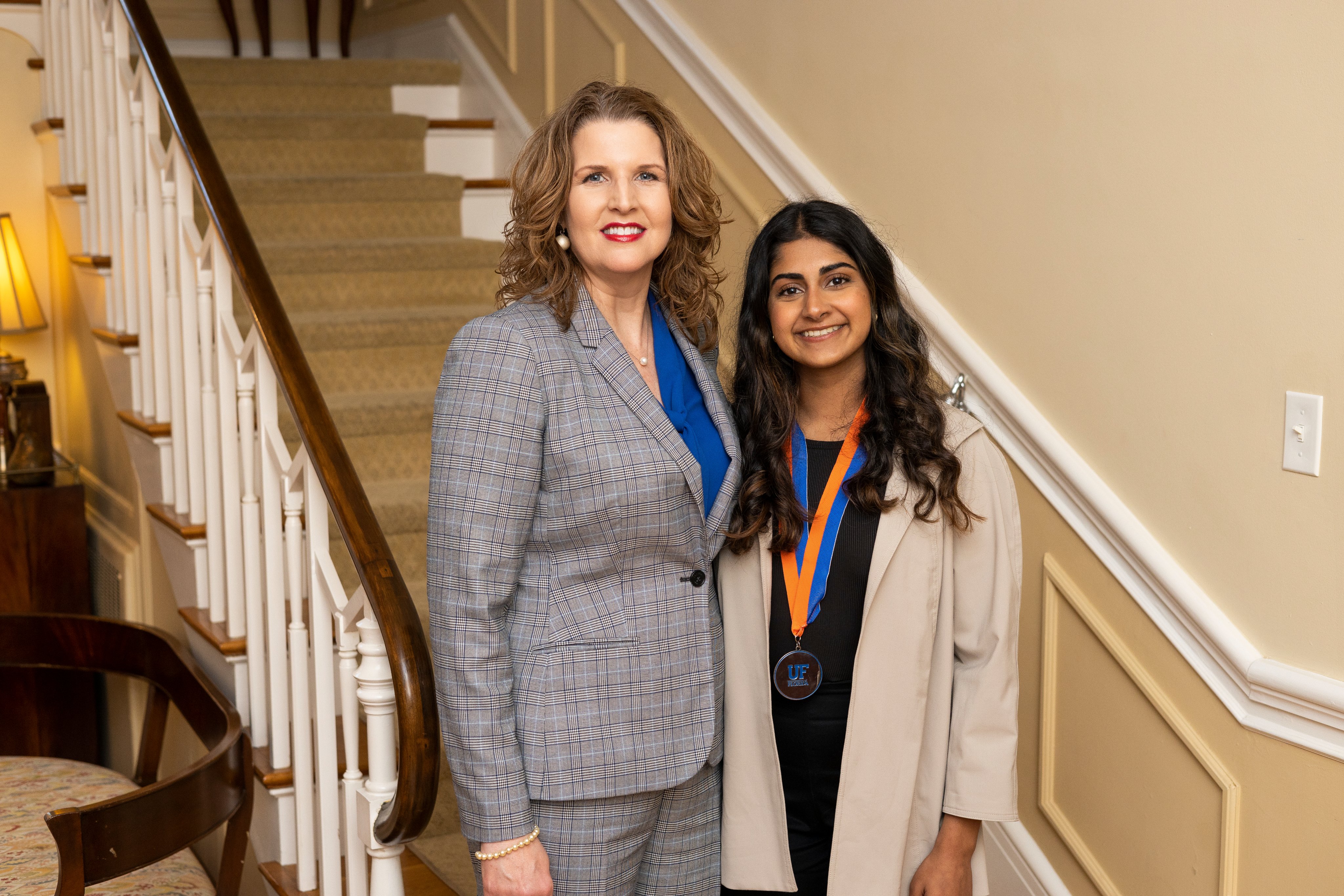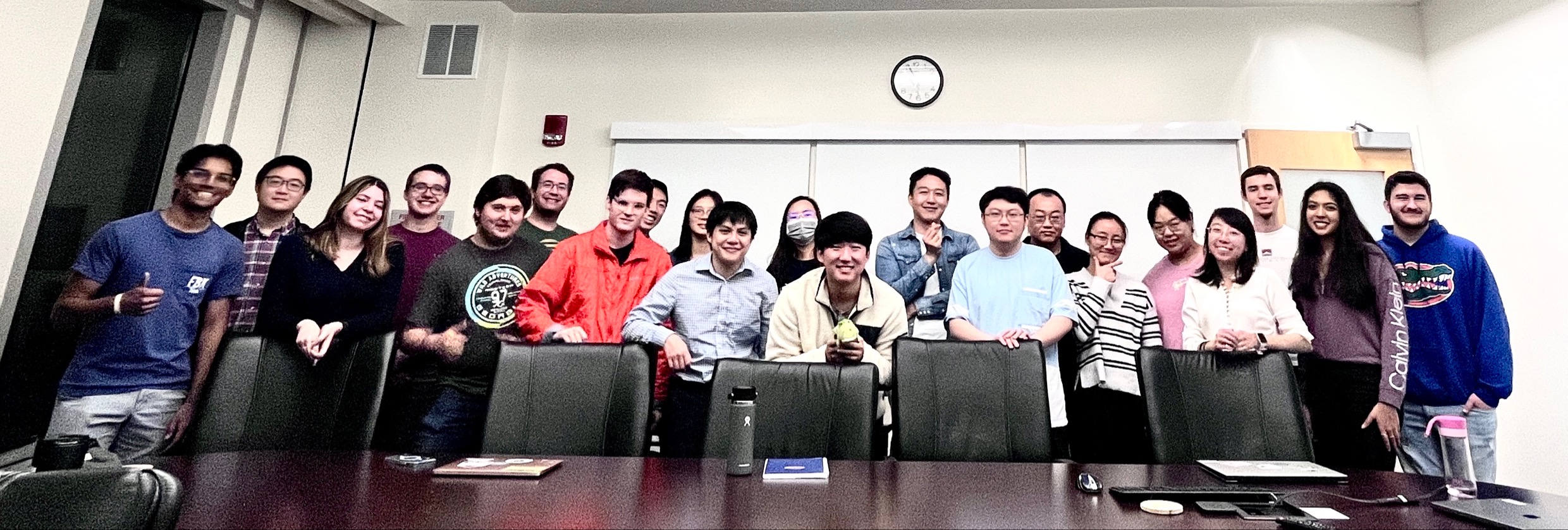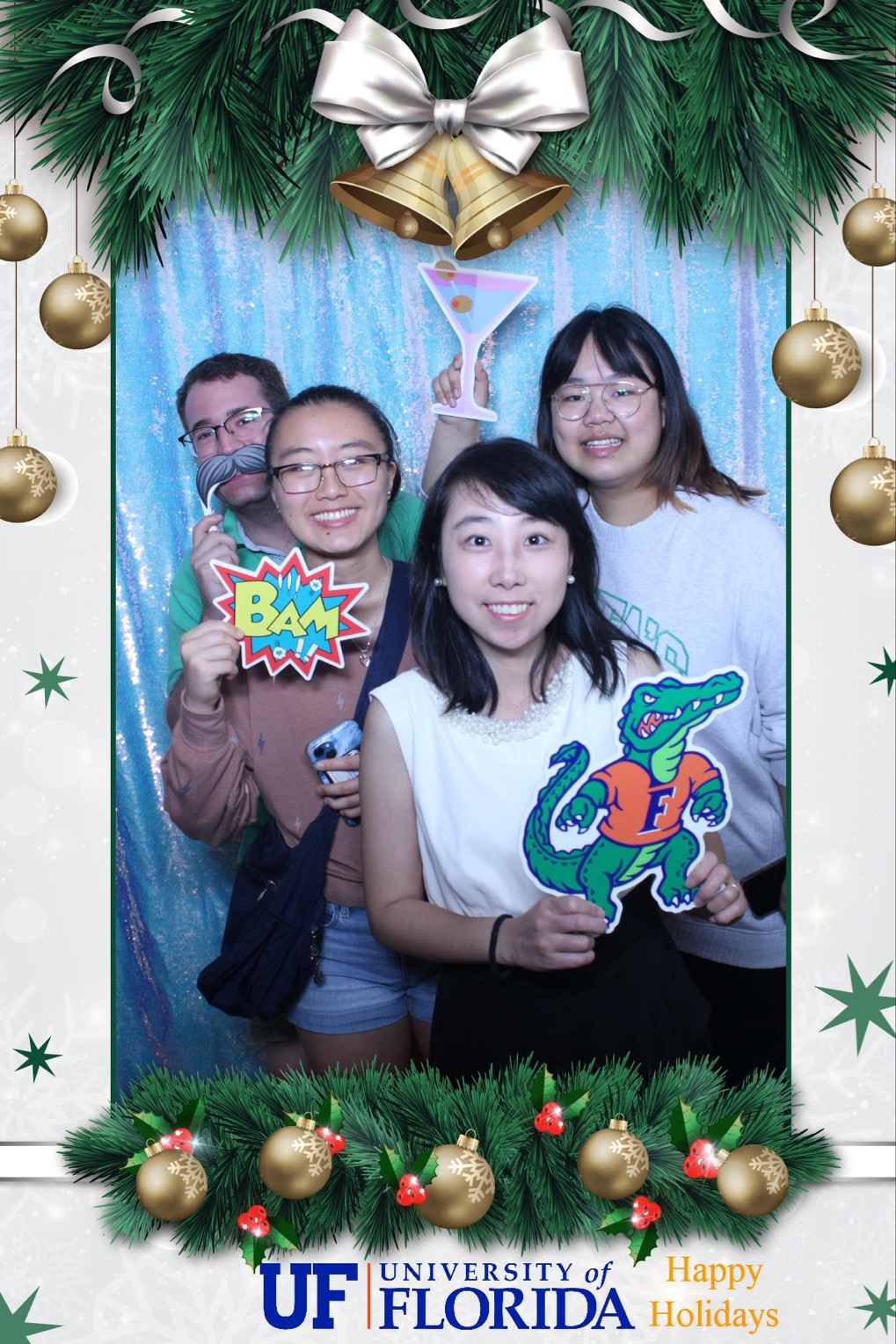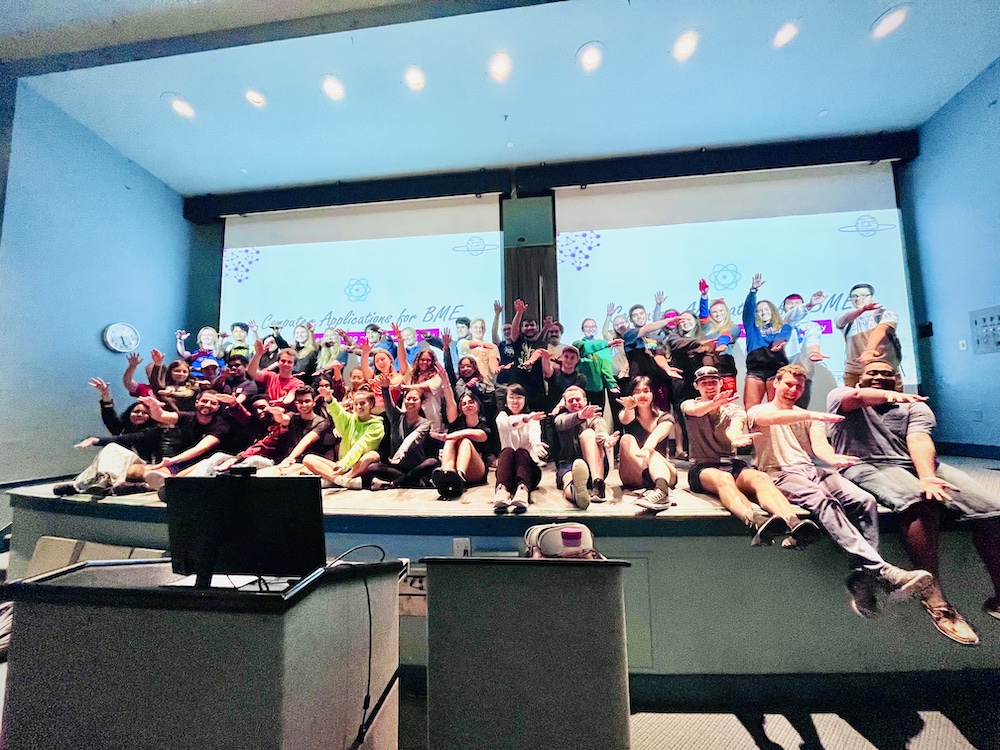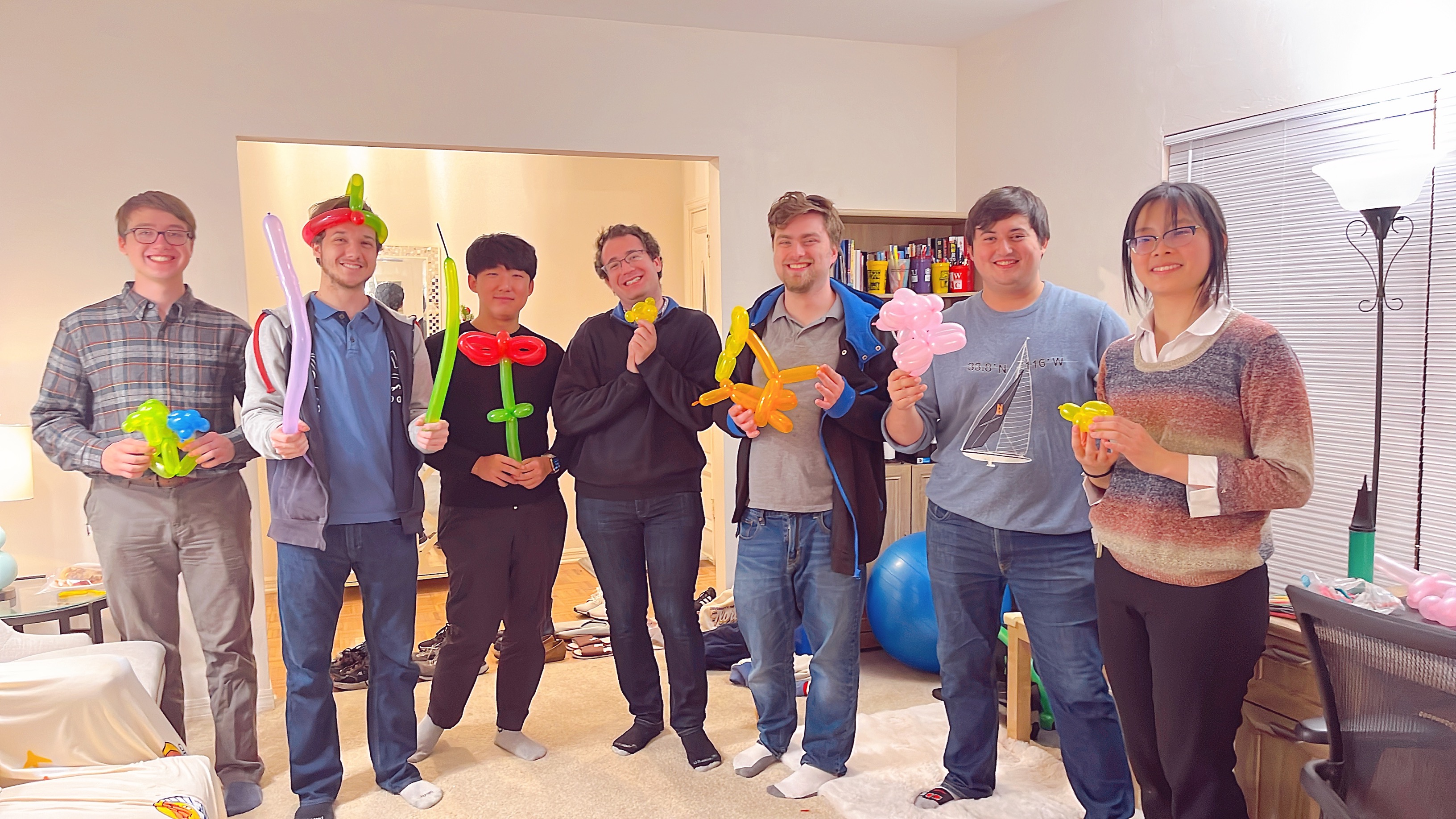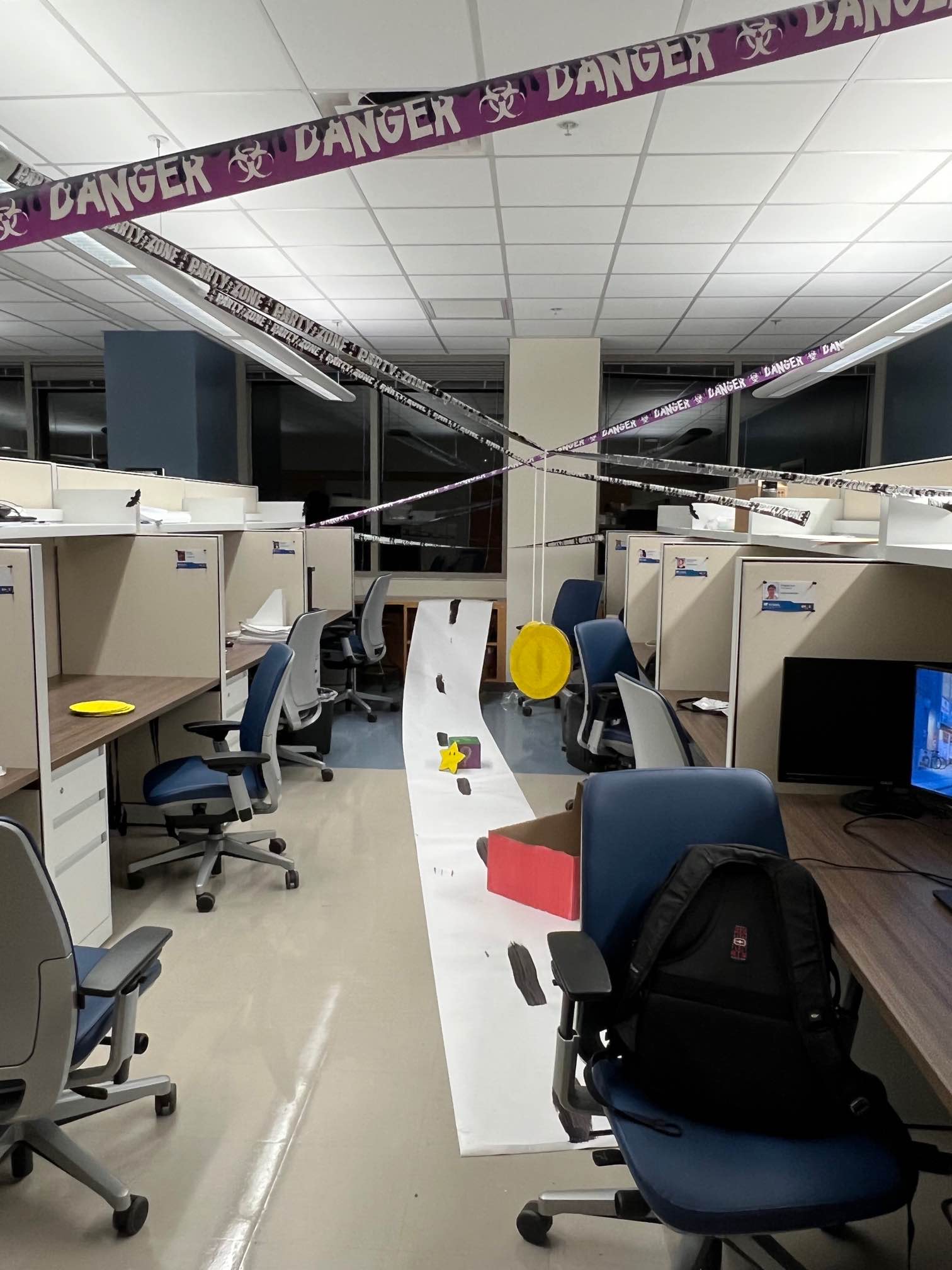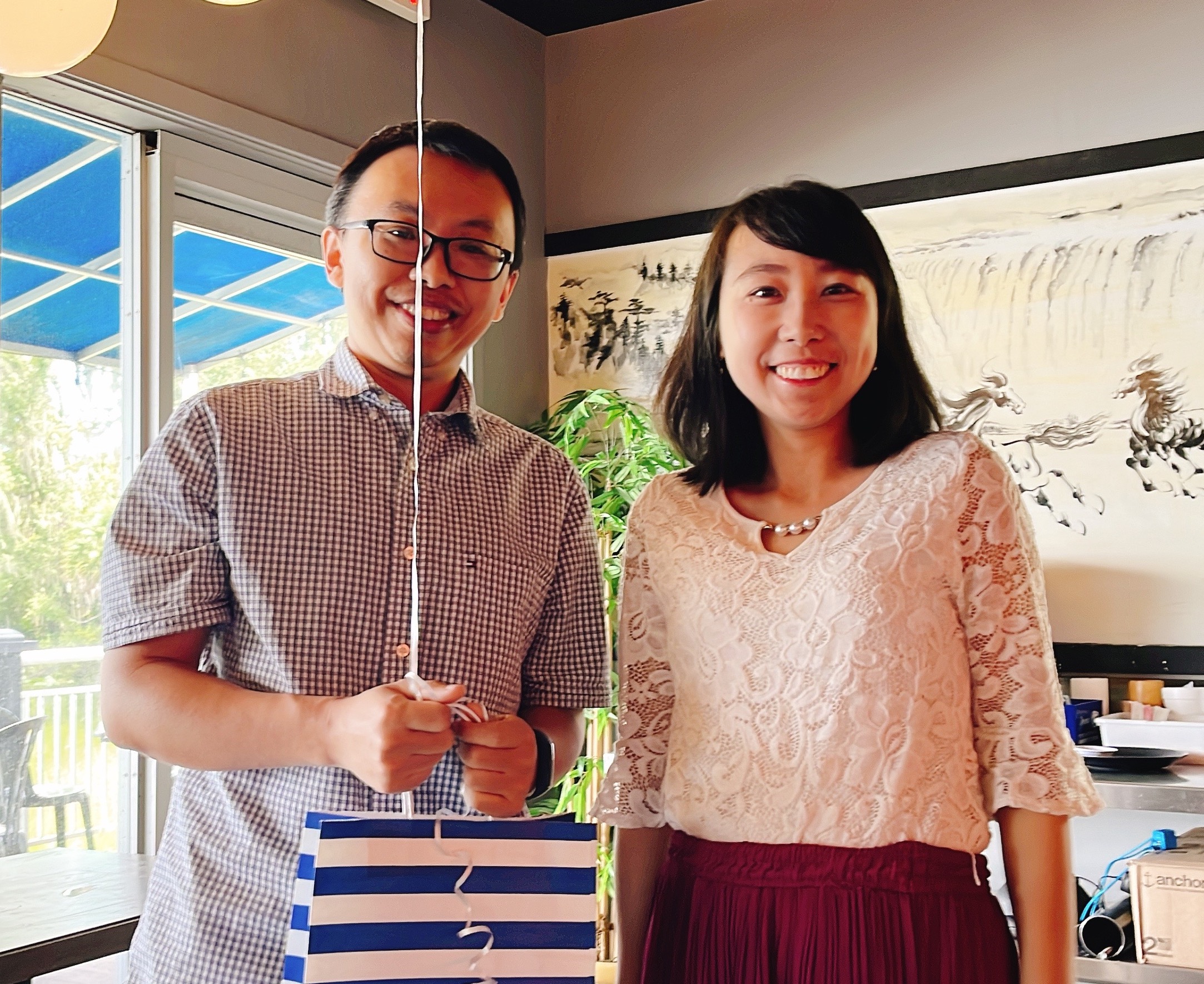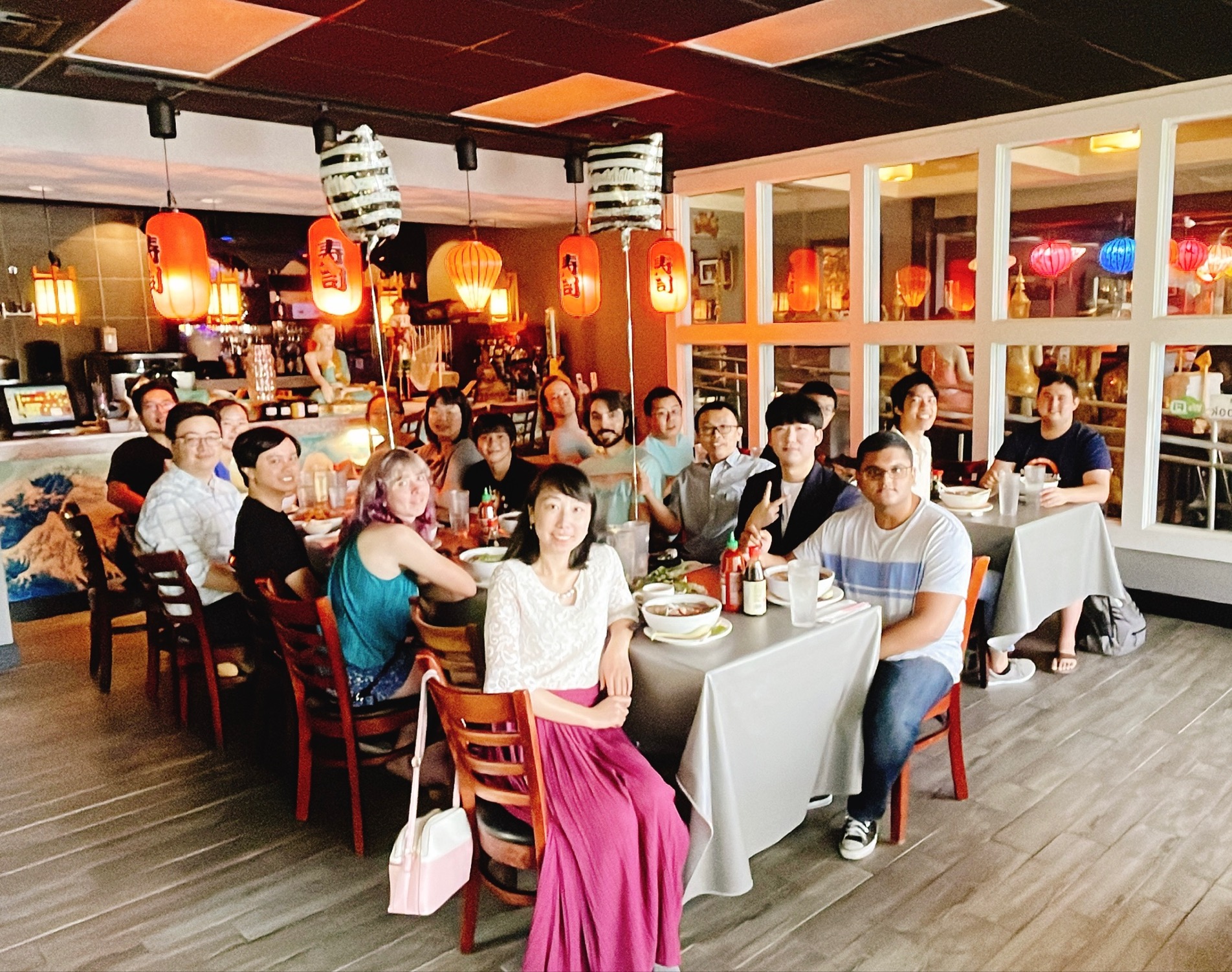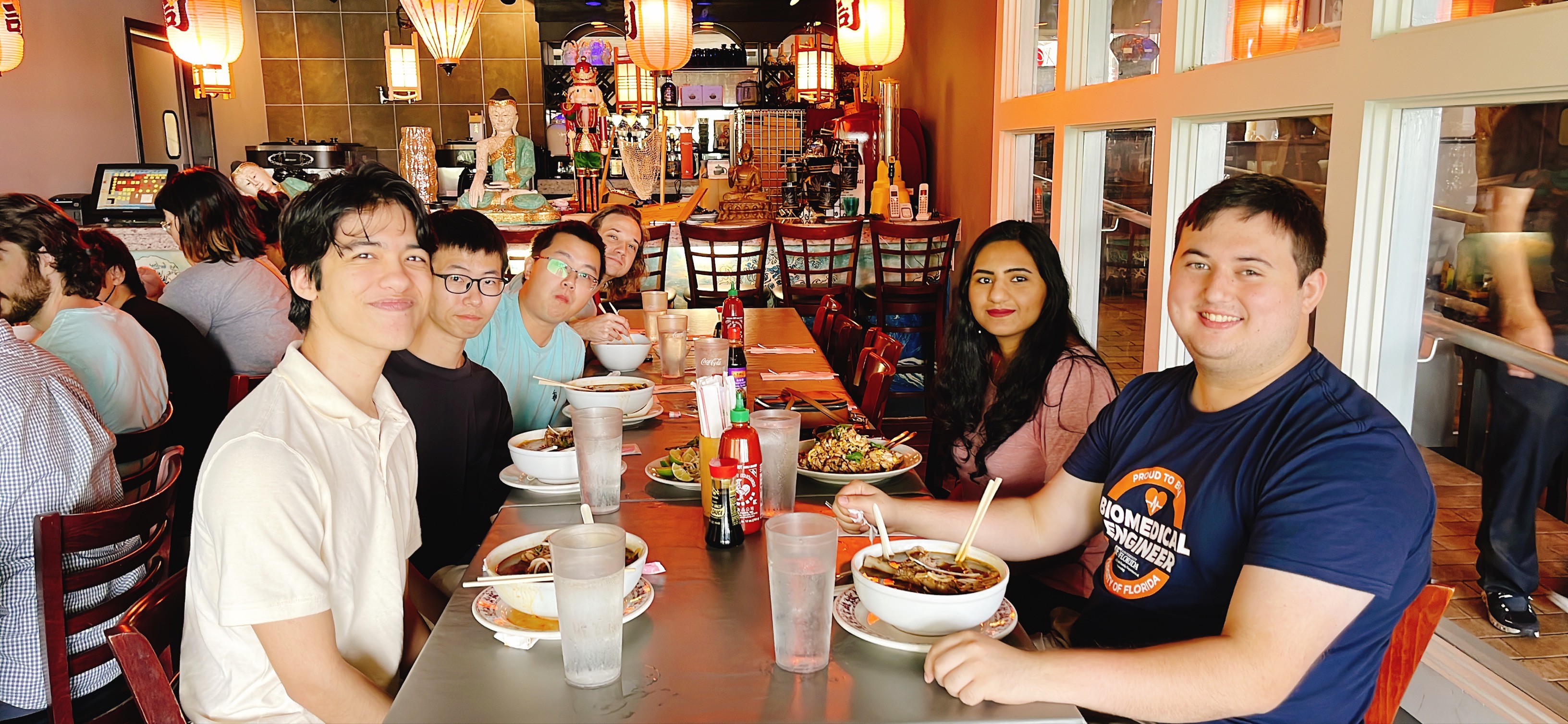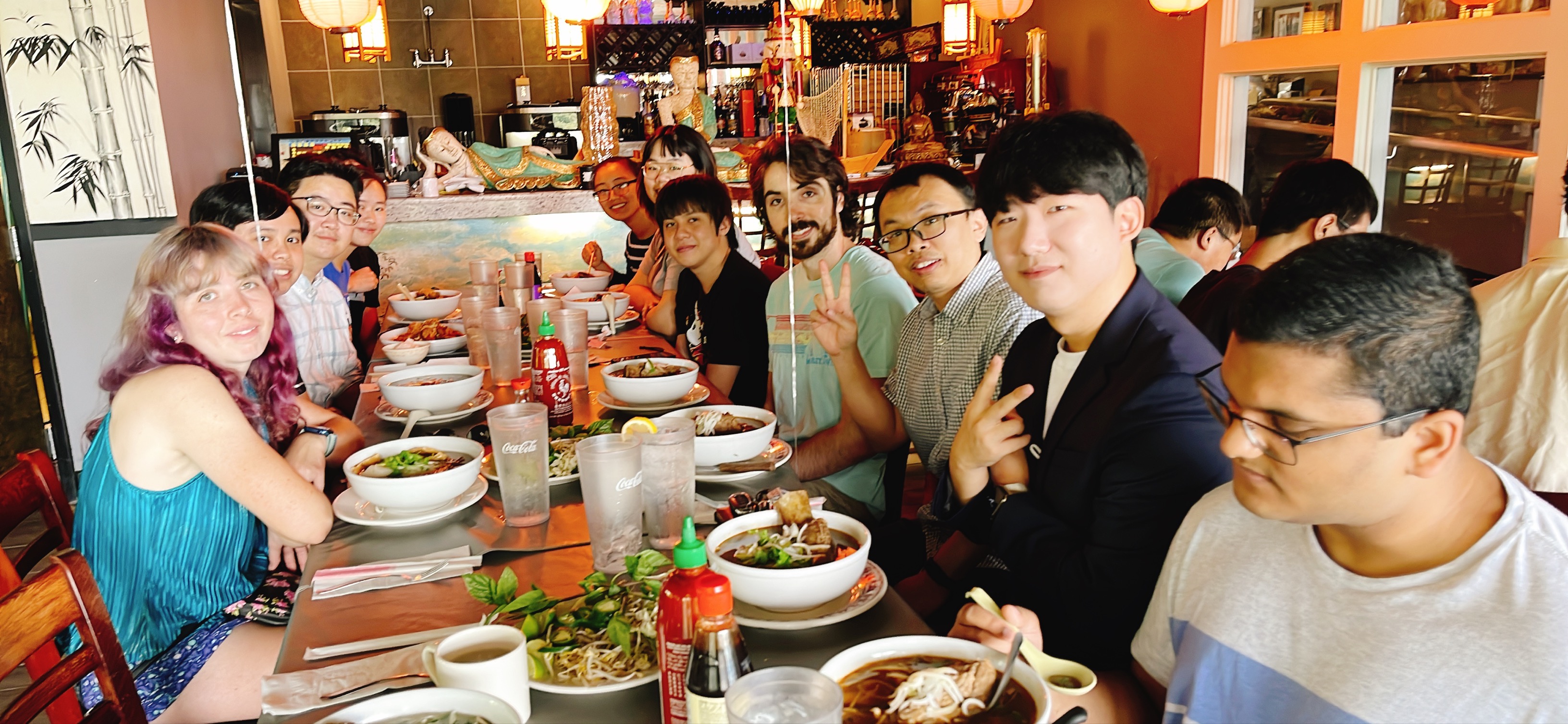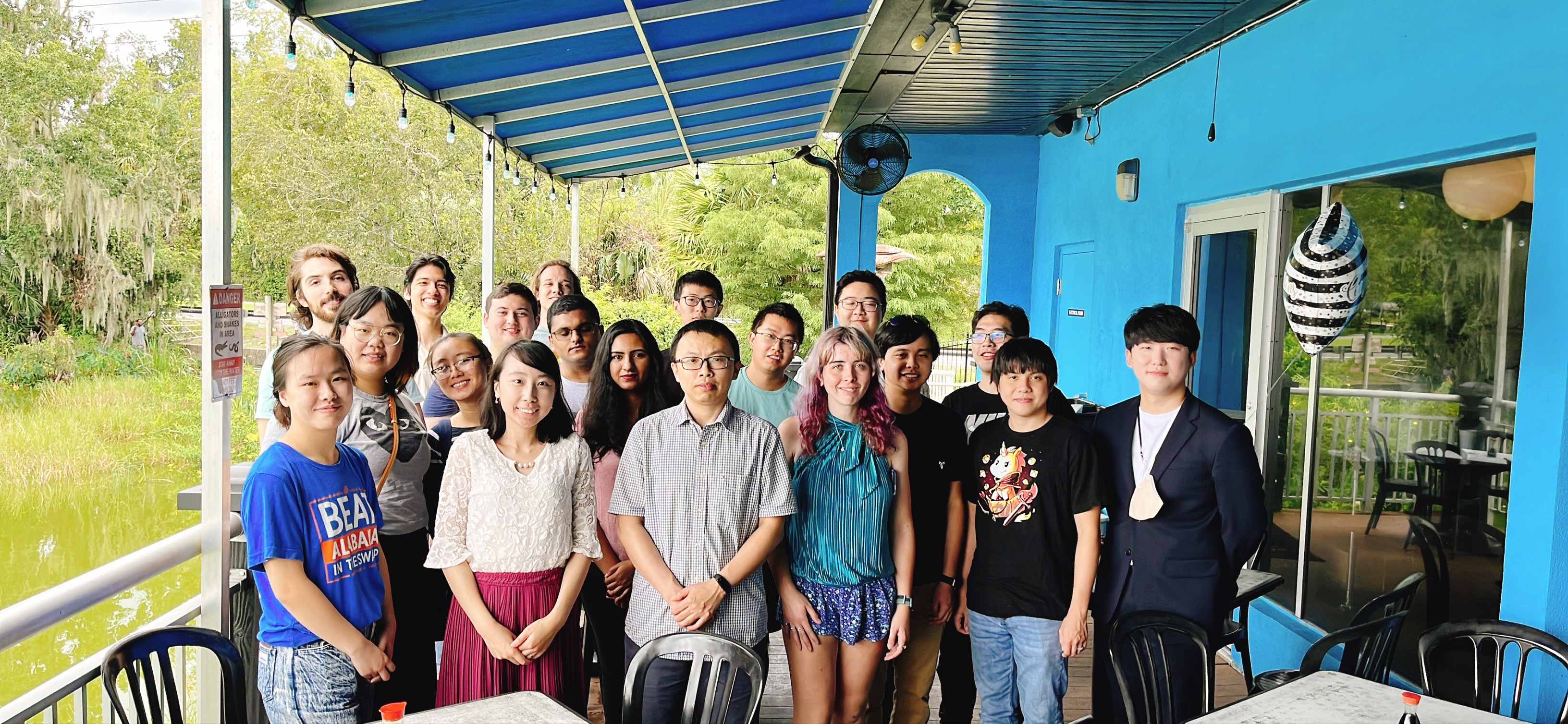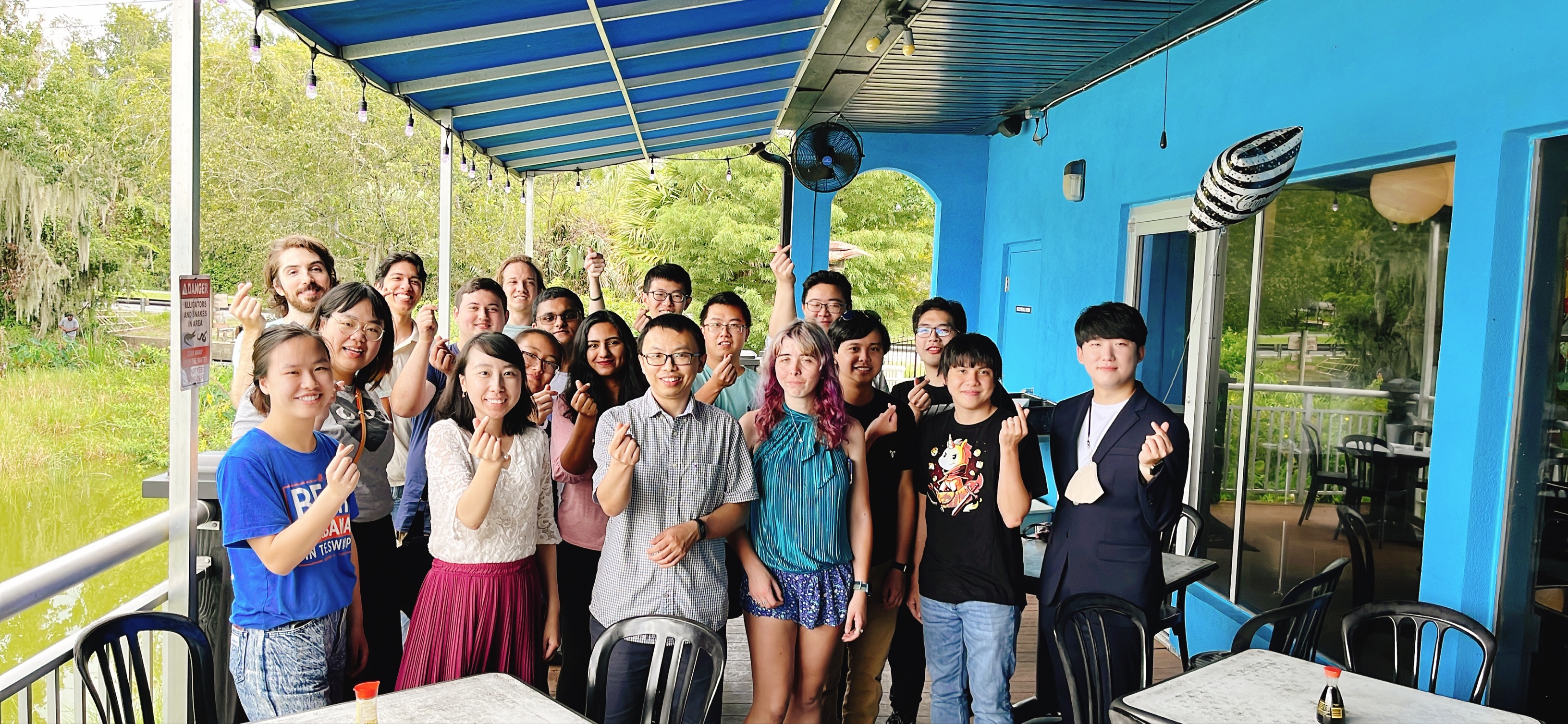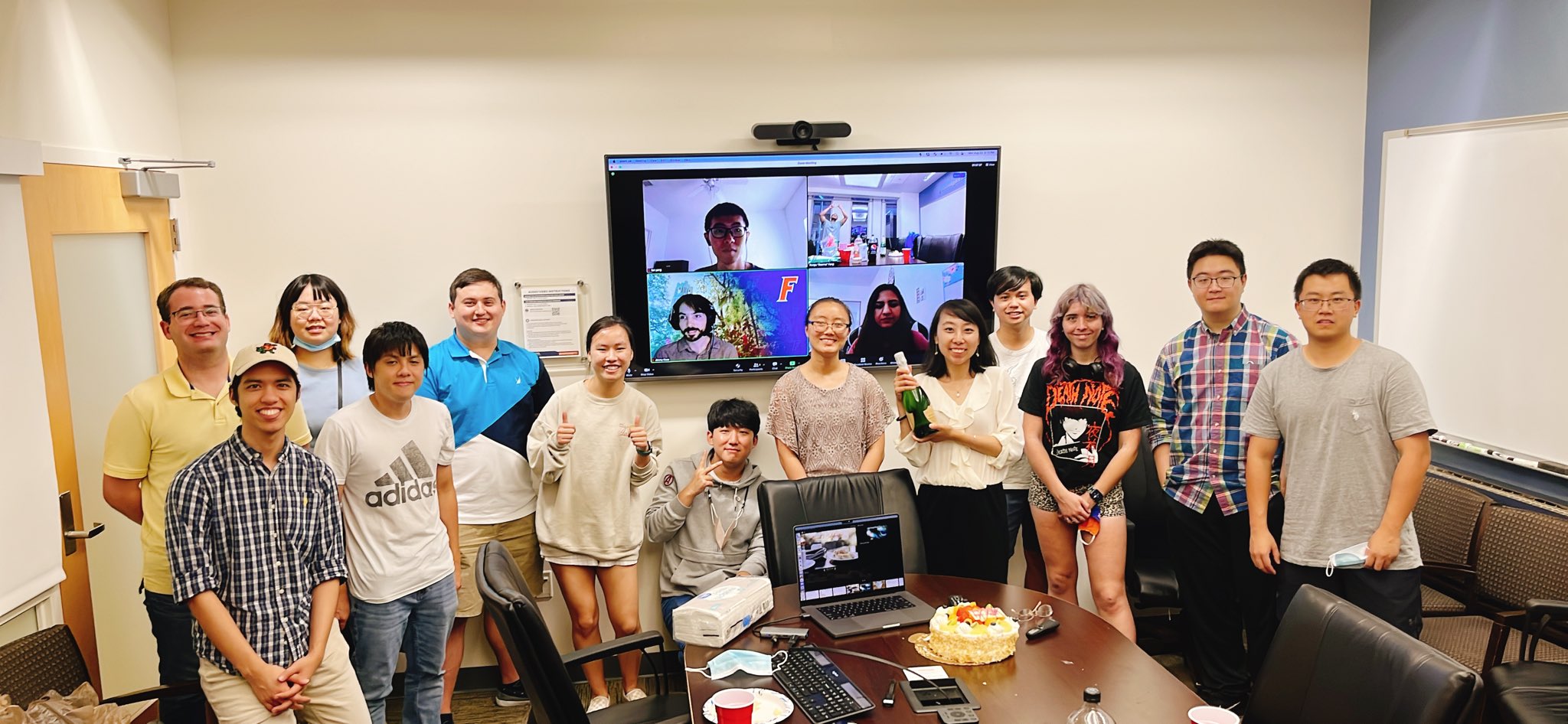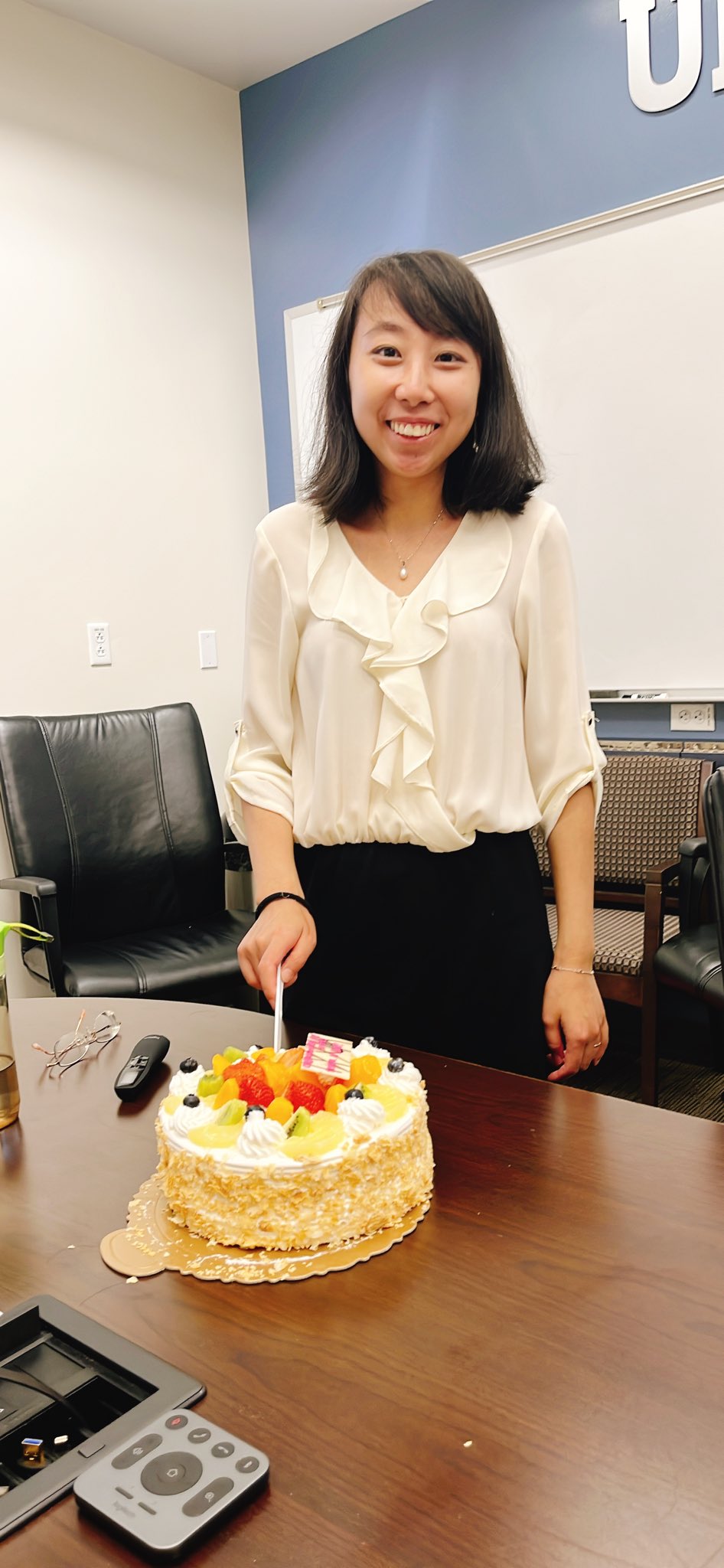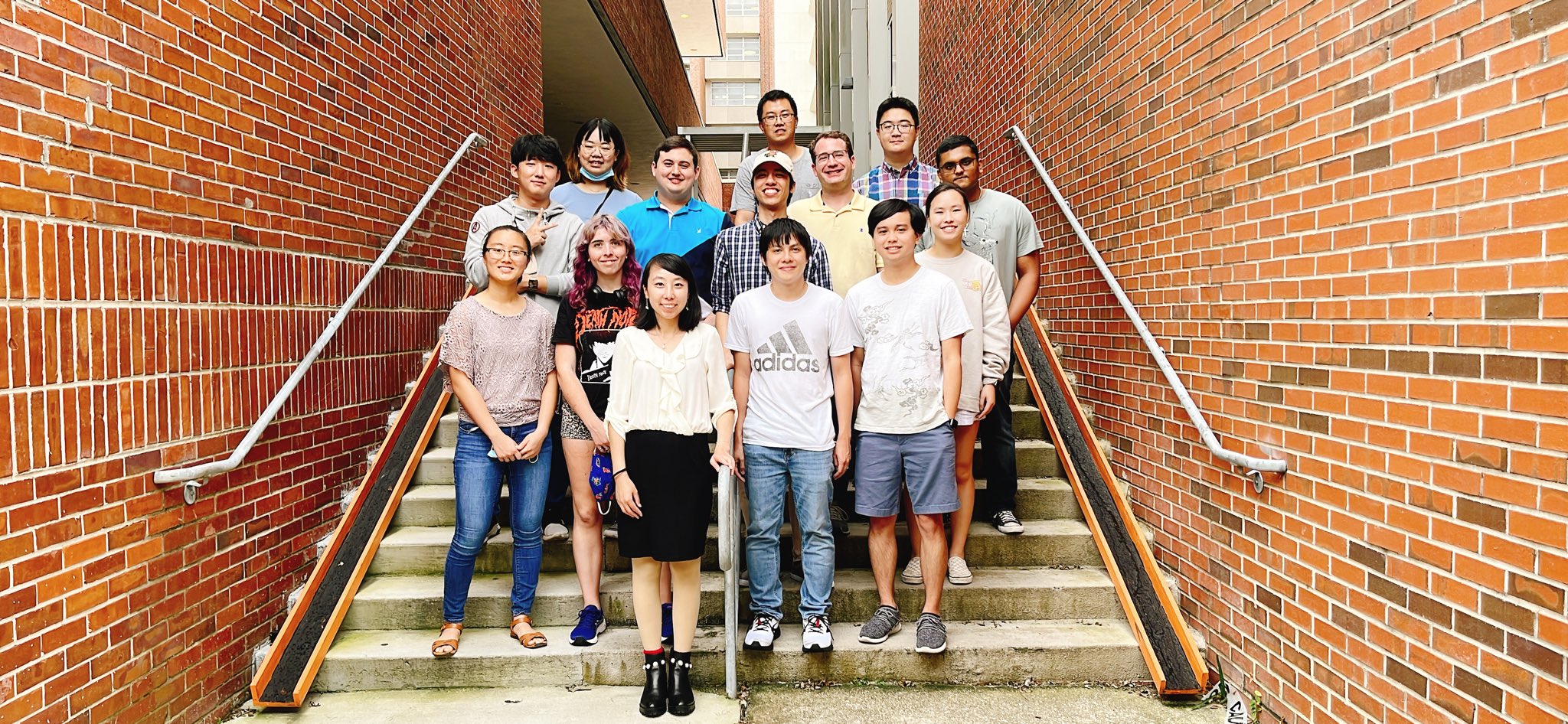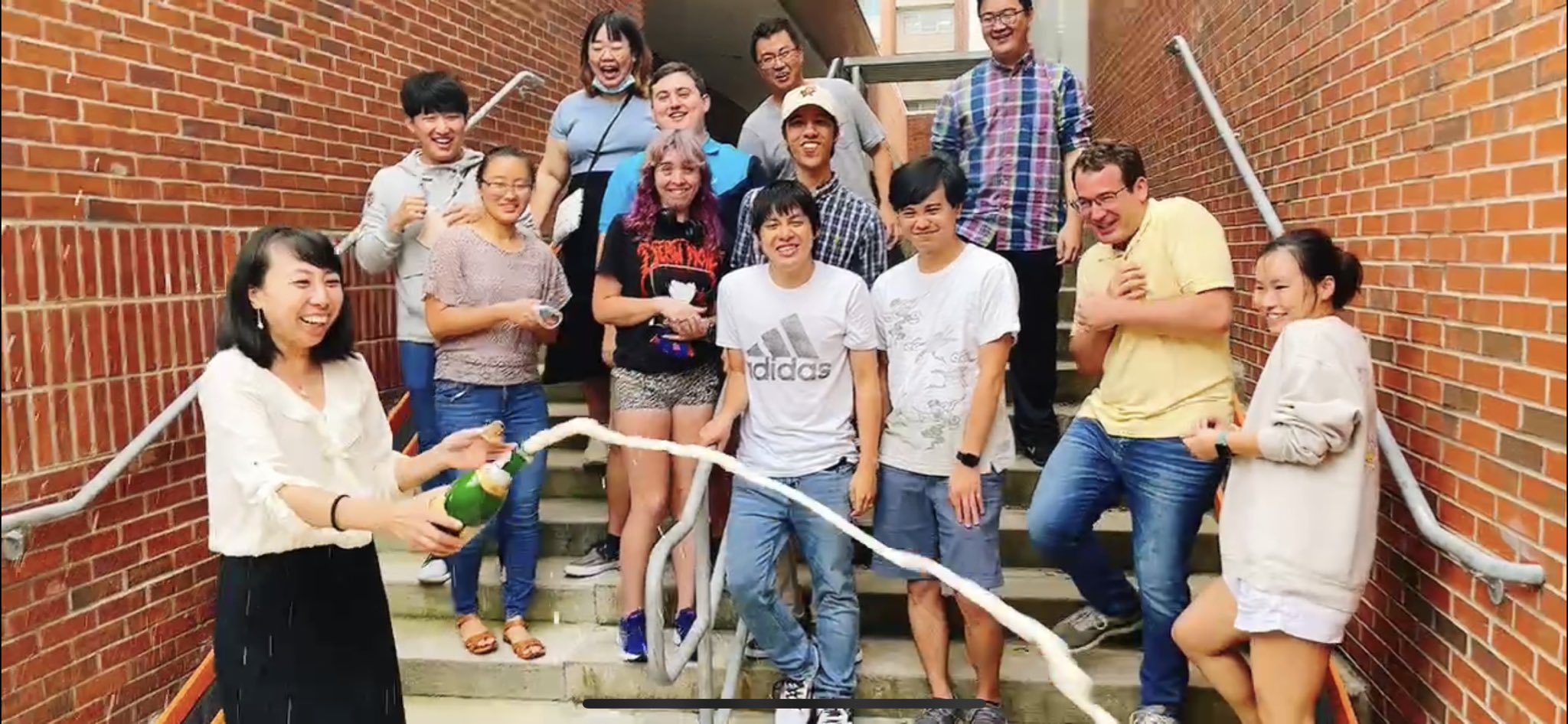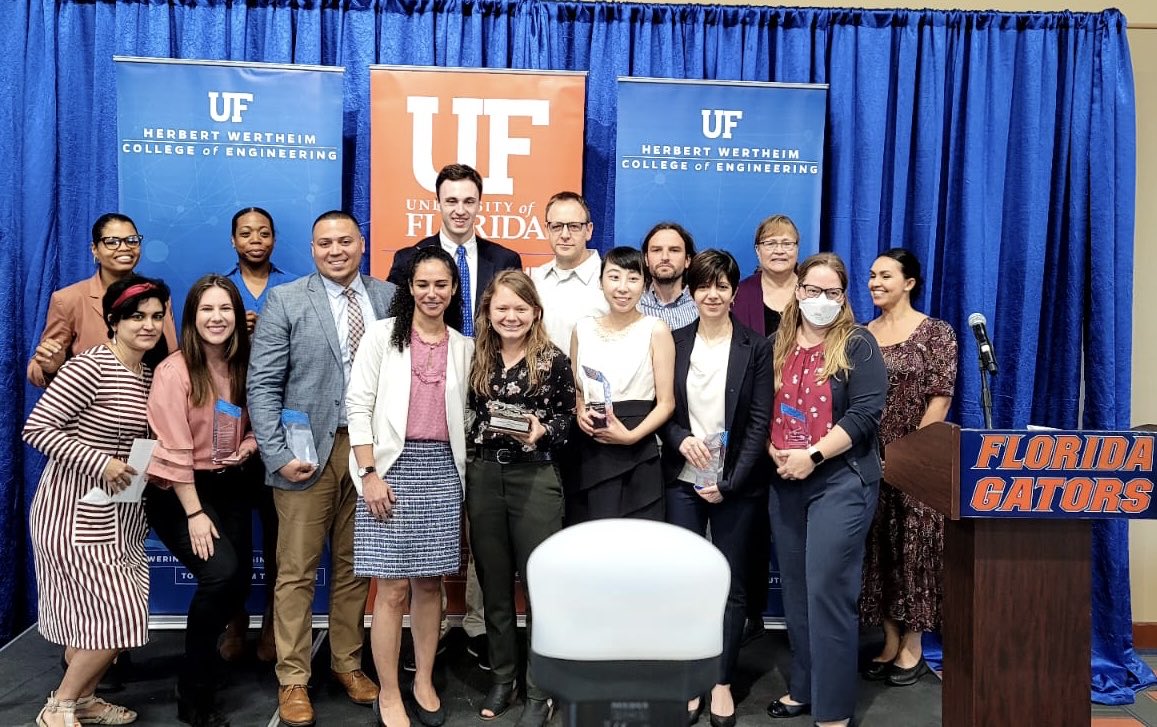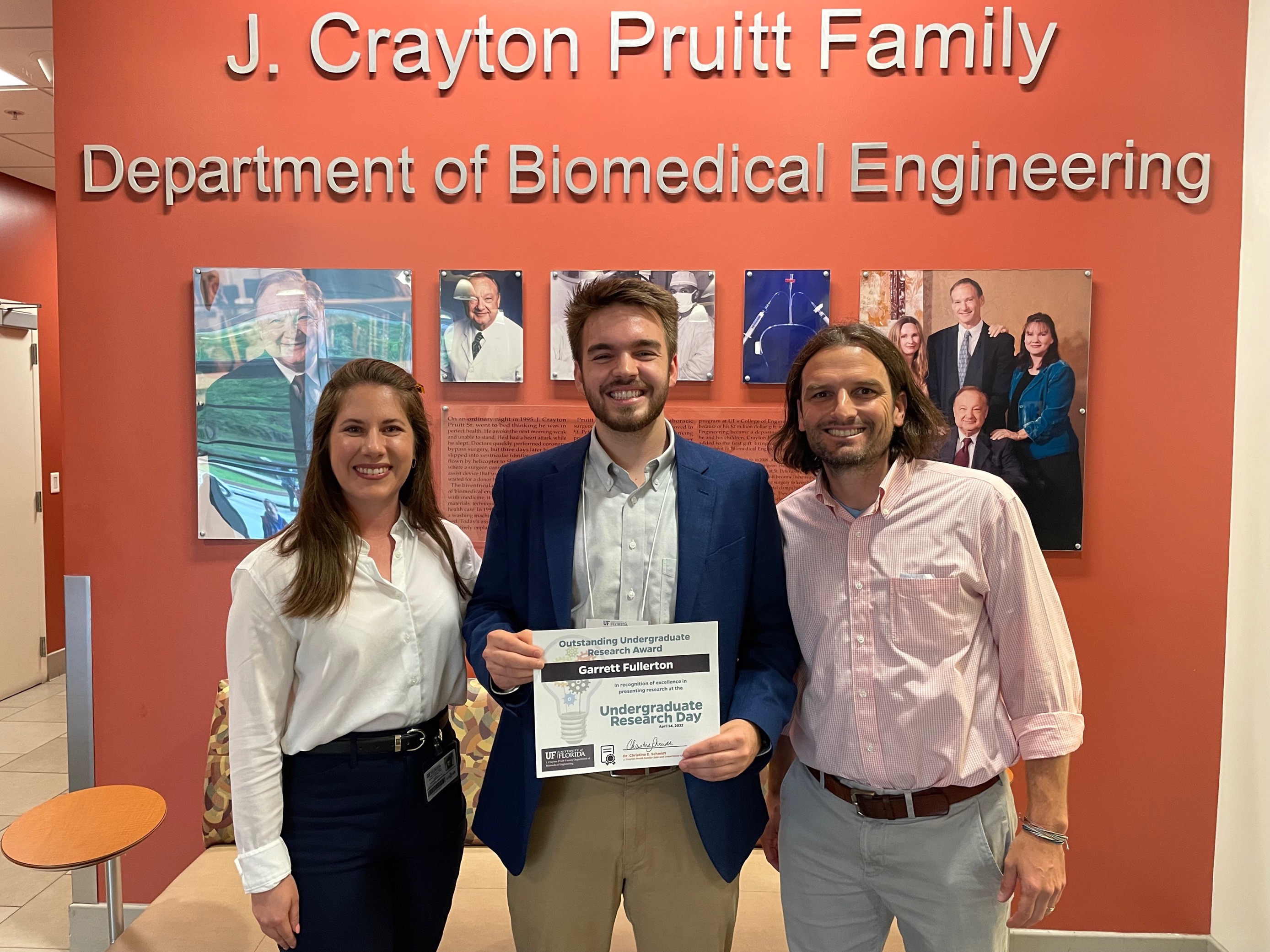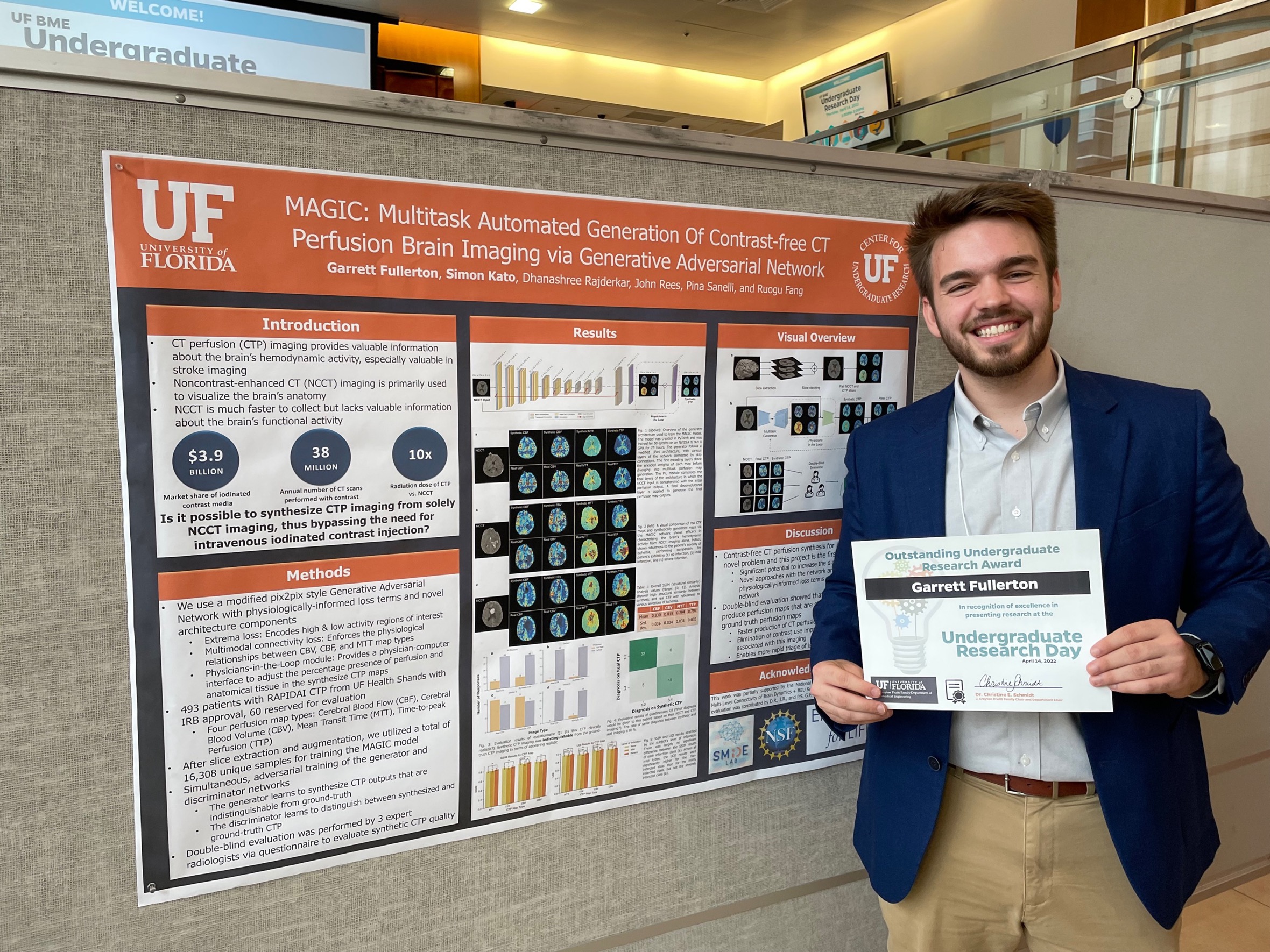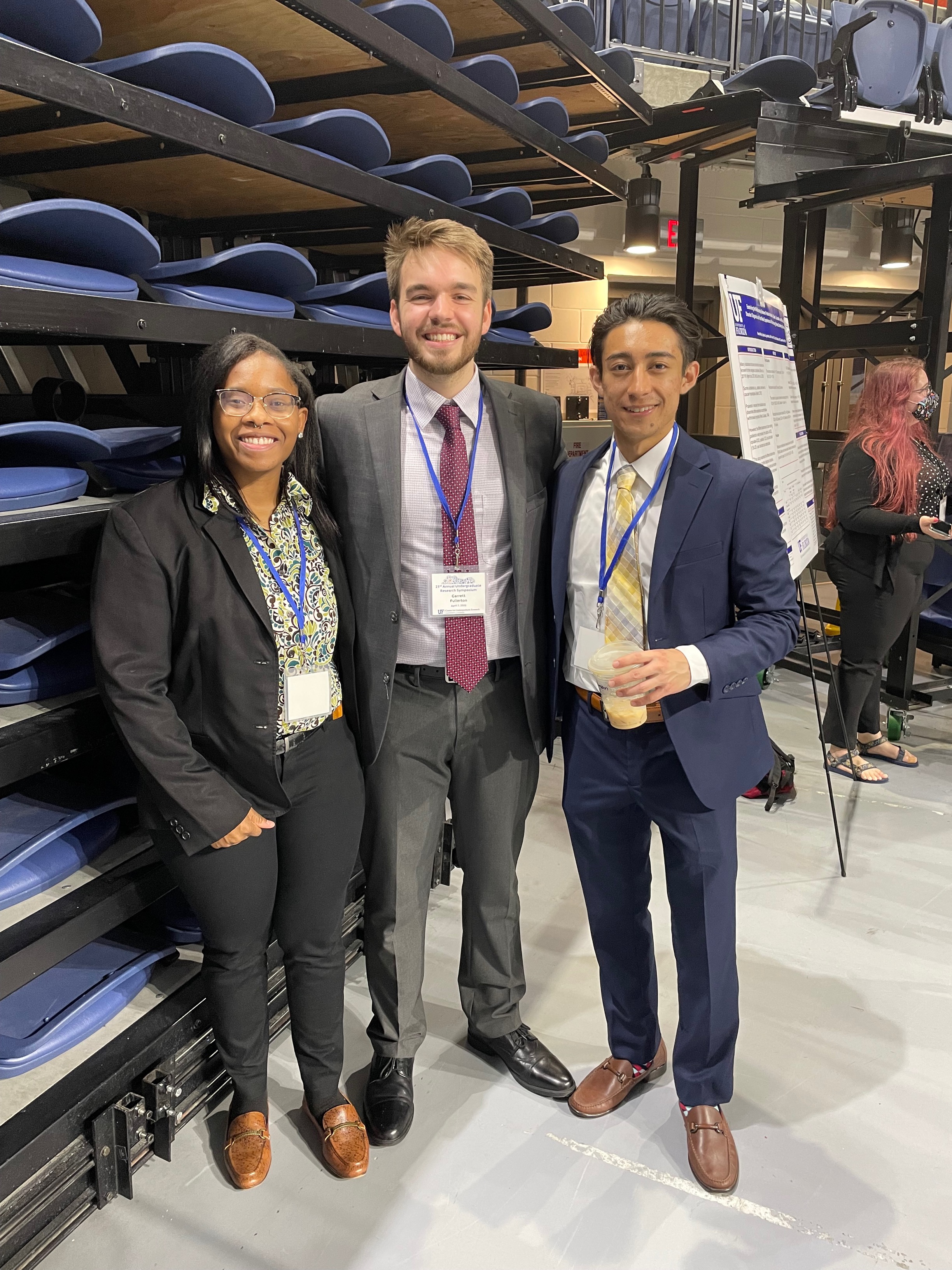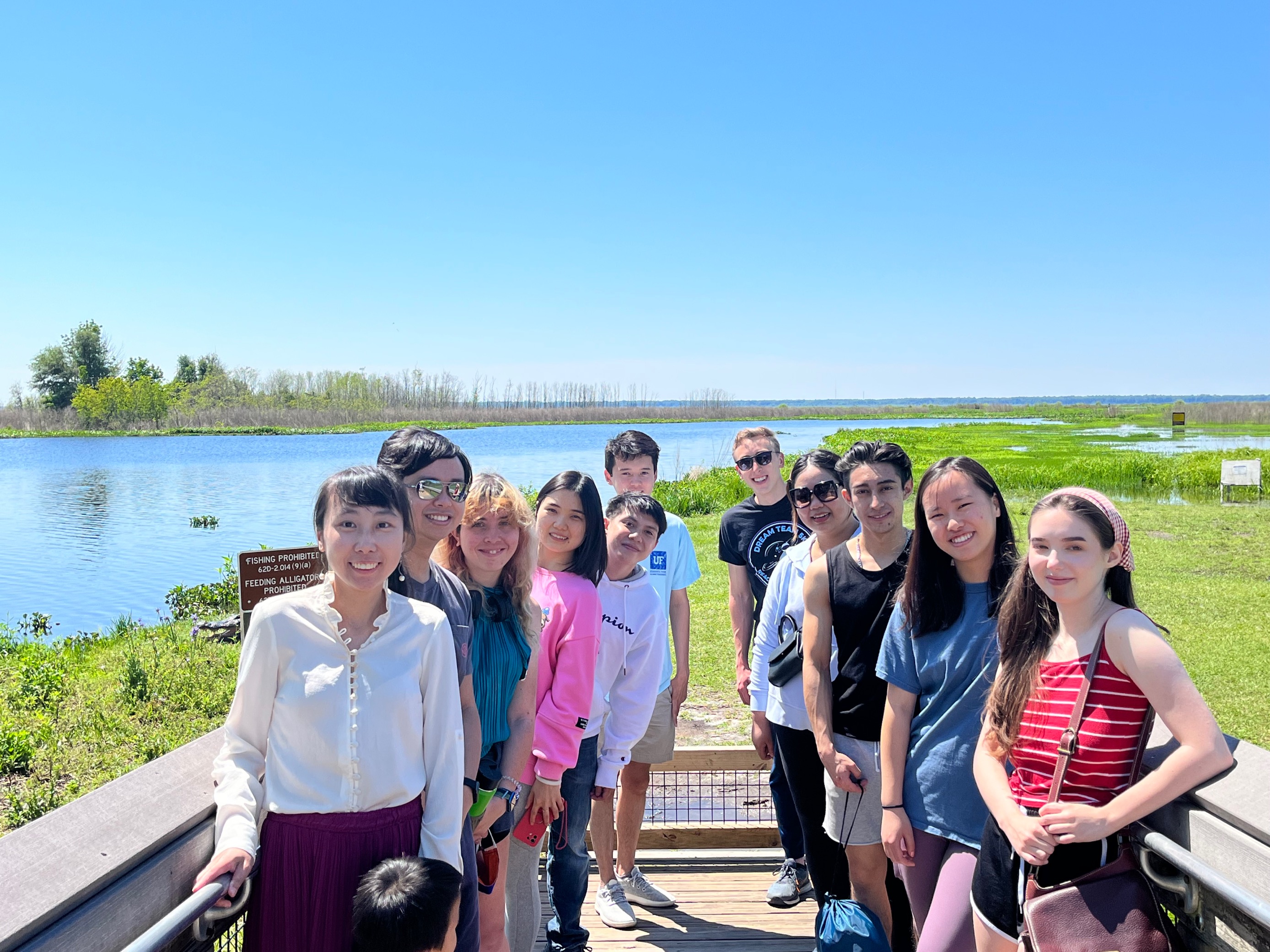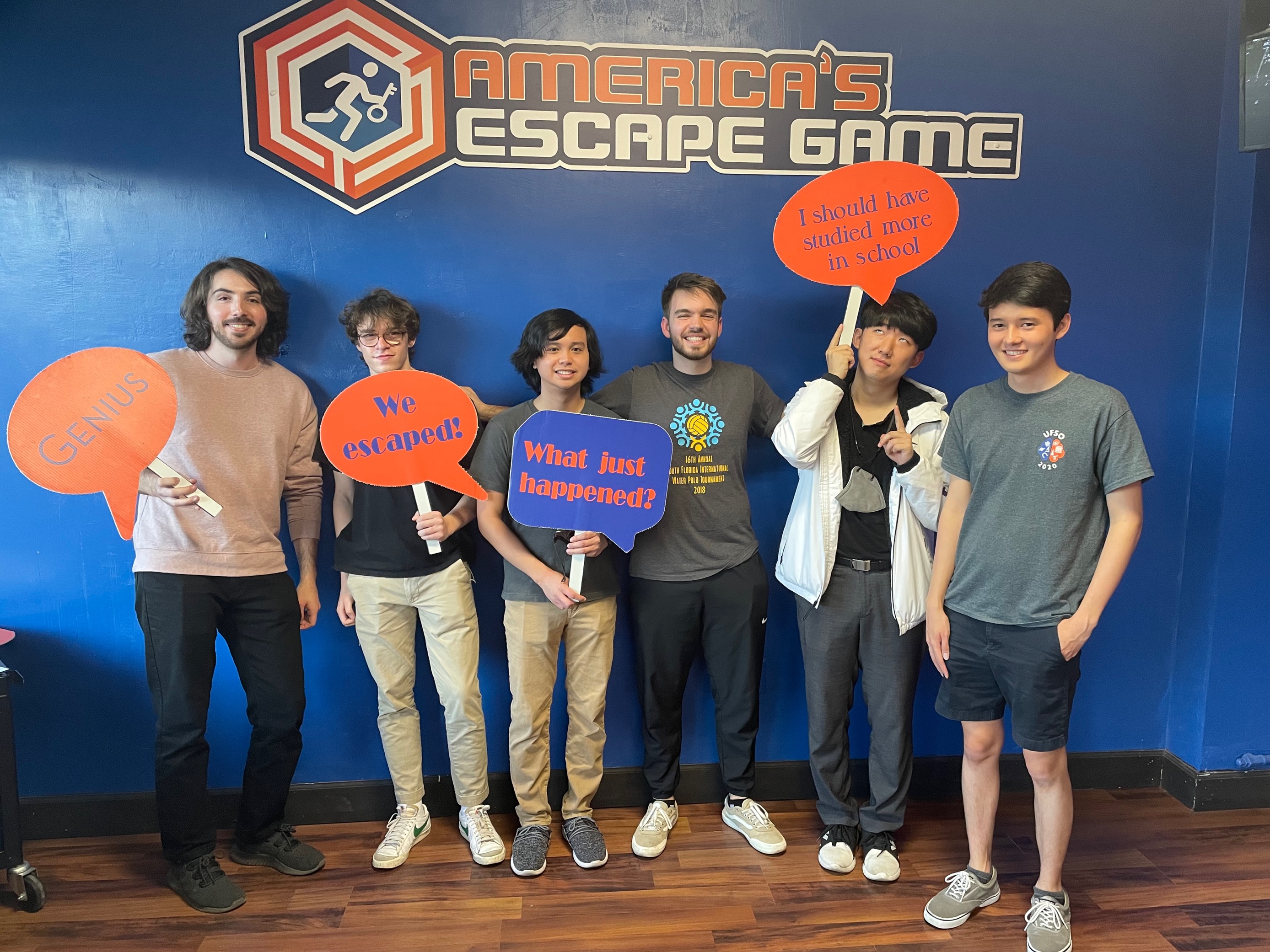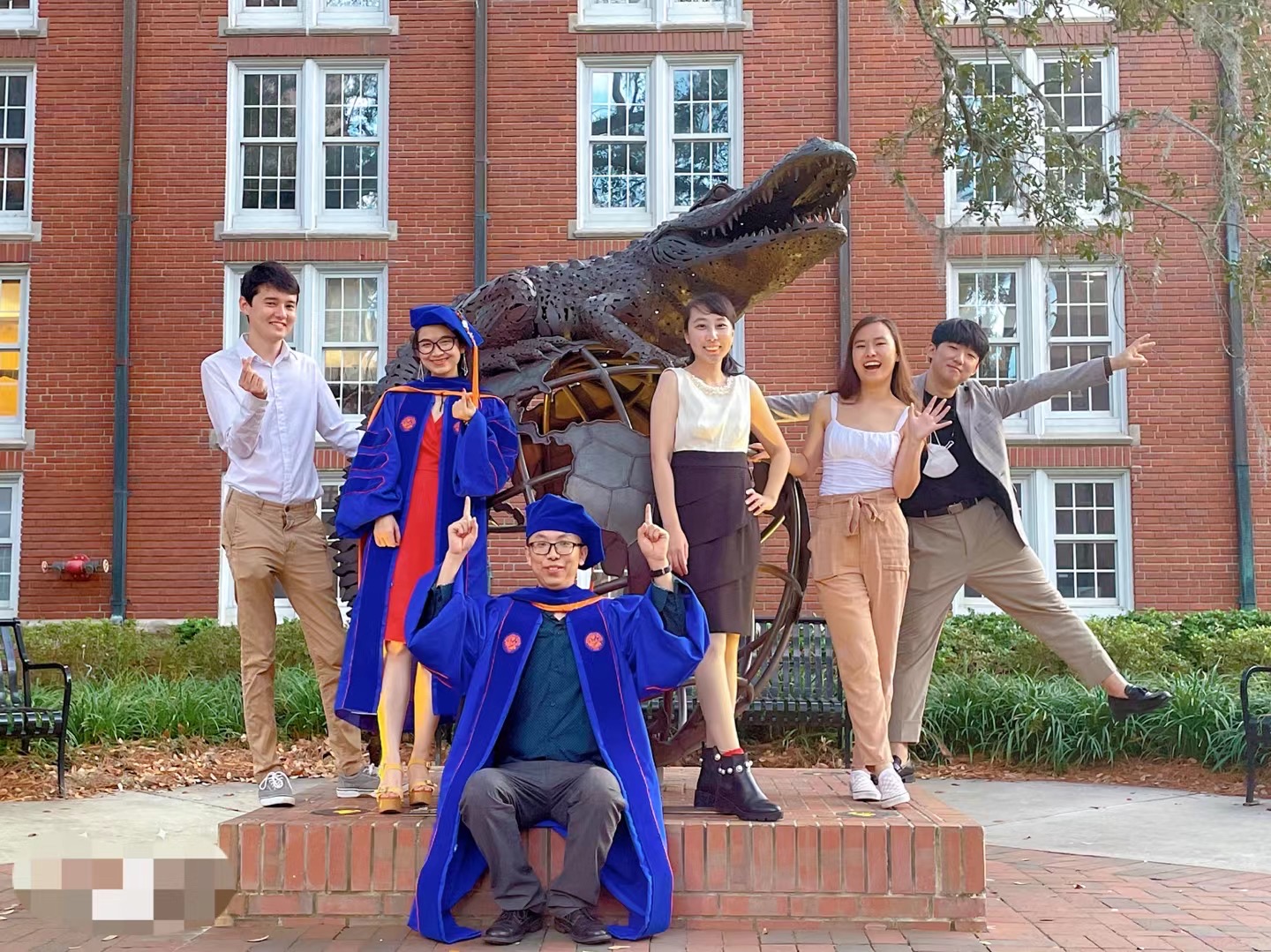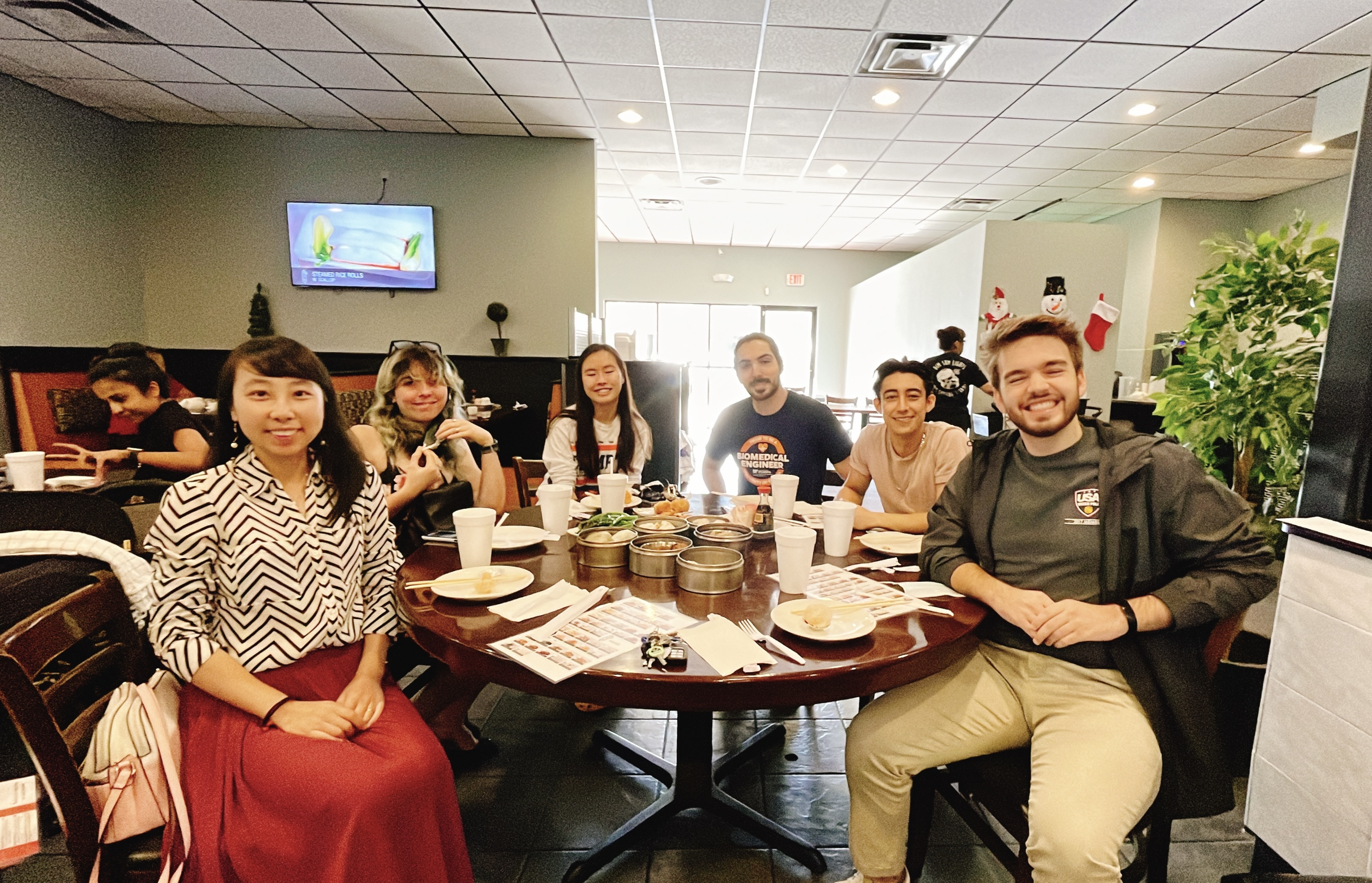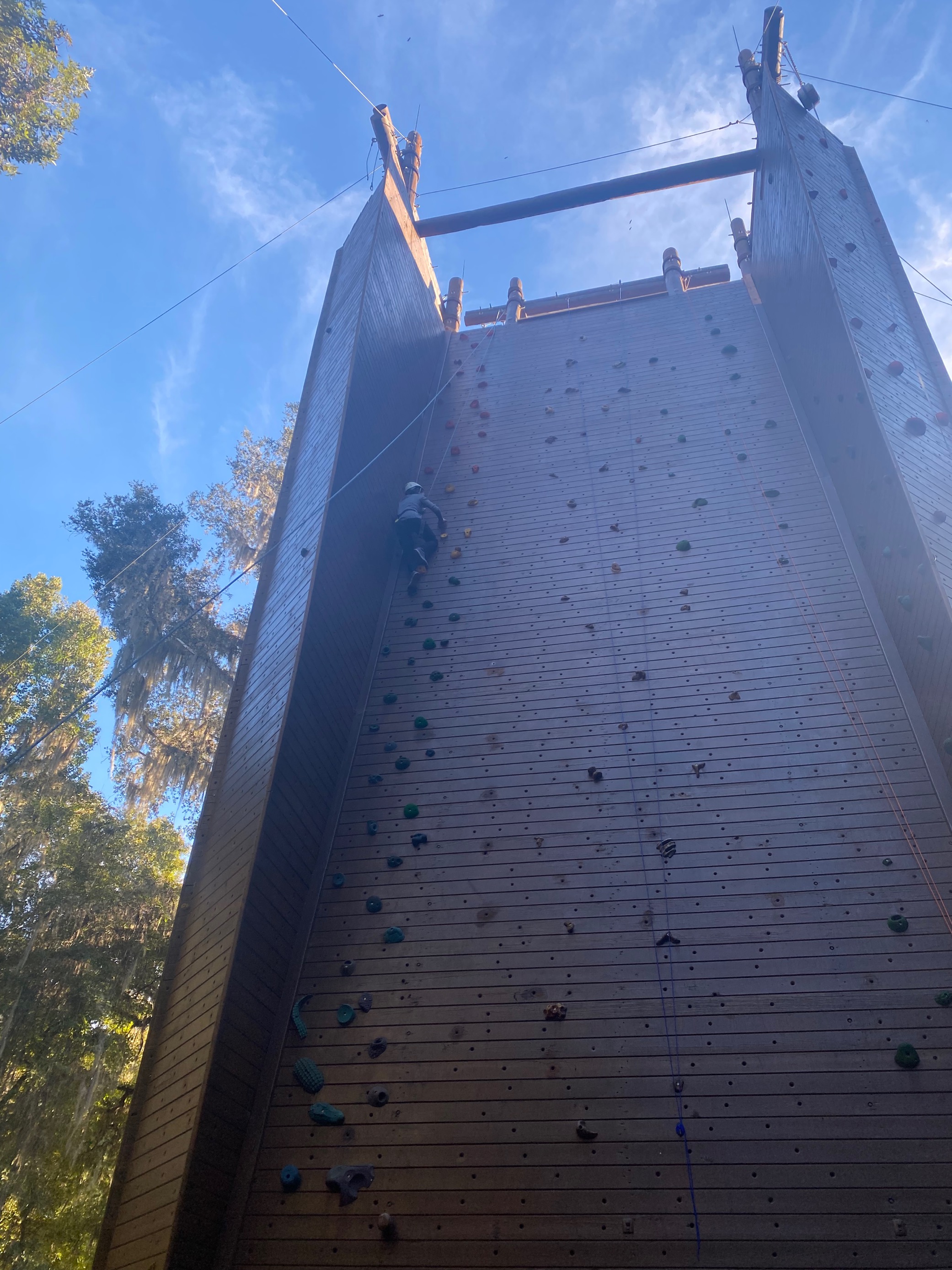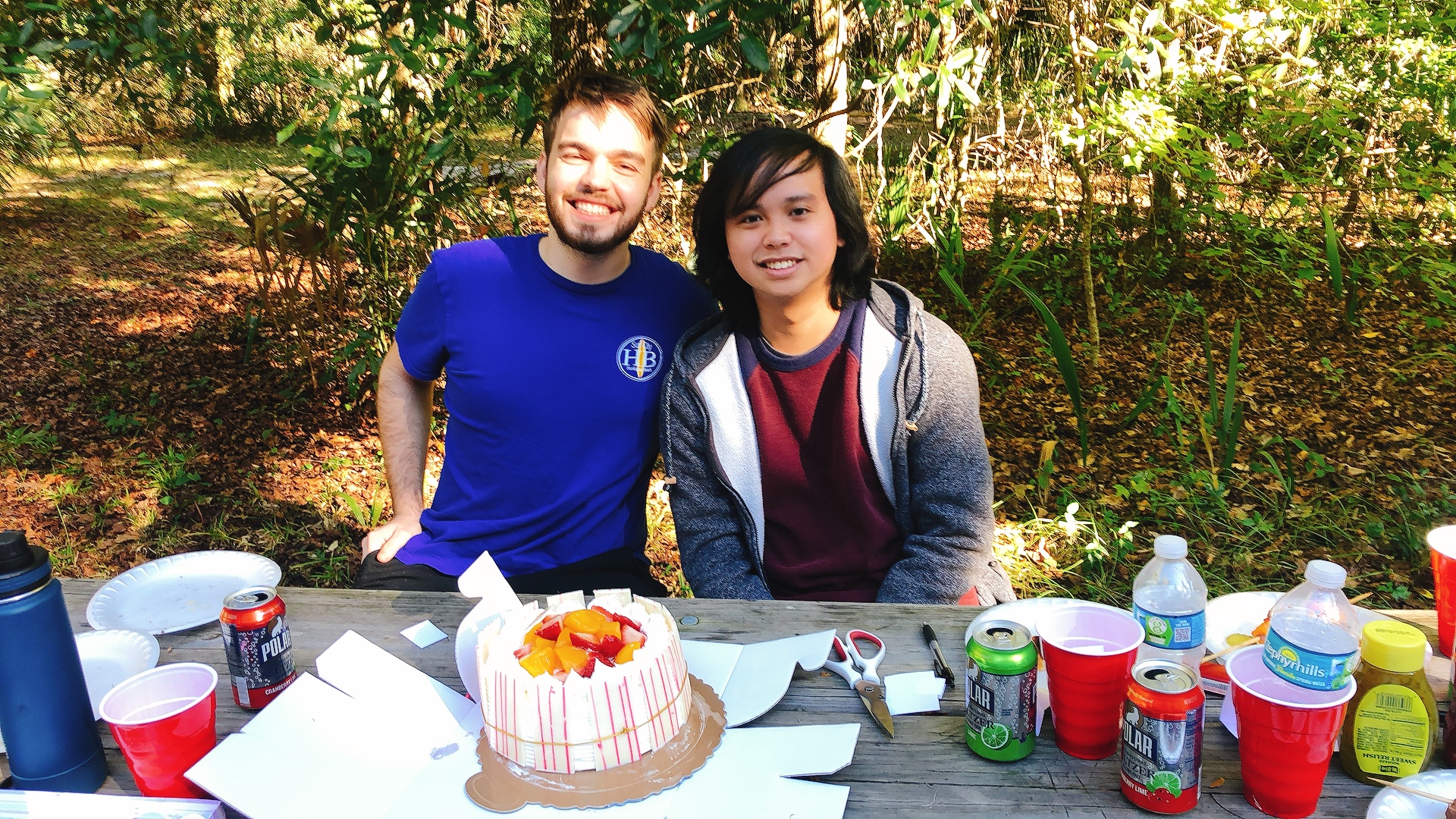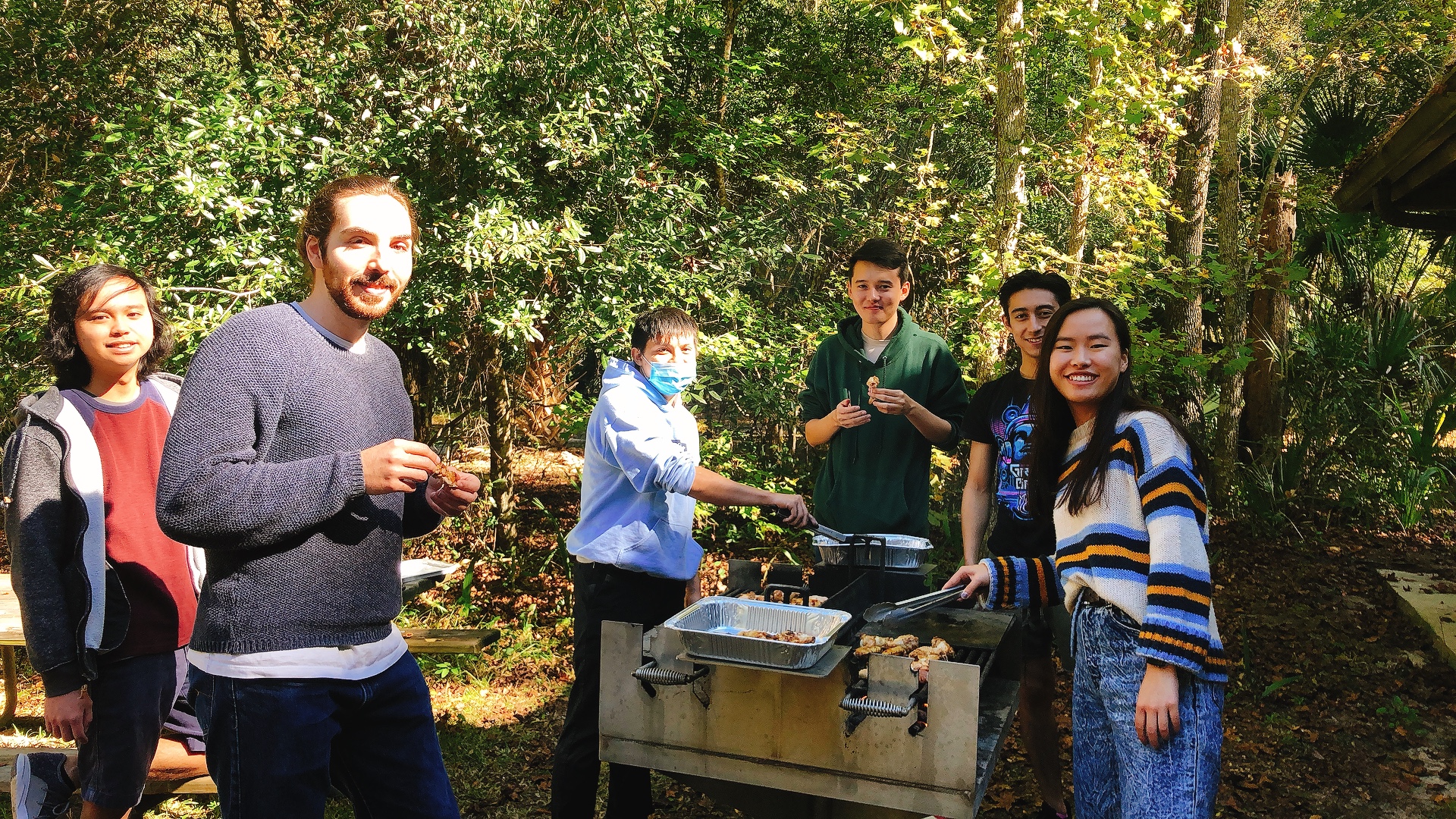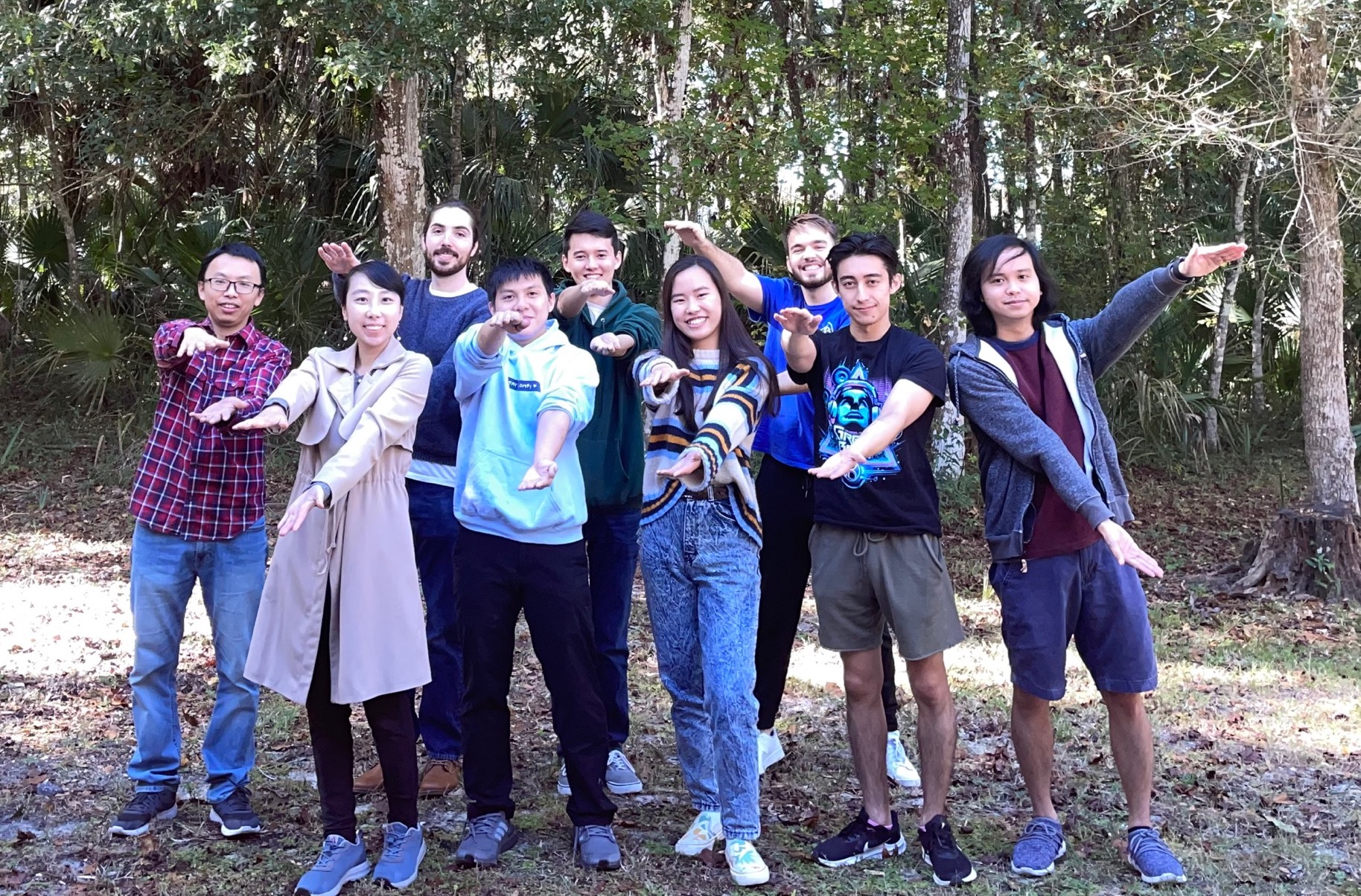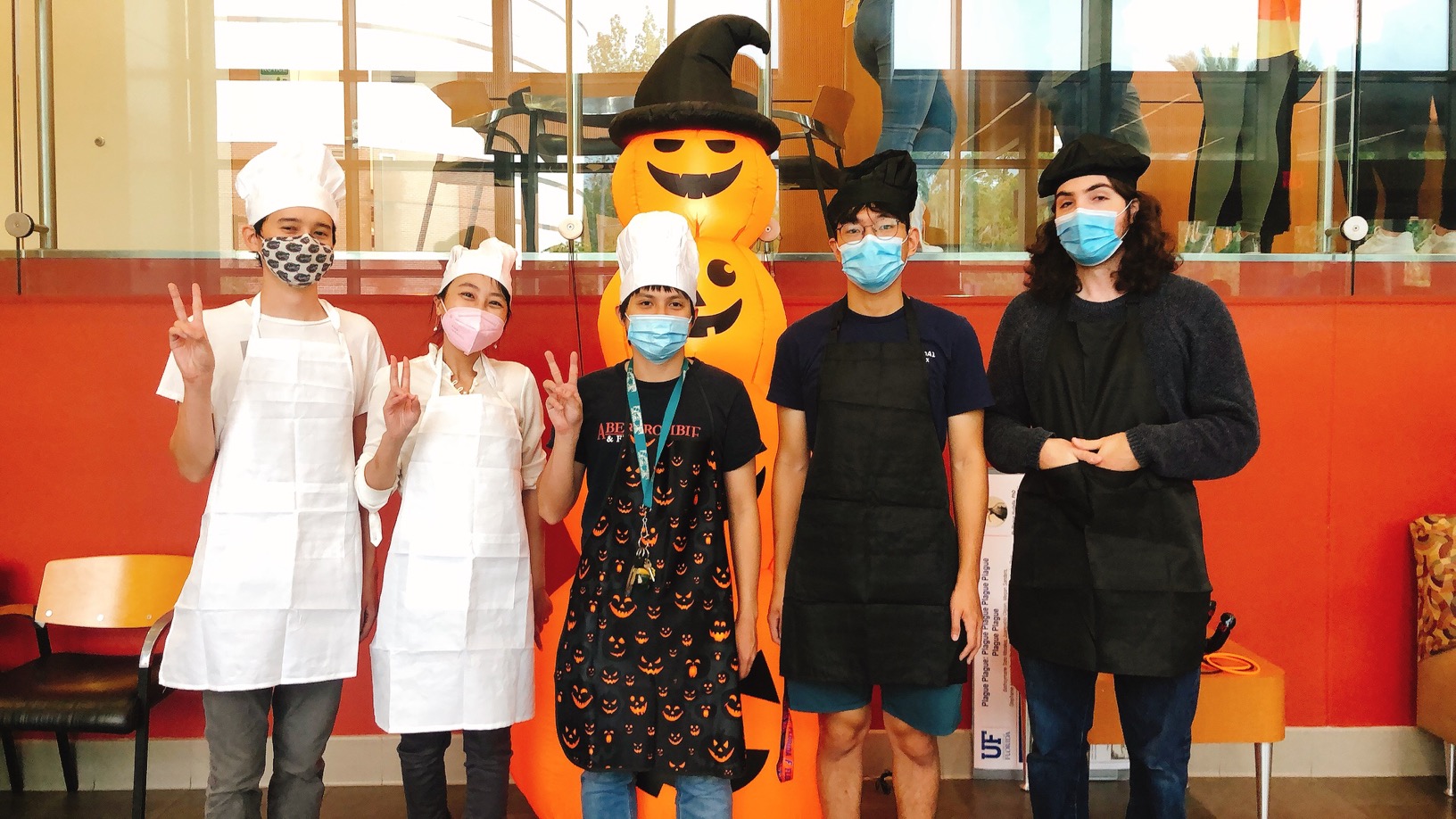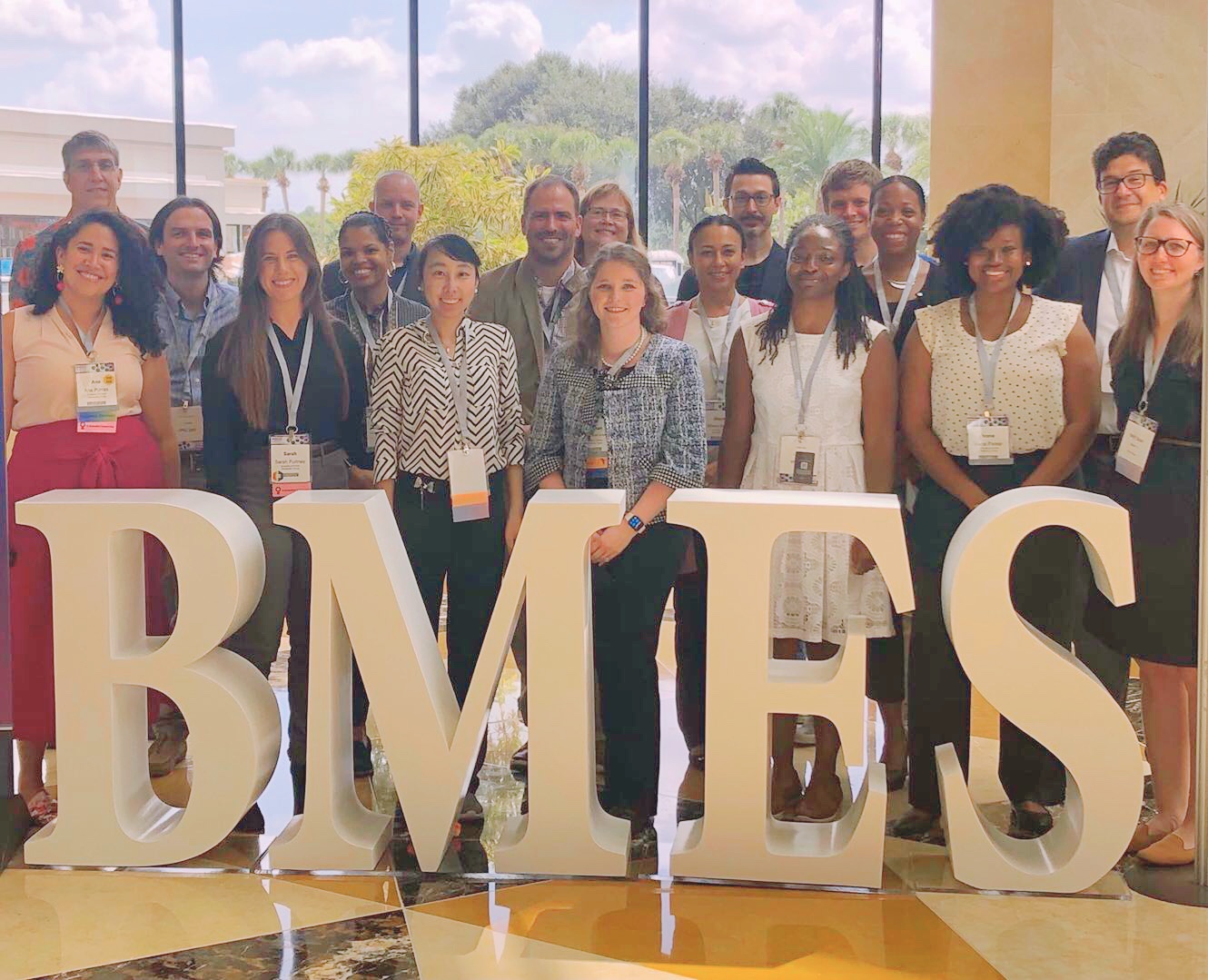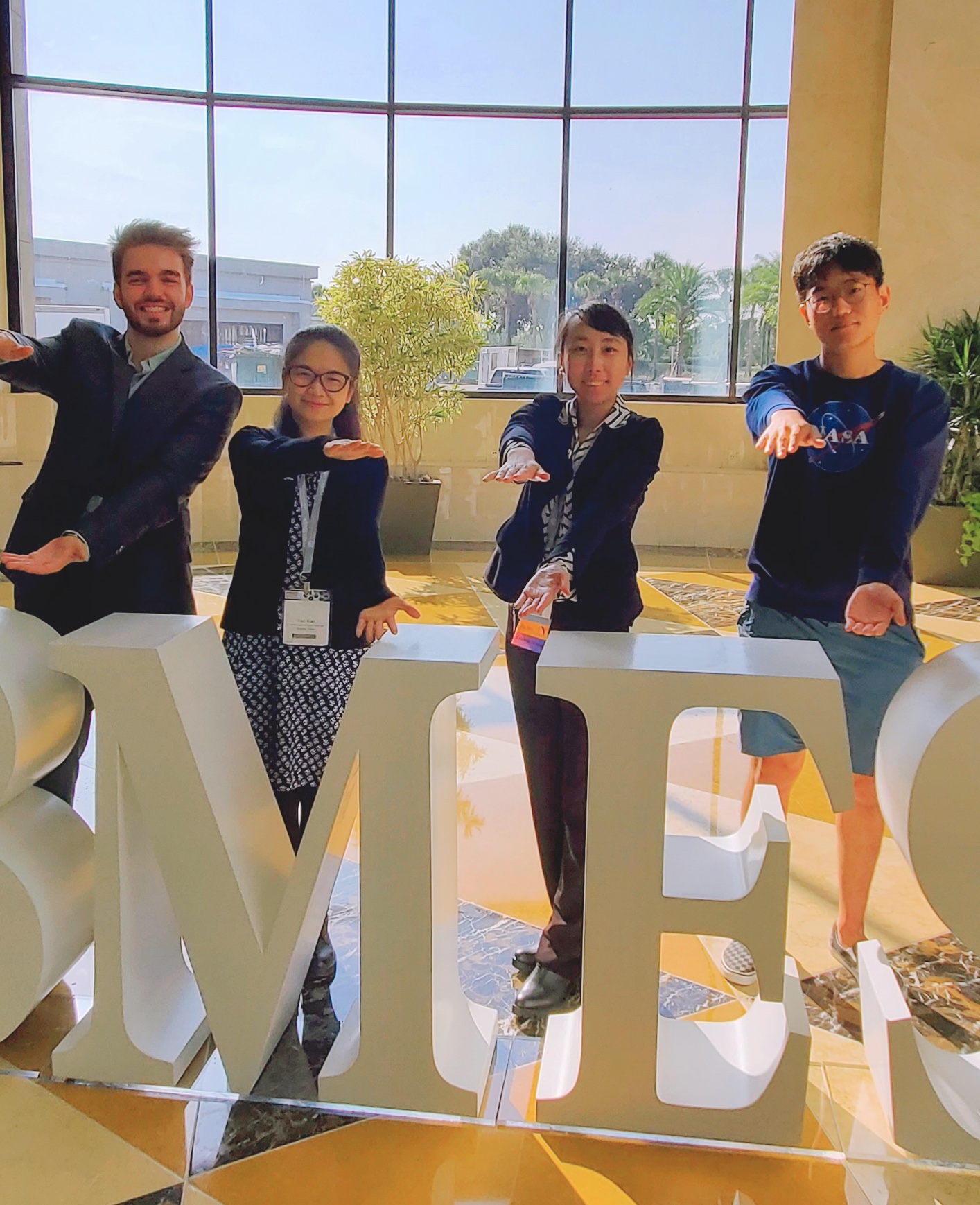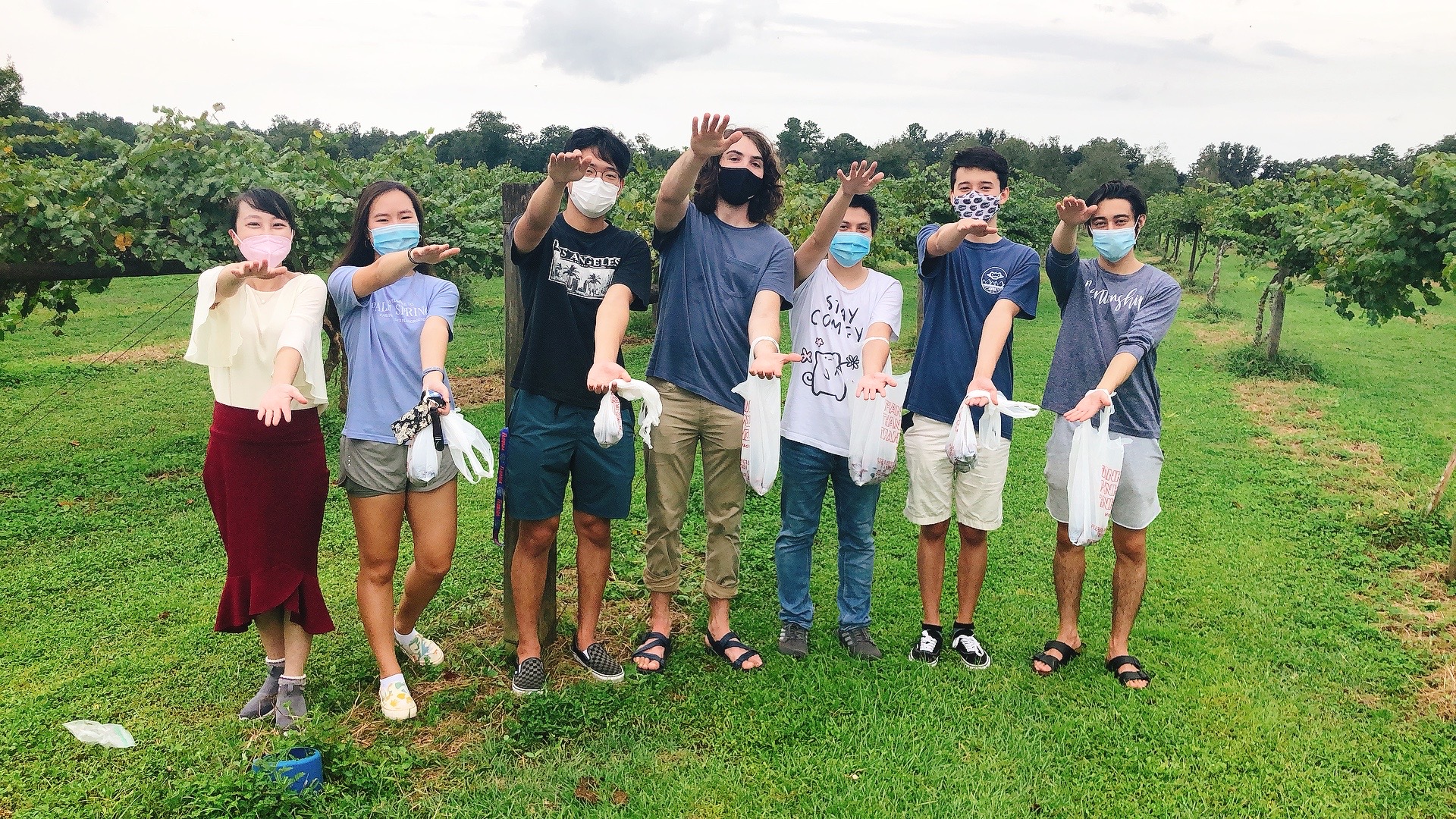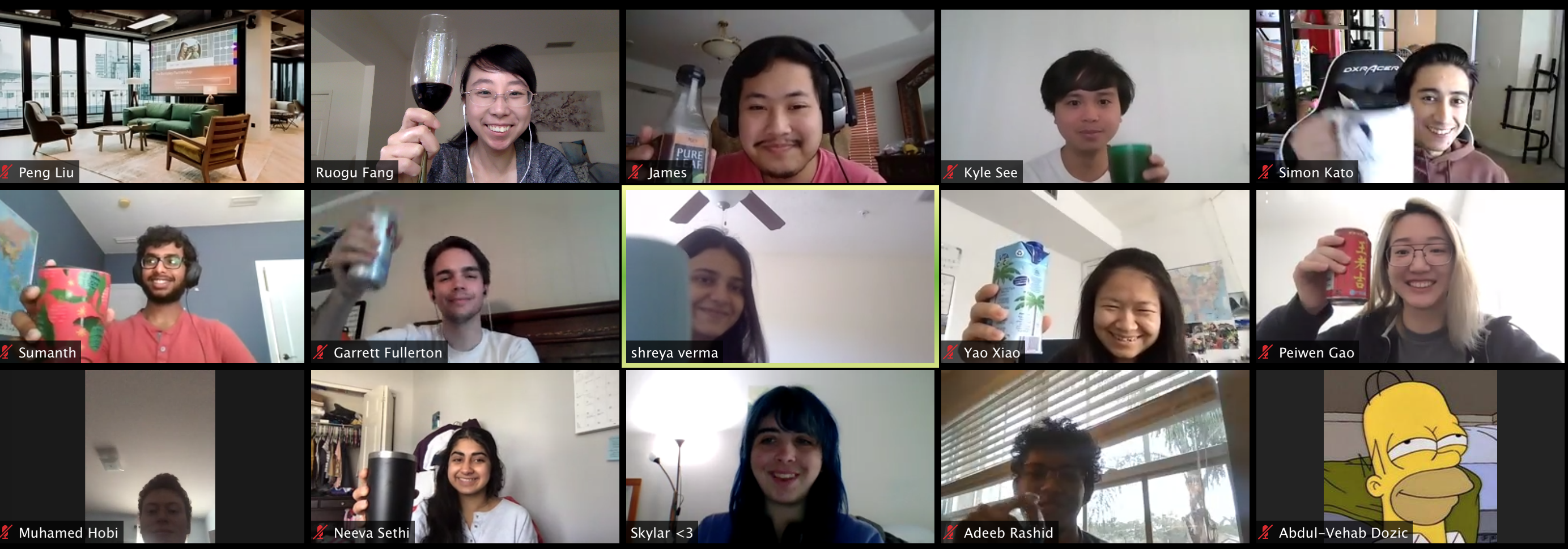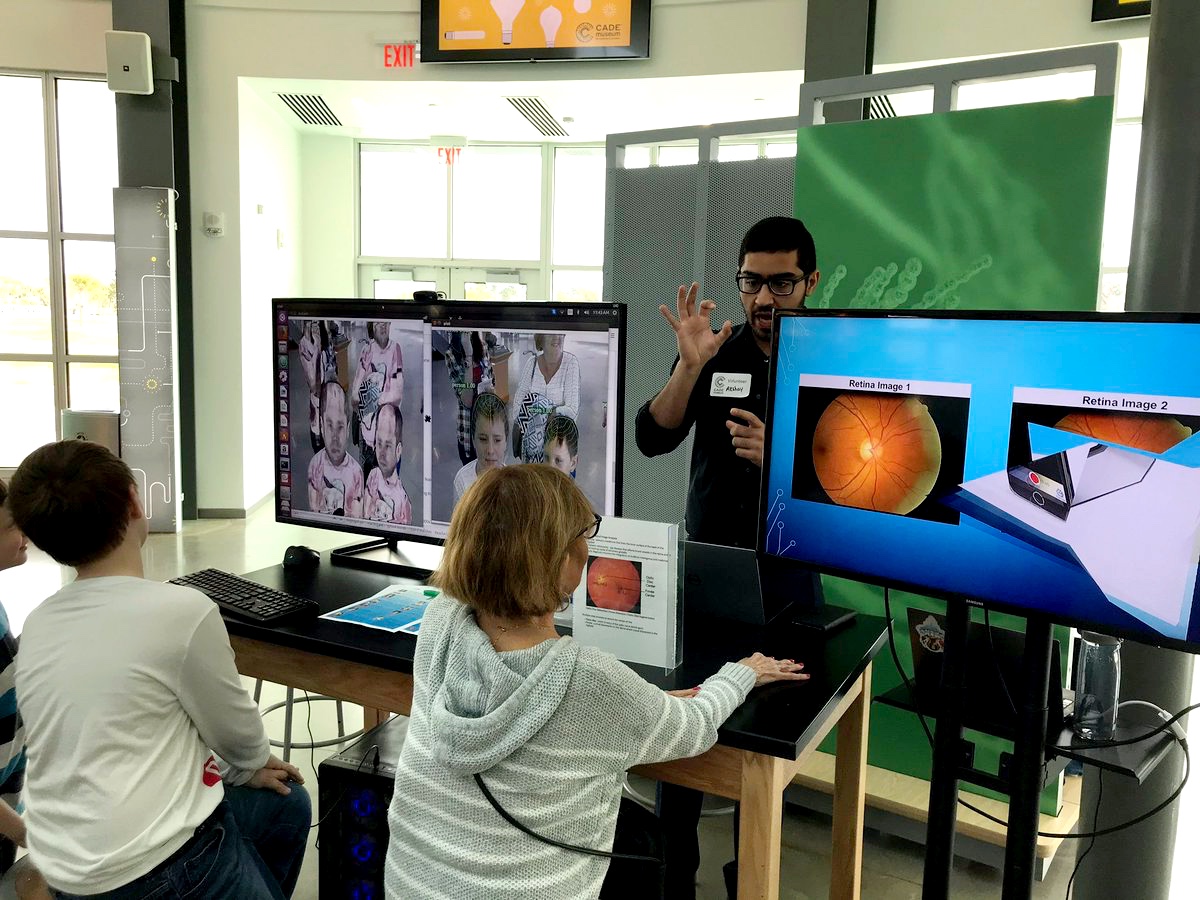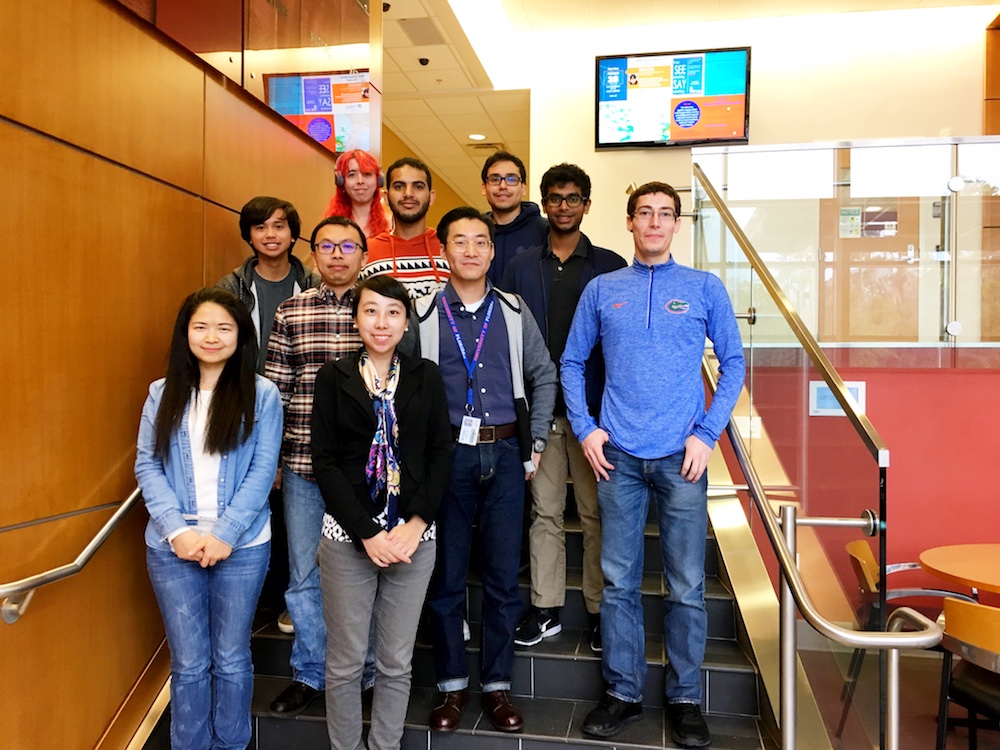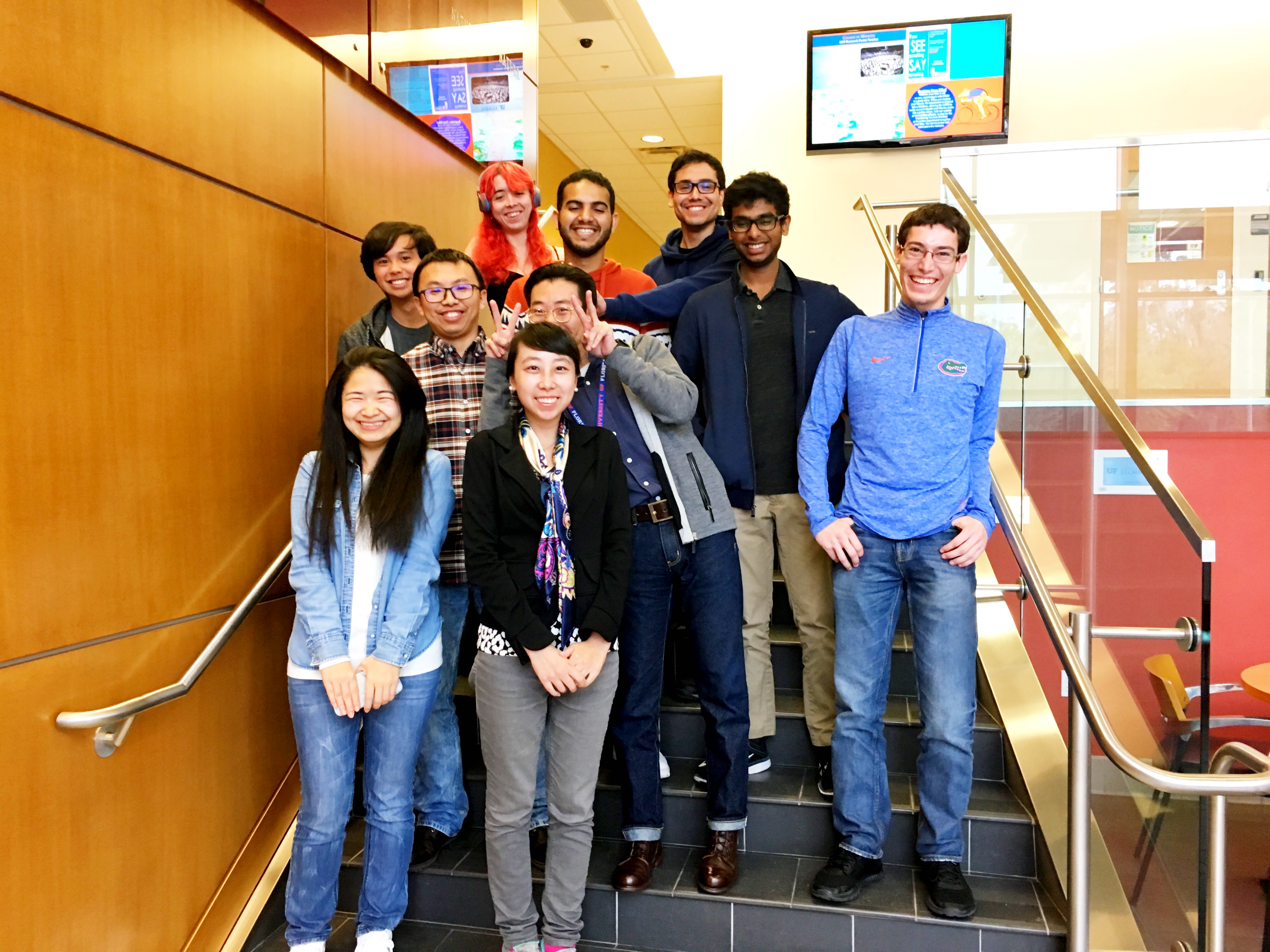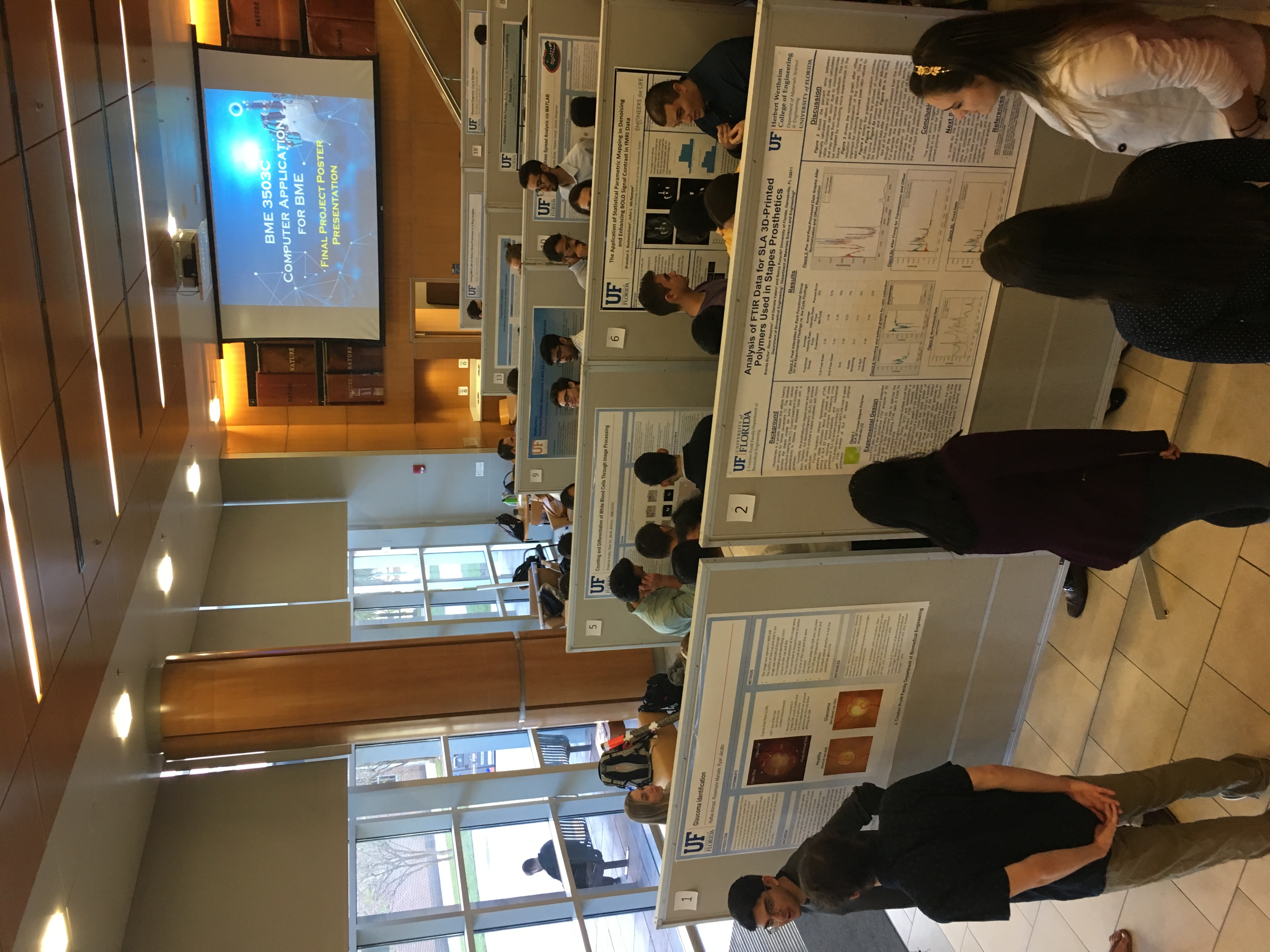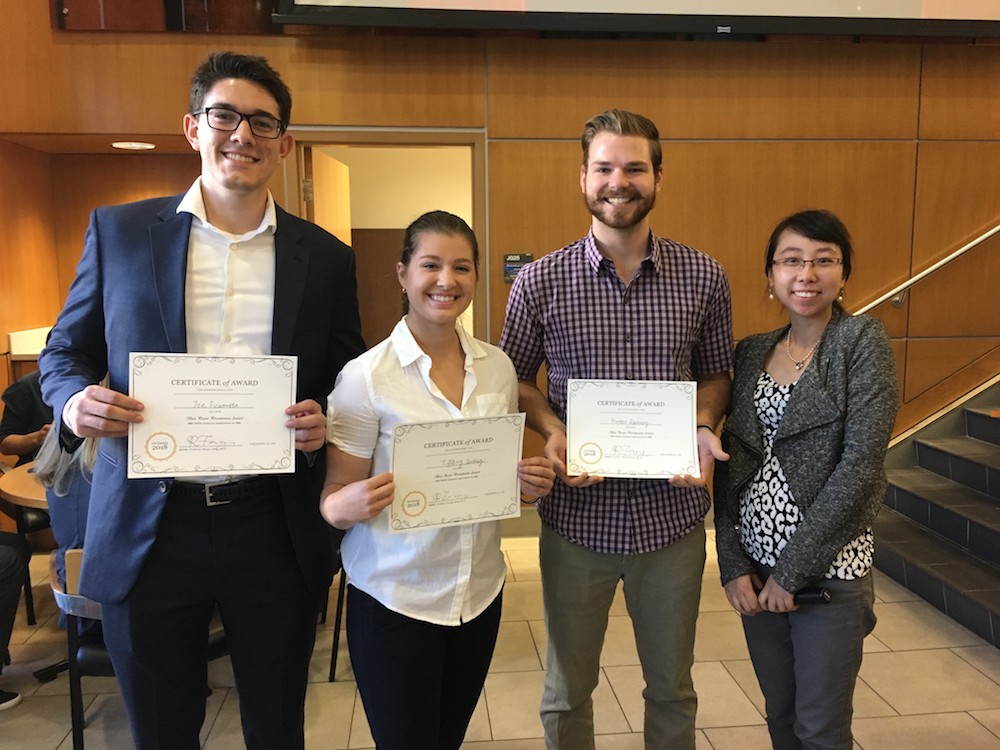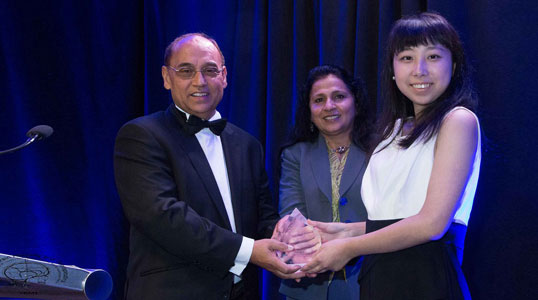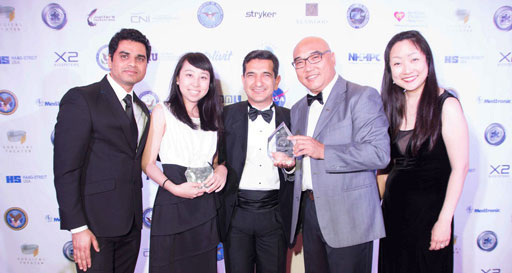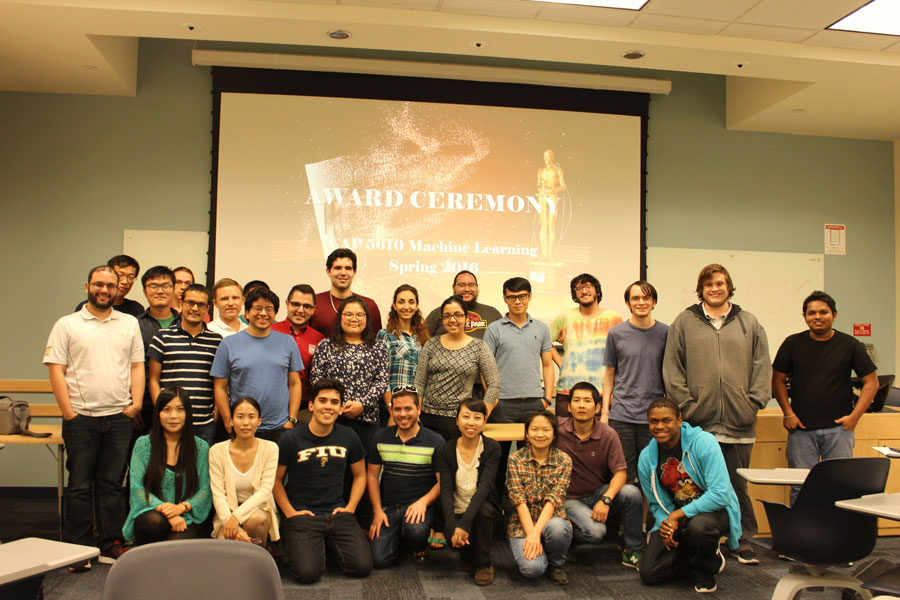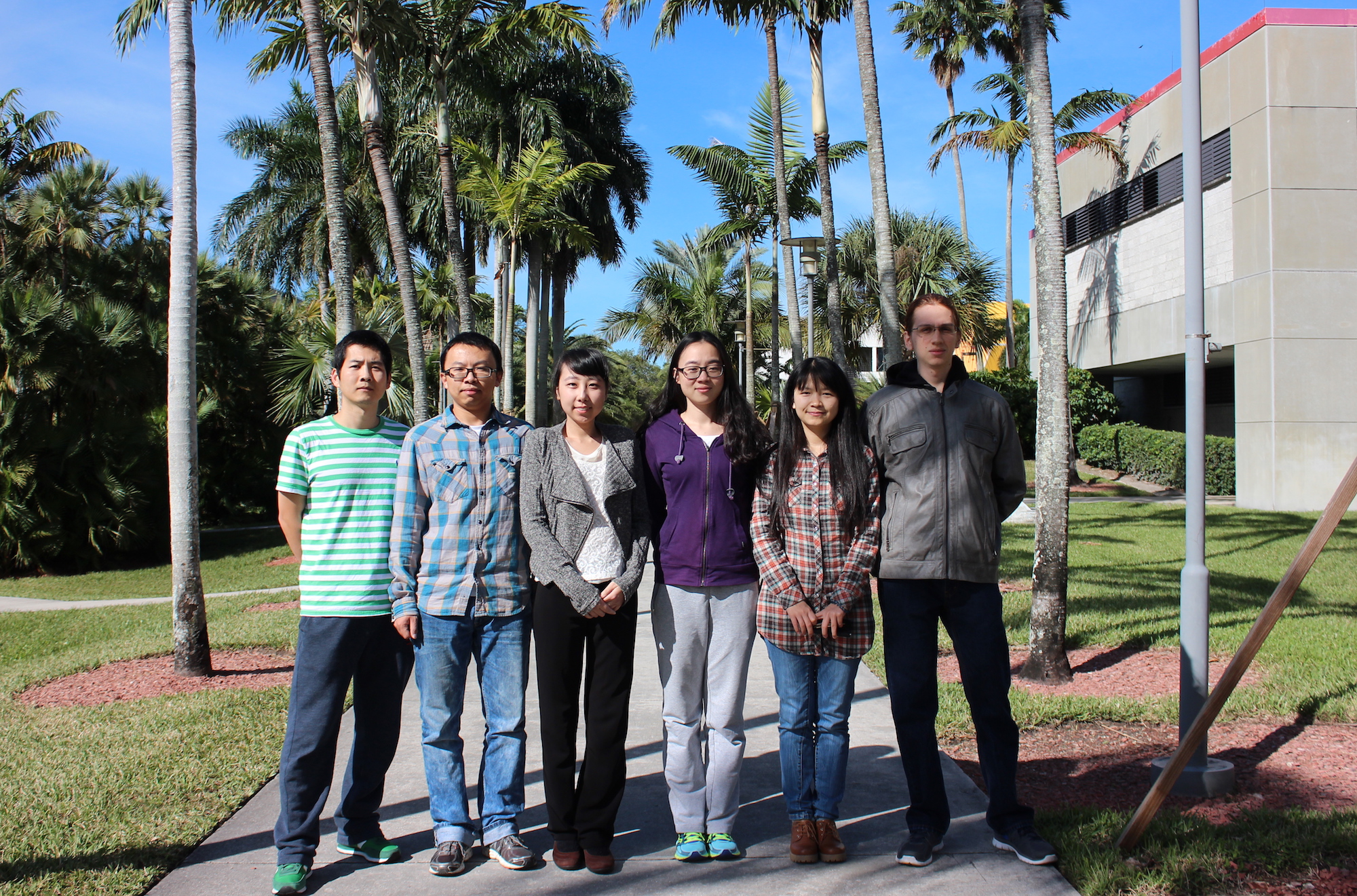- 12/8/2025: A collaborative paper entitled "The Role of Artificial Intelligence in Deep Brain Stimulation" published in Seminars in Neurology [Paper]
- 12/3/2025: Dr. Fang gave a talk on "Intelligence in Nature, Insight in Machines" at Center for Machine Learning, Harvard University.
- 11/20/2025: We will organize a workshop "Medical Video AI Assessment and Uncertainty Quantification: Bridging Research and Practice," at the IEEE International Symposium on Biomedical Imaging (ISBI) 2026 with Dr. Feng Yang, Dr. Yan Zhang, and Dr. Qian Cao from FDA, and Dr. Maria A. Zuluaga from Eurocom.
- 10/27/2025: Our paper entitled "Integrating Retinal Fundus Imaging and Computable Phenotypes for Subphenotype Discovery and LLM-Assisted Early and Late Onset Alzheimer's Diagnosis" is accepted by SPIE Medical Imaging 2026 [Paper]
- 10/24/2025: A collaborative paper entitled "Revealing Neurocognitive and Behavioral Patterns by Self-Supervised Manifold Learning from Dynamic Brain Data" is published in Nature Computational Science [Paper]
- 09/18/2025: Congratulations to SMILE
Lab student Chintan Acharya on the publication of his
first-author paper, "TRACE: Applying AI Language Models to
Extract Ancestry Information from Curated Biomedical Literature
[Paper]"
- 07/11/2025: Dr. Fang is invited to
give a talk at the Athinoula A. Martinos Center for Biomedical
Imaging, Massachusetts General Hospital (MGH) & HMS & MIT on
“New Vision into Brain Health through Multimodal Digital Twins
and Medical Foundation Models”.
- 07/03/2025: Our collaborative
proposal entitled "A Effects of Cannabis Constituents on the
Reinforcing Properties of Fentanyl in Rats: A Behavioral and
Neurobiological Approach" is funded by 2025 MMJ Clinical
Outcomes Research.
- 06/27/2025: Our paper entitled
"Population-Level Predictive Variation in Machine Learning
Diagnosis of Symptomatic Bacterial Vaginosis" is accepted by npj
Women Health!
- 06/25/2025: One Paper accepted by
ICCV 2025.
- 06/17/2025: One Paper accepted by
MICCAI 2025.
- 06/16/2025: Dr. Fang is ranked among
the Top 100 (top 0.4%) researchers worldwide in image analysis,
according to ScholarGPS.
- 06/06/2025: Dr. Fang gave an invited
talk at the Harvard Medical School (HMS) and Massachusetts
General Brigham (MGB).
- 06/01/2025: Dr. Fang is visiting
Harvard University, Harvard Medical School (HMS), and
Massachusetts Medical Brigham (MGB) as a Visiting Associate
Professor.
- 04/21/2025: Congratulations to SMILE
Lab Student Gavin Hart for winning second place for best poster
at the CAM Research Day.
- 04/16/2024: Dr. Fang started her
sabbaatical visit at the University of Tokyo and RIKEN as a
Visiting Associate Professor.
- 03/17/2025: Collaborative paper
entitled "Automated Imaging Differentiation for Parkinsonism"
published in JAMA Neurology [News]
[Paper]
- 02/26/2025: Congratulations to SMILE
Lab Ph.D. Student Skylar Stolte on winning the Association for
Academic Women’s (AAW) Emerging Scholar Award! [News]
-
02/21/2025: Dr. Fang gave a talk at Stanford University,
Stanford Science Fellow Program, titled "Strategic Career
Development for the Modern Scientists".
- 02/20/2025: Dr. Fang receives the
Herbert Wertheim College of Engineering Doctoral Dissertation Advisor/Mentoring Award
[News]
-
02/11/2025: Dr. Fang gave a talk at Stanford University,
Department of Radiology titled "A Tale of the Brain and AI:
Multimodal Digital Twins and 3D Vision Foundation Model"
-
02/07/2025: Dr. Fang gave a talk at Stanford University,
Stanford Science Fellow Program, titled "Peek into the Brain
through AI: Multimodal Digital Twins and 3D Vision Foundation
Models"
-
01/23/2025: Dr. Fang gave a talk at Stanford University,
Department of Radiation Oncology, titled "Unlocking Brain Health
through Multimodal Digital Twins and 3D Vision Foundation
Models"
- 01/23/2025: Dr. Fang gave a talk
at a virtual seminar at the UC Berkeley-UC San Francisco
Computational Precision Health (CPH) titled "Unlocking Brain
Health through Multimodal Digital Twins and 3D Vision Foundation
Models".
- 01/18/2025: Dr. Fang will serve as an
Associate Editor for the IEEE EMBS Conference Editorial Board
(CEB) for the 47th Annual International Conference of the IEEE
Engineering in Medicine and Biology Society (EMBC) , July 14-18,
2025, Copenhagen, Denmark.
- 01/16/2025: Dr. Fang will serve on
the Program Committee and as the Area Chair of MICCAI
2025.
- 01/12/2025: One paper accepted by
IEEE Review in Biomedical Engineering (RBME) entitled "A
Comprehensive Survey of Foundation Models in Medicine"! Kudos to
Wasif! [News]
- 01/07/2025: Congratulations to SMILE
Lab PhD candidate Chaoyue Sun on receiving the recognition of
International Student Achievement Awards Certificate of
Outstanding Merit from the International Center.
- 12/06/2024: Dr. Fang receives the UF
BME Departmental Faculty Teaching Excellence Award. [News]
- 12/06/2024: Congratulations to SMILE
Lab Ph.D Student Skylar Stolte on receiving the UF BME
Departmental Graduate Student Excellence Award! [News]
- 12/06/2024: Congratulations to SMILE
Lab Ph.D Joesph Cox on receiving the UF BME Departmental
Excellence in Supervised Teaching Award! [News]
- 11/11/2024: Congratulations to SMILE
Lab Ph.D. Student Skylar Stolte on being awarded the CAM
Dissertation Award in the amount of $2,500!
- 11/08/2024: Congratulations to SMILE
Lab PhD candidate Seowung Leem on receiving the recognition of
International Student Achievement Awards Certificate of
Outstanding Merit from the International Center. [News]
- 11/04/2024: 2 papers are accepted by
the 6th International Brain Stimulation Conference. Congrats to
Skylar Stolte and Junfu Cheng!
- 11/01/2024: Dr. Fang started her
sabbaatical visit at Stanford University as a Visiting Associate
Professor.
- 10/29/2024: Dr. Fang presents at the
UF AI Day 2024 on AI Winners Panel discussing AI across
curriculum.
- 10/25/2024: SMILE Lab students Daniel
Rodriguez, Junfu Cheng, and Skylar Stolte presented their poster
on "Baseline Clinical Characteristics and Machine Learning
Predict DCS Treatment Outcomes for Anxiety" at BMES 2024.
- 10/24/2024: SMILE Lab students Jason
Chen, Veronica Ramos, and Skylar Stolte presented their poster
on "Comparison of GRACE and SynthSeg Deep Learning Models for
Whole-Head Brain Segmentation" at BMES 2024.
- 10/01/2024: Dr. Fang received the
Stanford Science Visiting Professorship (SSVP) from the School
of Humanities and Sciences of Stanford University.
- 01/15/2024: Dr. Fang and Skylar
Stolte's contributed publication, with collaborators, entitled
"Artificial Intelligence-Optimized Non-Invasive Brain
Stimulation and Treatment Response Prediction for Major
Depression" has been published in Bioelectronic Medicine.
- 09/24/2024: Congrats to SMILE Lab
Ph.D. student Seowung Leem on winning the Best Poster Award at
Graduate Pruitt Research and Alumni Engagement Day!
- 09/06/2024: Dr. Fang's Insights
Featured in National Academy of Science, Engineering, and
Medicine Publication on AI and Neuroscience! [Link]
- 09/06/2024: Congratulations to SMILE
Lab Ph.D. Student Skylar Stolte for Winning the $1,000 CAM
(Center for Cognitive Aging and Memory) Student Travel Award!
- 08/26/2024: Congratulations to SMILE
Lab Ph.D. Alumna Yao Xiao on starting a new position as an
Assistant Professor at the Mayo Clinic.
- 08/08/2024: Congrats to SMILE Lab
Ph.D. student Joseph Cox on the acceptance of his first-author
paper, "BrainSegFounder: Towards 3D Foundation Models for
Neuroimage Segmentation," Link to the Medical Image Analysis
Journal! [Link]
- 07/26/2024: Congrats to SMILE Lab
Ph.D. student Skylar Stolte on receiving the prestigious NIH F31
Ruth L. Kirschstein Predoctoral Individual National Research
Service Award!
- 06/17/2024: Dr. Fang has been
selected to participate in the 2024-2025 class of the University
of Florida Leadership Academy.
- 06/08/2024: Congratulations to SMILE
Lab Alumna Gianna Sweeting getting accepted in Meharry Medical
College's MD program!
- 05/14/2024: Dr. Fang gave an invited
talk at the University of Tokyo and RIKEN, Japan on
neuroscience-inspired AI and AI for brain health, hosted by Dr.
Tatsuya Harada and Dr. Lin Gu.
- 04/29/2024: Kudos to SMILE Lab PhD
candidate Seowung Leem on his paper being accepted by IEEE EMBC
as an oral presentation!
- 04/18/2024: Congratulations to SMILE
Lab PhD student Seowung Leem on receiving the IEEE EMBC NextGen
Scholar Award from IEEE Engineering in Medicine and Biology
Society (EMBS), 2024!
- 09/01/2024: Congratulations to SMILE
Lab Ph.D. Alumna Yao Xiao on starting a new position as an
Assistant Professor at the Mayo Clinic.
- 04/08/2024: Congratulations to Skylar
Stolte on being selected as 2023-2024 Attributes of a Gator
Engineer Award Winners in Creativity!
- 04/03/2024: Congratulations to SMILE
Lab PhD student Joseph Cox on being selected as NIAAA T32
Fellow! [News]
- 04/03/2024: Dr. Fang has been awarded
Inaugural "AI Course Award". This award was created by the AI2
Center, the Center for Teaching Excellence (CTE), and the Center
for Instructional Technology & Training (CITT) to honor UF
instructors who have developed high-quality AI courses. She will
be recognized at the Interface Conference on April 17, 2024. [News]
- 04/02/2024: New paper entitled
"DeepDynaForecast: Phylogenetic-informed graph deep learning for
epidemic transmission dynamic prediction" has been accepted by
Plos Computational Biology! Congrats to Chaoyue! [Paper]
- 03/27/2024: Congratulations to SMILE
Lab PhD student Skylar Stolte on winning the Cluff Aging
Research Award!
- 03/26/2024: New paper entitled
"Neuron-Level Explainable AI for Alzheimer’s Disease Assessment
from Fundus Images" is accepted by Nature Scientific Reports!
[Link]
- 03/21/2024: Congratulations to SMILE
Lab undergraduates Amy Lazarte and Jason Chen on being selected
as AI Scholars at the University Scholar Program (USP)!
- 03/04/2024: Dr. Fang is invited to
give a talk at the National Academy of Science (NAS)'s workshop
titled Exploring the Bidirectional Relationship between
Artificial Intelligence and Neuroscience, March 25-26, 2024 in
Washington DC. [News]
- 02/28/2024: Dr. Fang is named to the
Class of 2024 Senior Members by National Academy of Inventors
(NAI)! [News]
- 02/27/2024: Congrats to SMILE Lab PhD
student Chaoyue Sun on winning the Best Paper Award at HEALTHINF 2024
Conference!
- 02/24/2024: SMILE Lab has a third
paper accepted in 2024 in just two months entitled "Emergence of
Emotion Selectivity in Deep Neural Networks Trained to Recognize
Visual Objects" by PLOS Computational Biology! Kudo to SMILE Lab
postdoc associate Dr. Peng Liu! [Link]
- 02/10/2024: SMILE Lab has a new paper
entitled "Deep Learning Predicts Prevalent and Incident
Parkinson’s Disease From UK Biobank Fundus Imaging" accepted by
Nature Scientific Reports!
- 01/08/2024: Congrats to Skylar Stolte
on her first author journal paper entitled "Precise and Rapid
Whole-Head Segmentation from Magnetic Resonance Images of Older
Adults using Deep Learning" being accepted by Imaging
Neuroscience!
- 12/20/2023: A new paper is accepted
by Journal of Visual Communication and Image Representation!
- 12/01/2023: Welcome Diandra Ojo to
join SMILE Lab as a Postdoc Associate!
- 11/17/2023: A new published in Nature
Portfolio Journal npj Digital Medicine on bias and diaparity of
AI in diagosing women's health issue. [Paper] [News]
- 10/24/2023: Dr. Fang gave an invited
talk at the 3rd Annual AI Symposium at UF Health Cancer Center:
Insights in Cancer Imaging on "AI for Medical Image Analysis
101". [Link]
- 10/12/2023: Dr. Fang co-host with Dr.
Parisa Rashidi a Special Session on "AI in Biomedical
Engineering" at BMES 2023. Department chairs from University of
Washington, Cornell, University of Florida, Boston University,
Clemson University were invited to share thoughts on this panel
discussion.
- 10/11/2023: Congratulations to SMILE
Lab PhD Candidate Skylar Stolte on placing 2nd in the Women in
MICCAI (WiM) Inspirational Leadership Legacy (WILL) Initiative
competition! [Link]
- 10/09/2023: Dr. Fang is selected as
Rising Stars (Engineering) to be recognized at the Academy of
Science, Engineering, and Medicine of Florida (ASEMFL) Annual
Meeting of November 3 & 4, 2023. [News][College News]
- 10/09/2023: Dr. Fang becomes a MICCAI
2023 Mentor!
- 10/08/2023: Dr. Fang presented at the
Pre-MICCAI conference as Keynote Speaker in the University of
British Columbia (UBC), Vancouver, Canada.
- 09/01/2023: Welcome Peng Liu to join
SMILE Lab as a Postdoc Associate!
- 09/01/2023: Congratulations to our
SMILE Lab Ph.D. student Daniel Rodriguez being selected to
receive NIH T1D&BME T32 Fellowship! [News]
- 08/18/2023: A new collaborative grant
(DRPD-ROF2023) entitled "Learning optimal treatment strategies
for hypotension in critical care patients with acute kidney
injury using artificial intelligence" has been funded by the
University of Florida!
- 08/09/2023: Dr. Fang receives a new
NSF award on brain-inspired AI entitled "NCS-FO: Brain-Informed
Goal-Oriented and Bidirectional Deep Emotion Inference" as the
PI, with Co-PI Dr. git gzhou and Andreas Keil. [News] [NSF Link]
- 08/07/2023: Dr. Fang gave a talk at
the MRI Research Institute (MRIRI), Weill Cornell Medical
College, Cornell University on "Generative, Trustworthy, and
Precision AI in Radiology".
- 08/01/2023: Dr. Fang will serve as
the President of Women in MICCAI, International Society of
Medical Image Computing and Computer Assisted Intervention
(MICCAI). [News]
- 07/31/2023: Two papers from SMILE Lab
PhD students Joseph Cox and Seowung Leem will be presented at BMES 2023 in Seattle, WA!
- 06/26/2023: One paper entitled
"DOMINO++: Domain-aware Loss Regularization for Deep Learning
Generalizability" is accepted by MICCAI 2023 in Vancouver,
Canada. Kudos to Skylar!
- 05/23/2023: New paper entitled
"Machine-Learning Defined Precision tDCS for Improving Cognitive
Function" is accepted by Brain Stimulation!
- 05/17/2023: Editorial on "Frontiers
of Women in Brain Imaging and Brain Stimulation" authored by Dr.
Fang is published in the Frontiers of Human Neuroscience.
- 05/16/2023: Dr. Fang gave an invited
talk at the Nvidia Artificial Intelligence Technology
Center (NVAITC) on "Trustworthy AI and Large Vision
Models for Neuroimages".
- 04/25/2023: Dr. Fang will serve as a
mentor for Dr. Joseph Gullett who is awarded an NIH/NIA K23 on
"Using Artificial Intelligence to Predict Cognitive Training
Response in Amnestic Mild Cognitive Impairment".
- 04/25/2023: A new collaborative R01
award entitled "Cognitively engaging walking exercise and
neuromodulation to enhance brain function in older adults" is
funded by NIH/NIA!
- 04/19/2023: SMILE Lab PhD student
Joseph Cox taught the AI Bootcamp of AI4Health
Conference in Orlando.
- 04/10/2023: Congratulations to SMILE
Lab PhD Student Hong Huang on his work "Distributed Pruning
Towards Tiny Neural Networks in Federated Learning" getting
accepted by the 43rd IEEE International Conference on
Distributed Computing Systems (ICDCS 2023) (rate=18.9%)!
- 04/08/2023: Congrats to SMILE Lab
alumna and Dream Engineering Team vice president Neeva Sethi on
being one of the five inductees to the UF CLAS Hall of Fame!
- 04/07/2023: Congrats to SMILE Lab PhD
student Tianqi Liu on passing his PhD Proposal Defense!
- 04/06/2023: Dr. Fang appears in the
National Geographic story, "Your eyes may be a window into early
Alzheimer's detection"! [News]
- 04/06/2023: SMILE Lab received an
Oracle for Research Cloud Starter Award!
- 04/05/2023: SMILE Lab undergraduate
researchers Grace Cheng and Akshay Ashok have been selected to
receive UF AI Scholarship on its first offering! Congrats to
Grace and Akshay! [News]
- 03/31/2023: SMILE Lab is featured on
the Forward & Up video by the College of Engineering. [Video]
- 03/31/2023: Congratulations to SMILE
Lab Alumnus Garrett Fullerton on receiving the prestigious
National Science Foundation Graduate Research Fellowship Program
(NSF-GRFP) grant!
- 03/23/2023: Congratulations to SMILE
Lab Alumna Neeva Sethi on receiving the prestigious Presidential
Service Award at the University of Florida! [News]
- 03/06/2023: Dr. Fang gave a talk at
the Intelligence Critical Care Center (IC3) on "Artificial
Intelligence for Cognitive Aging: Novel Diagnosis and
Personalized Intervention".
- 02/14/2023: Dr. Fang and SMILE Lab's
research using HiperGator supercomputer for healthcare and
humanity is featured by ABC Action News in the story
"Supercomputer at the University of Florida is harnessing the
awesome power of AI". [News]
- 02/11/2023: Our journal paper
entitled "DOMINO: Domain-aware loss for deep learning
calibration" has been accepted by Software Impact. Kudos to
Skylar! Code and pretrained models are available on GitHub and CodeOcean [Paper]
- 01/10/2023: Dr. Fang and SMILE Lab
Ph.D. student Skylar Stolte are featured by the Medical Imaging
section of Computer Vision News on medical AI research. [Link]
- 12/09/2022: Dr. Fang recieves Pruitt
Family Endowed Faculty Fellow for 2023-2026! [News]
- 12/02/2022: Dr. Fang delivered a
keynote speech entitled "A Tale of Two Frontiers - When Brain
Meets AI" at the Neural Information Processing System
(NeurIPS) 2022 workshop on "Medical Imaging Meets
NeurIPS" in New Orleans, Louisiana.
- 11/11/2022: Dr. Fang gave an invited
talk at College of Medicine, Stanford University on "Artificial
Intelligence in Cognitive Aging and Brain-Inspired AI".
- 11/01/2022: SMILE Lab PhD Candidate
Skylar Stolte presented her work, DOMINO: Domain-aware
Calibration in Medical Image Segmentation, at the [Fall 2022 HiPerGator Symposium] [News].
- 10/25/2022: New collaborative paper
entitled "Association of Longitudinal Cognitive Decline with
Diffusion MRI in Gray Matter, Amyloid, and Tau Deposition" is
accepted by Neurobiology of Aging!
- 09/20/2022: Kudos to SMILE Lab PhD
student Skylar Stolte for her Women in MICCAI's Best Paper
Presentation Award Runner up! [News]
- 08/24/2022: Congrats to SMILE Lab PhD
Candidate Skylar Stolte on passing her dissertation
qualification!
- 08/20/2022: Welcome two new Masters
students Everett Schwieg and Fan Yang to join SMILE Lab!
- 01/06/2023: Welcome two new Ph.D.
students Chaoyue Sun and Hong Huang to join SMILE Lab!
- 08/10/2022: Congrats to SMILE Lab PhD
student Skylar Stolte on her paper selected to be oral
presentation (Oral rate=2.3%) at MICCAI 2022!
- 08/09/2022: Kudos to SMILE Lab PhD
student Seowung Leem's paper being accepted by the Annual
Meeting of Society for Neuroscience (SfN) 2022!
- 06/28/2022: Dr. Fang is awarded
Tenure and Promotion to Associate Professor! [News]
- 06/20/2022: Congratulations to SMILE
Lab PhD student Skylar Stolte on receiving MICCAI Student Travel
Award!
- 06/07/2022: Dr. Fang gave an invited
talk at the Gordan
Research Conference (GRC) Image Science, Emerging Imaging
Techniques at the Intersection of Physics and Data
Science on the topic "From Zero to One:
Physiology-Informed Deep Learning for Contrast-Free CT Perfusion
in Stroke Care" in Newry, ME, United States.
- 06/01/2022: Dr. Fang gave an invited
talk at the Gordan
Research Conference (GRC) System Aging, Systemic Processes,
Omics Approaches and Biomarkers in Aging on the topic
"Artificial Intelligence and Machine Learning for Cognitive
Aging: Novel Diagnosis and Precision Intervention" in Newry, ME,
United States.
- 05/25/2022: New paper published in
Frontiers in Radiology entitled "PIMA-CT: Physical Model-Aware
Cyclic Simulation and Denoising for Ultra-Low-Dose CT
Restoration". Congrats to recent SMILE Lab PhD graduate Peng Liu
and undergraduate graduate Garrett Fullerton! [Link]
- 05/23/2022: Welcome new Masters
student Ayesha Naikodi to join SMILE Lab!
- 05/12/2022: Welcome new Ph.D. student
Joseph Cox to join SMILE Lab!
- 05/05/2022: Our paper entitiled
"DOMINO: Domain-aware Model Calibration in Medical Image
Segmentation" is early accepted by MICCAI in
Singapore Sep. 18-22, 2022 (early acceptance rate=13%)! Congrats
to Skylar Stolte!
- 05/03/2022: Dr. Fang was interview by
ABC WCJB TV Tech Tuesday on her research using artificial
intelligence (AI) to detect Alzheimer's Disesase. [Interview]
- 04/14/2022: Congratulations to SMILE
Lab member Garrett Fullerton on winning the Outstanding Research
Award at the BME Undergraduate Research Day! [News]
- 03/20/2022: Welcome new Ph.D. student
Ziqian Huang to join SMILE Lab!
- 03/11/2022: A new collaborative
$10.7M P01 entitled "Multi-Scale Evaluation and Mitigation of
Toxicities Following Internal Radionuclide Contamination" (PI:
Gayle E. Woloschak) is funded by NIH NIAID!
- 03/04/2022: Dr. Fang is selected to
receive the Herbert Wertheim College of Engineering 2022 Faculty
Award for Excellence in Innovation! [News]
- 03/01/2022: Dr. Fang is appointed as
the Associate Director in the UF Intelligent Critical Care Center (IC3).
- 02/16/2022: Dr. Fang will serve as
Topic Editor on "Women In Brain Imaging and Stimulation"
with Frontiers in Human Neuroscience Journal.
Welcome to submit to this exciting topic!
- 02/12/2022: Dr. Fang will serve as
Area Chair of the 25th International Conference of Medical Image
Computing and Computer Assisted Intervention (MICCAI)
2022 in Singapore. Call for papers for this top
conference in MIA!
- 02/02/2022: Dr. Fang and
collaborators joined forces with Nvidia scientists and
OpenACCorg to accelerate brain science at the Georgia Tech GPU
Hackathon. The StimulatedBrain AI@UF team drastically improved
their processing time for evaluating datapoints collected from
an individual brain. [News] [Twitter]
- 01/18/2022: Dr. Fang delivers an
invited talk entitled "Modular machine learning for Alzheimer's
disease classification from retinal vasculature" at University
of Oxford "Artificial Intelligence for Mental Health" seminar
series.
- 01/09/2022: Welcome new Ph.D. student
Tianqi Liu to join SMILE Lab!
- 01/07/2022: Dr. Fang is interviewed
by Ivanhoe on her collaborative work on Aritifial Intelligence
to prevent dementia. [News]
- 01/04/2022: Dr. Fang gives an invited
talk entitled "Artificial Intelligence for Cognitive Aging -
Novel Diagnosis and Precision Intervention" at the University of
Florida Institute of Aging.
- 12/15/2021: Congrats to SMILE Lab PhD
Dr. Peng Liu graduated!
- 12/14/2021: Dr. Fang receives the BME
Departmental Faculty Research Excellence Award! [News]
- 12/07/2021: A new paper on Artificial
Intelligence to predict dementia entitled "Baseline neuroimaging
predicts decline to dementia from amnestic mild cognitive
impairment" is published in Frontiers in Aging Neuroscience! [Paper]
[News]
- 11/30/2021: Kudos to SMILE PhD Peng
Liu on winning the UNIQUE-IVADO Award for Best Abstract
(Undergraduate and Graduate Level) at Montreal AI&
Neuroscience (MAIN) Conference! [Video] [News]
- 11/03/2021: Our lab's new AI paper
entitled "Unraveling Somatotopic Organization in the Human Brain
using Machine Learning and Adaptive Supervoxel-based
Parcellations" is accepted by NeuroImage today! Kudos to Kyle
See as a leading first author! [Link]
- 10/29/2021: Our lab's new paper on AI
in domain adaptation entitled "CADA: Multi-scale Collaborative
Adversarial Domain Adaptation for Unsupervised Optic Disc and
Cup Segmentation" is published in NeuroComputing today! Kudos to
Peng and Charlie! [Link]
- 10/28/2021: Congratulations to SMILE
Lab member Peng Liu on successfully defending his Ph.D.
dissertation entitled "Biology and Neuroscience-Inspired Deep
Learning"! Congrats, Dr. Liu!
- 10/28/2021: New collaborative paper
on "Machine Learning for Physics-Informed Generation of
Dispersed Multiphase Flow Using Generative Adversarial Networks"
published in Theoretical and Computational Fluid Dynamics! [Link]
- 10/22/2021: New publication on AI in
computational fluid dynamics entitled "Rotational and
Reflectional Equivariant Convolutional Neural Network for
data-limited applications: Multiphase Flow demonstration" in the
Journal of Physics of Fluids is now online! [Link]
- 10/09/2021: Dr. Fang will serve as
session chair for Optical Imaging Session of the Annual Meeting of Biomedical Engineering
Society (BMES) on Oct. 6-9, 2021 at Orlando, FL.
- 09/30/2021: A new collaborative grant
entitled "Creation of an intelligent alert to improve efficacy &
patient safety in real time during fluoroscopic guided lumbar
transforaminal epidural steroid injection" is funded by the I.
Heermann Anesthesia Foundation.
- 09/30/2021: Dr. Fang has received an
Oracle Research Project Award on "Explainable artificial
intelligence for Alzheimer’s Disease Assessment from Retinal
Imaging".
- 09/29/2021: Dr. Fang serves as the
session chair of Image Reconstruction Session at MICCAI
2021.
- 09/21/2021: A new 5-year U24 grant
($2.5M) entitled "Southern HIV and Alcohol Research Consortium
Biomedical Data Repository" is funded by NIH NIAAA!
- 09/10/2021: A new 5-year P01 grant
($6.6M) entitled "Interventions to improve alcohol-related
comorbidities along the gut-brain axis in persons with HIV
infection" is funded by NIH NIAAA! [News]
- 09/09/2021: A new 4-year SCH grant
($1.2M) entitled "Collaborative Research: SCH: Trustworthy and
Explainable AI for Neurodegenerative Diseases" is funded by
National Science Foundation! Dr. Fang is Co-PI on this
Trustworthy and Explanable Artificial Intelligence (AI) award.
[NSF] [News]
- 09/09/2021: A new 5-year P01 grant
($1.5M to UF) entitled "SHARE Program: Innovations in
Translational Behavioral Science to Improve Self-management of
HIV and Alcohol Reaching Emerging adults" is funded by NIH
NIAAA!
- 08/27/2021: Welcome two new Ph.D.
students Charlie Tran and Seowung Leem to join SMILE Lab!
- 08/26/2021: Three abstracts are
accepted by Society of Neuroscience (SfN) Annual
Meeting to be held November 8-11 virtual and November
13-16, 2021 in Chicago:
- Emergence of emotion selectivity in deep neural networks
trained to recognize visual objects
- A deep neural network model for emotion perception
- Machine learning defined precision tES for improving
cognitive function in older adults
Congrats to Peng and Alejandro!
- 08/24/2021: A new paper entitled
"Machine Learning for Physics-Informed Generation of Dispersed
Multiphase Flow Using Generative Adversarial Networks" is
accepted by Theoretical and Computational Fluid Dynamics!
- 08/23/2021: Welcome two new Ph.D.
students Charlie Tran and Seowung Leem to join SMILE Lab!
- 08/17/2021: Kudos to SMILE Lab PhD
student Charlie Tran who has been selected into the highly
competitive NextProf Pathfinder 2021 to be held
during October 17-19, 2021 on the campus of University of
Michigan, Ann Arbor, co-sponsored by the University of
California, San Diego. Congrats Charlie! [News]
- 08/11/2021: Congratulations to SMILE
lab undergraduate student Gianna Sweeting on being selected to
receive the John & Mittie Collins Engineering
Scholarship from Herbert Wertheim College of Engineering
(HWCOE)! [News]
- 07/30/2021: A new collaborative
5-Year R01 grant ($2.3M) entitled "Acquisition, extinction, and
recall of attention biases to threat: Computational modeling and
multimodal brain imaging" has been funded by NIH NIMH!
- 07/15/2021: Our AI research on
precision dosing for preventing dementia has been reported by UF News, WPLG Local 10 News (ABC-affiliated local
TV), WCJB TV (ABC/CW+ affiliated local), and
The Alligator.
- 06/14/2021: Dr. Fang presented as an
invited speaker at the Cleveland Clinic-National Science
Foundation Workshop "The Present and the Future of Artificial
Intelligence in Biomedical Research".
- 06/04/2021: NeuroAI T32 Machine
Learning Workshop taught by Dr. Fang has successfully completed!
[News]
- 05/14/2021: New 4-Year MPI (Fang &
Woods) RF1/R01 grant ($2.9M) on Artificial Intelligence for
transcranial direct current stimulation (tDCS) in remediating
cognitive aging has been funded by NIH! [News]
- 05/02/2021: Congrats to SMILE PhD
student Skylar Stolte on passing her Doctoral Comprehensive
Exam!
- 04/07/2021: Congratulations to SMILE
undergraduate student and incoming Ph.D. student Charlie Tran on
receiving the McNaire Graduate Assistantship!
- 03/18/2021: New 5-year ($5M) NIH U01
grant on New AI tool to improve diagnosis of Parkinson’s and
related disorders. [News]
- 03/01/2021: Congratulations to SMILer
undergraduate Gianna Sweeting for being selected by the
Univerity Scholar Program!
- 02/26/2021: Dr. Fang's work AI in
Parkinson's Disease dignosis via eye scans has been reported by
The Washington Post.
- 02/25/2021: Congratulations to SMILer
undergraduate Gianna Sweeting for being selected as a Fernandez
Family Scholar by the Herbert Wertheim College of Engineering
for her excellent progress and interest in research and graduate
studies. [News][Twitter]
- 02/18/2021: Dr. Fang has been
selected as Aspiring PI to attend 2021 NSF SCH PI Workshop: Smart Health in
the AI and COVID Era.
- 02/18/2021: SMILE lab PhD student
Peng Liu has been selected by NSF to attend the 2021 NSF SCH PI Workshop: Smart Health in
the AI and COVID Era.
- 02/2021: Dr. Fang will serve as Track
Chair for BMES 2021
- 02/2021: Dr. Fang will serve as
Program Committee for MICCAI 2021.
- 01/25/2021: Congrats to Kyle See and
Rachel Ho whose joint paper on "TL1 Team Approach to Predicting
Response to Spinal Cord Stimulation for Chronic Low Back Pain"
has been accepted by Translational
Science 2021!
- 12/2020: Dr. Fang, together with Dr. Mingzhou Ding and Dr. Andreas
Keil have been awarded UF
Research Artificial Intelligence Research Catalyst Fund
on the project "VCA-DNN: Neuroscience-Inspired Artificial
Intelligence for Visual Emotion Recognition"! [Link]
- 12/15/2020: Our paper on "Modular
machine learning for Alzheimer's disease classification from
retinal vasculature" has been accepted by Nature Scientific
Reports! [Link]
- 12/2020: Dr. Fang has been
interviewed by Forbes,
RSNA,
Diagnostic
Imaging on her research about AI
for Parkinson's Disease Diagnosis via Eye Exam.
- 11/2020: Dr. Fang is interviewed by
UFII on AI for brain functions. [Link]
- 10/30/2020: Paper published in Brain
Simulation on Machine
learning and individual variability in electric field
characteristics predict tDCS treatment response". [PDF]
- 10/14/2020: Congratulations to SMILer
Gianna Sweeting on receving the Engineering College Scholarship
from the Herbert Wertheim College of Engineering (HWCOE)! [News]
- 09/04/2020: Congratulations to BME
Alumna Yao Xiao Ph.D on receiving the prestigious 2020 BMES
Career Development Award! [News]
- 08/20/2020: Welcome new Ph.D. student
Skylar Stolte to join SMILE Lab!
- 08/05/2020: Congrats on Skylar Stolte
on her abstract entitled "Artificial Intelligence For
Characterizing Heart Failure In Cardiac Magnetic Resonance
Images" being accepted by American
Heart Association Scientific Sessions 2020!
- 07/16/2020: Our paper on
"Physiological wound assessment from coregistered and segmented
tissue hemoglobin maps" is published at Journal of the Optical
Society of America A. It is a collaborative work with Dr.
Anuradha Godavarty at Florida International University. [Paper]
- 07/06/2020: Congratulaions to SMILE
Member PhD student Peng Liu
on receving UFII
Graduate Student Fellowship on his project on
Neuroscience-Inspired Artificial Intelligence![News]
- 06/25/2020: Yao Xiao presented at the
2020 Annual Meeting of the Society for Imaging Informatics in
Medicine (SIIM) on 'Multi-Series CT Image Super-Resolution by
using Transfer Generative Adversarial Network'! [Link]
- 06/12/2020: SMILer Kyle B. See is
highlighted in BME Student Spotlight! [News]
- 05/30/2020: Congratulations to Skylar
Stolte for her paper, 'A Survey on Medical Image Analysis in
Diabetic Retinopathy', being accepted for publication in Medical
Image Analysis! [Link]
- 05/21/2020: Congratulations to Kyle
See for passing the PhD Departmental Comprehensive Exam!
- 05/04/2020: Garrett Fullerton and
Simon Kato have been selected for NSF REU.
- 04/05/2020: Yao Xiao presented at the
IEEE International Symposium on Biomedical Imaging (ISBI'20) on
'Transfer-GAN: Multimodal CT Image Super-Resolution via Transfer
Generative Adversarial Networks'! [Paper]
- 04/30/2020: Yao Xiao has been
selected as a Graduate Student Commencement Speaker at the
College of Engineering Graduation Ceremony. [News] [Speech
beings at 16:28]
- 04/07/2020: SMILer Charlie Tran has
been selected to participate in the University of Florida's
Ronald E. McNair Post-Baccalaureate Achievement Program. [News]
- 04/01/2020: SMILE Lab Alumnus Daniel
El Basha has been awarded the NSF Graduate Research Fellowship!
[News]
- 03/25/2020: Yao Xiao on successfully
defending her PhD dissertation!
- 02/25/2020: SMILer Garret Fullerton
has been accepted into UF University Scholars Program to work on
machine learning for medical image optimization. [News]
- 02/17/2020: Yao Xiao presented at the
SPIE Medical Imaging (SPIE MI'20) on 'Transfer generative
adversarial network for multimodal CT image super-resolution'!
[Talk]
- 02/07/2020: Congrats to Yao Xiao for
her abstract, 'Multi-Series CT Image Super-Resolution by using
Transfer Generative Adversarial Network', being accepted for
presenting at the 2020 Annual Meeting of the Society for Imaging
Informatics in Medicine (SIIM)! [Paper]
- 01/06/2020: Congrats to Yao Xiao for
her paper, 'Transfer-GAN: Multimodal CT Image Super-Resolution
via Transfer Generative Adversarial Networks', being accepted
for publication in the IEEE International Symposium on
Biomedical Imaging (ISBI'20), and awarded the ISBI (NIH, NIBIB,
NCI-funded) Student Travel Award, UF GSC Student Travel Award!
[Paper]
- 12/04/2019: Dr. Fang presented at the
Annual Conference of Radiological Society of North America
(RSNA) on “Multimodal CT Image Super-Resolution via Transfer
Generative Adversarial Network” with Ph.D. student Yao Xiao as
the leading author. [Link]
- 10/16/2019: Congrats to Yao Xiao for
her abstract, 'Transfer generative adversarial network for
multimodal CT image super-resolution', being accepted for
presenting at the SPIE Medical Imaging (SPIE MI'20)! [Paper]
- 09/09/2019: Dr. Fang receives an NSF
award entitled "III:Small: Modeling Multi-Level Connectivity of
Brain Dynamics". [News]
- 08/30/2019: Congrats to Peng Liu on
passing his dissertation qualification!
- 08/26/2019: Kudos to Peng Liu and Dr.
Fang for their first patent at UF. A Software Using a Genetic
Algorithm to Automatically Build Convolutional Neural Networks
for Medical Image Denoising! [News]
- 08/20/2019: Welcome new Ph.D. student
Kyle See to join SMILE Lab!
- 08/20/2019: Congrats to our STTP
students on their fantastic project presentations!
- 07/26/2019: 'Development and
Validation of Automated Imaging Differentiation in Parkinsonism:
A Multi-Site Machine Learning Study' accepted for publication in
The Lancet Digital Health. Congrats to SMiLE Lab and Dr. David
Vaillancourt!
- 08/20/2019: Two SSTP high school
students Imaan Randhawa and Aarushi Walia successfully completed
their summer research in SMiLE Lab under the supervision of Dr.
Fang and PhD student Yao Xiao.
- 06/28/2019: Dr. Fang recieves UF
Informatics Institute Seed Fund Grant for research in smartphone
based Diabetic Retinopath detection. [News]
- 06/13/2019: Kyle See is awarded an
NIH CTSI TL1 Predoctoral Fellowship to study methods and
mechanisms of cognition and motor control through data science.
[News]
- 05/10/2019: Dr. Fang receives
collaborative CTSI Pilot Award to study cancer therapy-induced
cardiotoxicity. [News]
- 05/07/2019: Congrats to Yao Xiao for
successfully defending her proposal
- 04/16/2019: Congrats to Peng Liu for
his paper ,'Deep Evolutionary Networks with Expedited Genetic
Algorithms for Medical Image Denoising', being accepted for
publication in Medical Image Analysis! [News]
- 04/16/2019: Kudo to Yao Xiao for her
paper, 'STIR-Net: Spatial-Temporal Image Restoration Net for
CTPerfusion Radiation Reduction', being accepted for publication
in Frontiers in Neurology, section Stroke. [News]
- 04/16/2019: SMiLE Lab's Senior Design
group presents their final project for Smartphone Based Diabetic
Retinopathy Diagnosis.
- 03/07/2019: Maximillian Diaz accepted
to UF University Scholars Program to work on retina based
Parkinson's diagnosis. [News]
- 01/10/2019: Dr. Fang named a senior
member of IEEE. [News]
- 05/17/2018: Dr. Fang awarded
University of Florida Informatics Institute and the Clinical and
Translational Science Institute (CTSI) pilot funding for
precision medicine. [News]
- 04/24/2018: SMiLE Lab recieves two
first place awards at the Diabetic Retinopathy Segmentation and
Grading Challenge. [News]
- 03/26/2018: Akash and Akshay Mathavan
accepted to UF University Scholars Program to work on
environmental risk factors for ALS. [News]
- 10/30/2017: Two master students,
Yangjunyi Li and Yun Liang, join SMILE Group. Welcome!
- 10/01/2017: Two UF BME senior
students Kyle See and Daniel El Basha join SMILE lab to work on
big biomedical data anlytics research supported by NSF REU.
Welcome! [News]
- 08/2017: Yao is awarded MICCAI 2017 Student
Travel Award. Congrats to Yao! [News]
- 08/2017: Four papers from SMILE Lab
will be presented at BMES
2017 in Phoenix, Arizona.
- 08/2017: SMILE Lab will move to J.
Crayton Pruitt Family Department of Biomedical Engineering at
University of Florida.
- 07/2017: One paper is accepted by Machine
Learning and Medical Imaging (MLMI) Workshop at MICCAI
2017. Congrats to Yao!
- 07/16/2017: Dr. Fang is invited to
give a talk at the 4th Medical Image Computing Seminar
(MICS) held at Shanghai Jiaotong University, Shanghai,
China.
- 06/2017: Yao won the NSF Travel Award
to attend CHASE 2017 in Philadelphia, PA. Congrats
to Yao! [News]
- 05/2017: Dr. Fang is invited by NSF
as a panelist of Smart and Connect Health.
- 05/2017: One paper is accepted by CHASE 2017. Congrats to Yao!
- 04/2017: One paper is accepted by MICCAI
2017. Congrats to Ling!
- 04/2017: Dr. Fang is invited to give
a talk at the Society for Brain Mapping and
Therapeutics Annual Meeting in Los Angeles, CA.
- 03/2017: Dr. Fang attended NSF Smart
and Connected Health PI Meeting held in Boston, MA.
- 10/2016: PhD student Maryamossadat
Aghili has been awarded travel grants from NIPS WiML 2016
Program Committee and FIU GPSC to attend WiML of NIPS 2016 in
Barcelona.
- 09/2016: Dr. Fang is invited by NIH
to review in BDMA study section.
- 09/2016: One paper is accepted by
Pattern Recognition!
- 08/2016: Dr. Fang is selected as an
Early Career Grant Reviewer by NIH.
- 08/2016: SMILE REU and RET students
and teachers won the 2016 Best REU and RET Poster Awards at SCIS
of FIU.
- 07/2016: Our paper "Abdominal Adipose
Tissues Extraction Using Multi-Scale Deep Neural Network" is
accepted by NeuroComputing!
- 04/2016: PhD student Maryamossadat
Aghili has been awarded travel grants to attend Grad Cohort
Conference (CRAW).
- 05/2016: Dr. Fang's research appeared
on FIU News: Professor uses computer science to reduce
patients' exposure to radiation from CT scans!
- 05/2016: Dr. Fang has been
selected to receive the 2016 Ralph E. Powe Junior Faculty
Enhancement Award from Oak Ridge Associated
Universities!
- 05/2016: Dr. Fang received funding
from NSF on CRII (Pre-CAREER) Award on "Characterizing, Modeling and Evaluating
Brain Dynamics"!
- 04/2016: Our paper "TENDER: TEnsor
Non-local Deconvolution Enabled Radiation Reduction in CT
Perfusion" is accepted by NeuroComputing!
- 04/09/2016: Dr. Fang is awarded
the first Robin Sidhi Memorial Young Scientist
Award from the Annual Congress of Society of Brain Mapping and
Therapeutics for recognizing her continuous devotion
to bridge information technology and health informatics.
- 03/2016: Our paper ""Computational Health Informatics in the Big
Data Age: A Survey" is accepted by the prestigous ACM
Computing Survey!
- 01/2016: Dr. Fang is invited by NSF
as a panel reviewer of Smart and Connect Health.
- 12/2015: Dr. Fang serves as the
Publicity Chair of the 14th IEEE
International Conference on Machine Learning and
Applications 2015.
- 04/2015: Dr. Fang is invited by NSF
as a panel reviewer of Smart and Connect Health.
|
